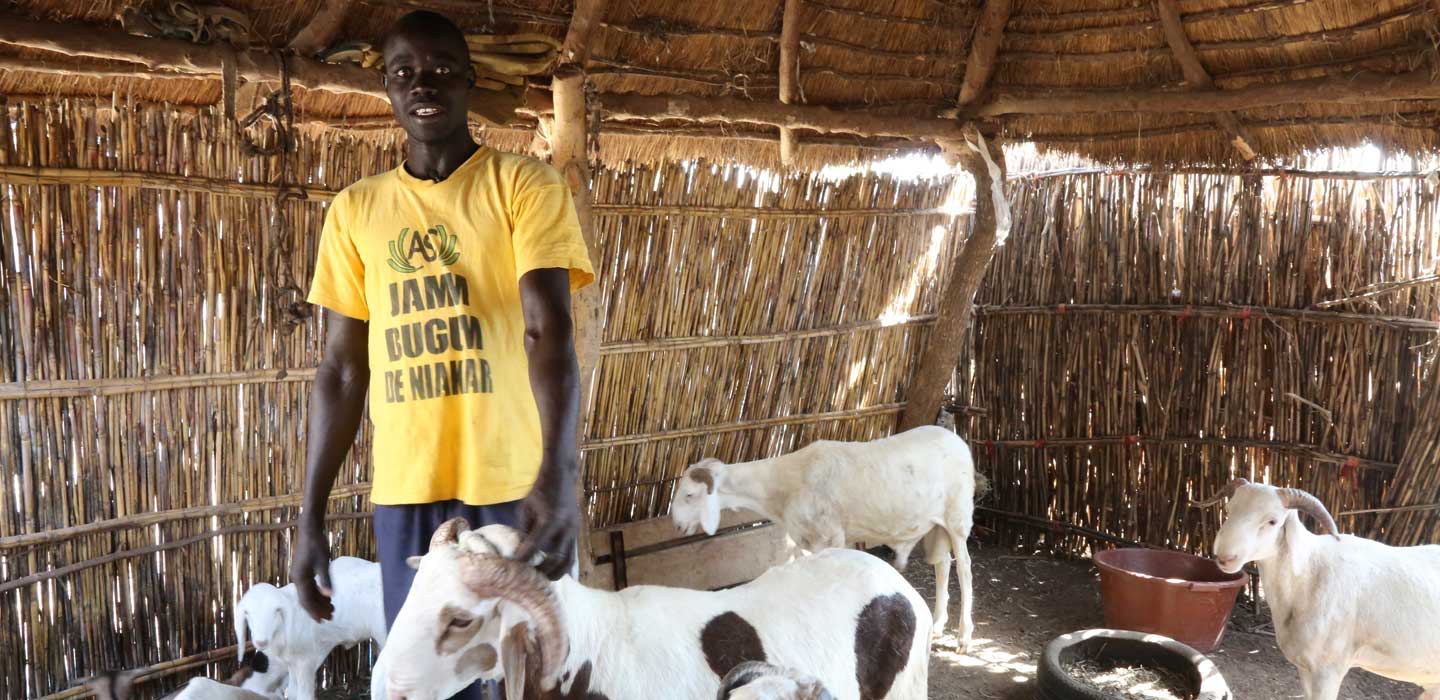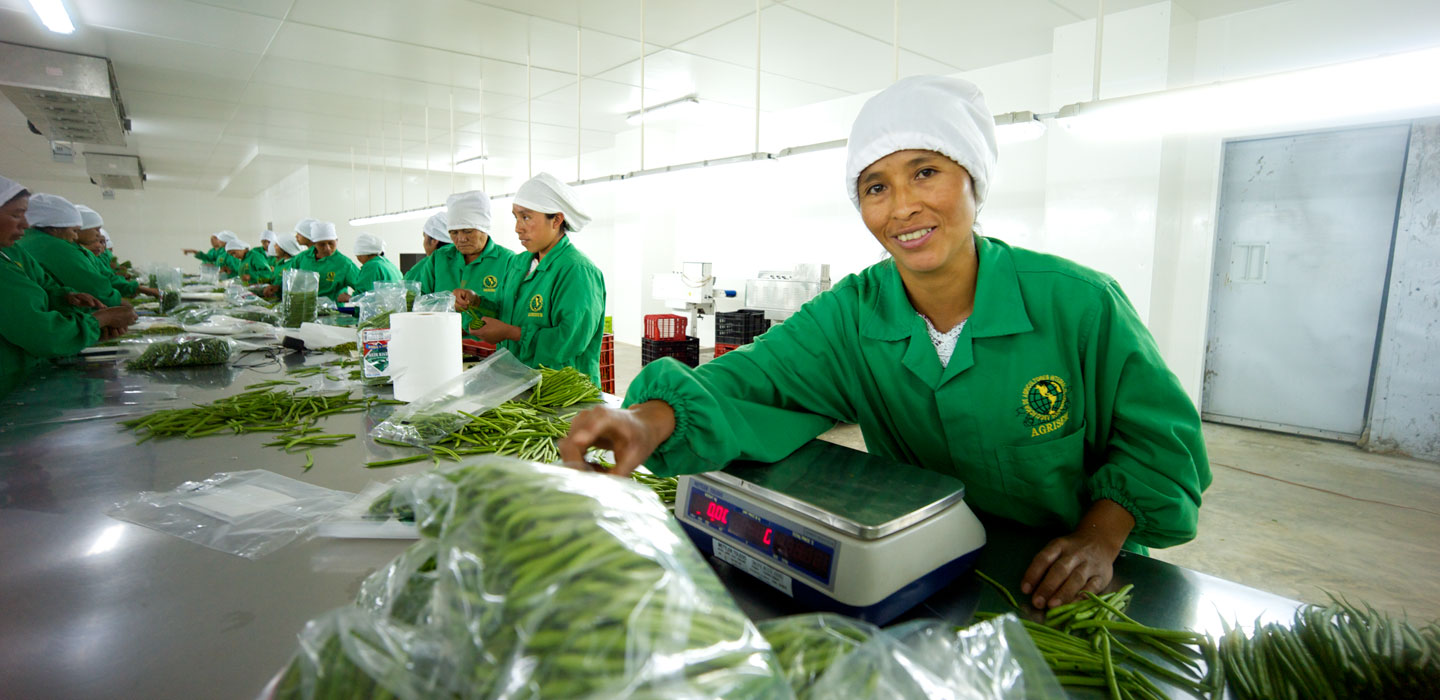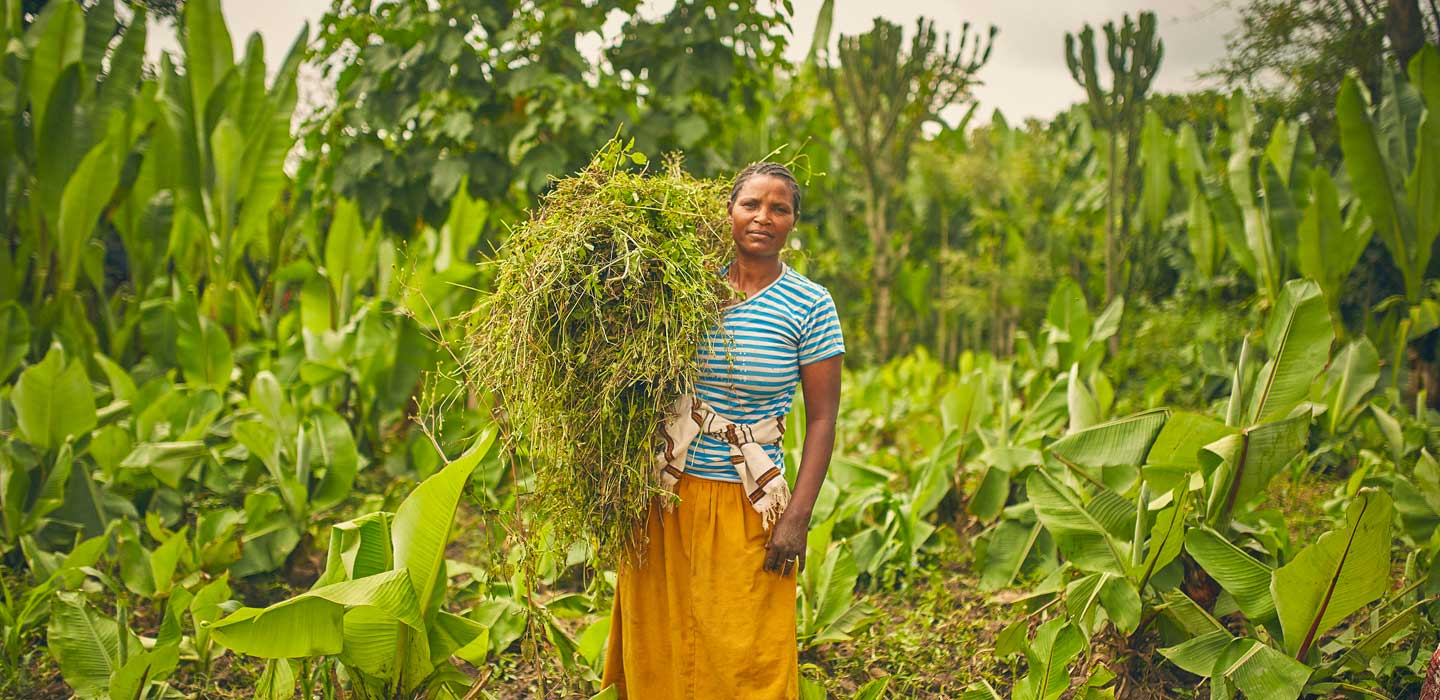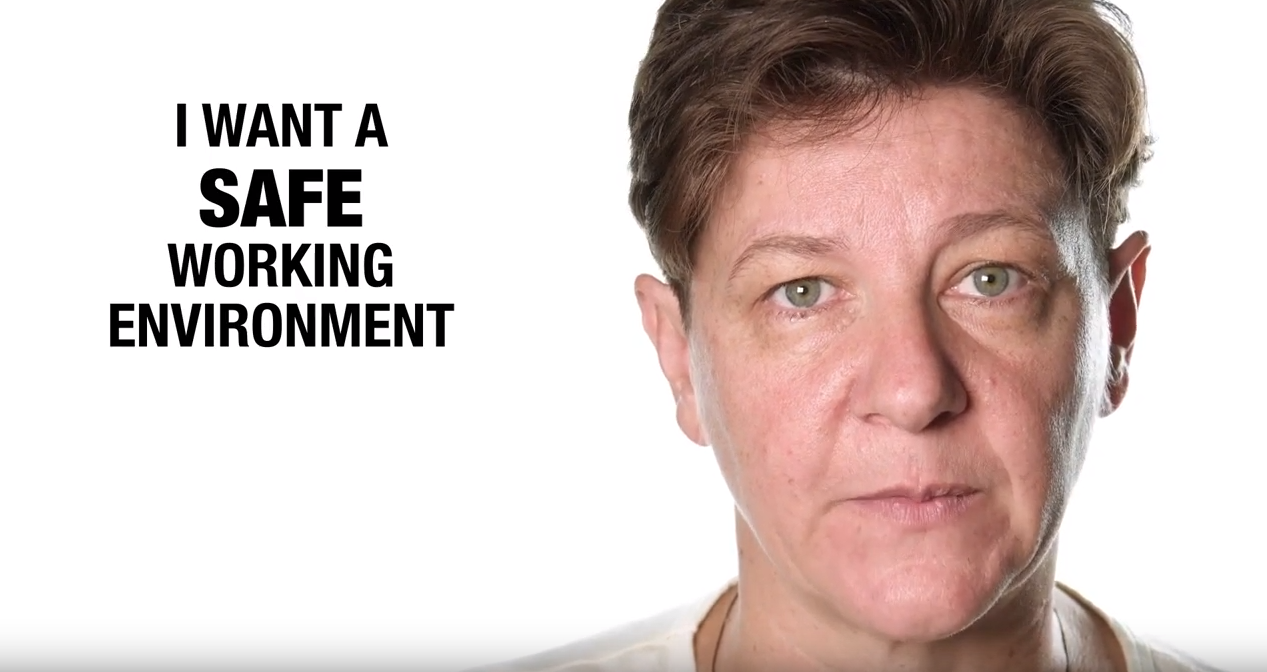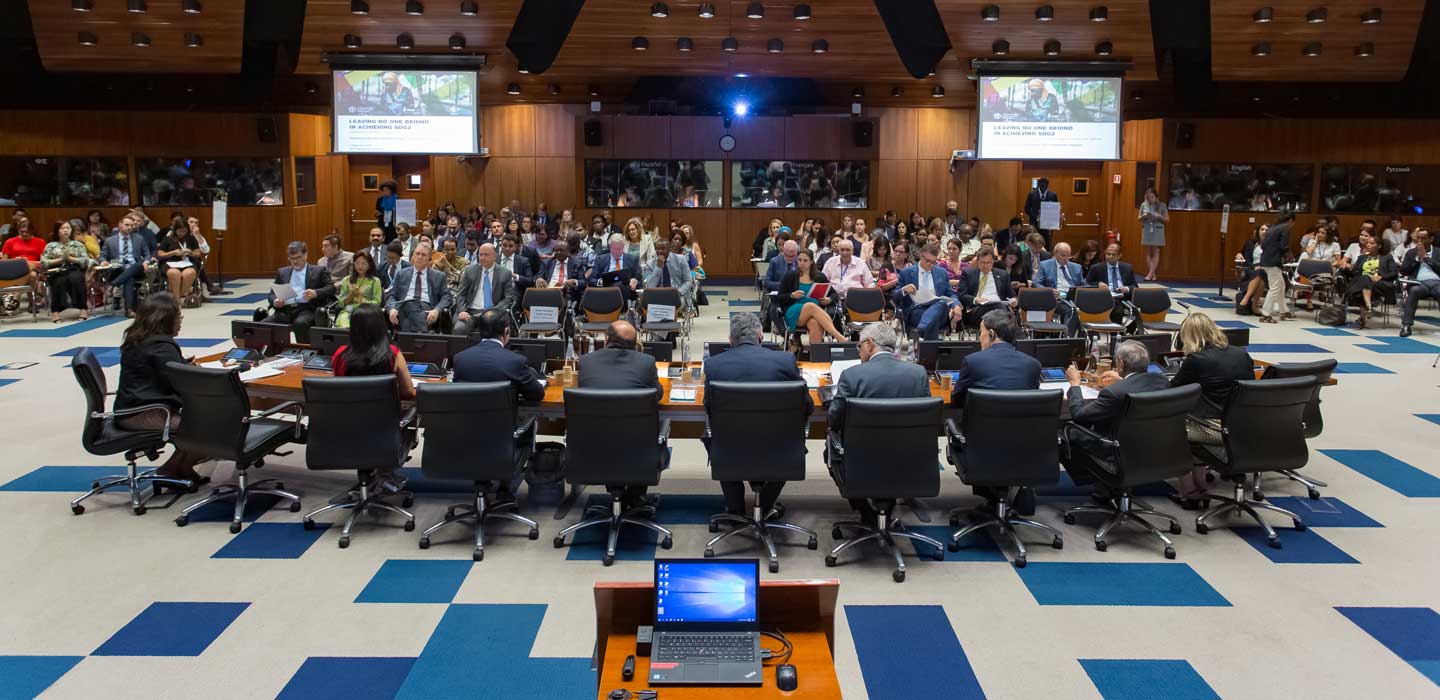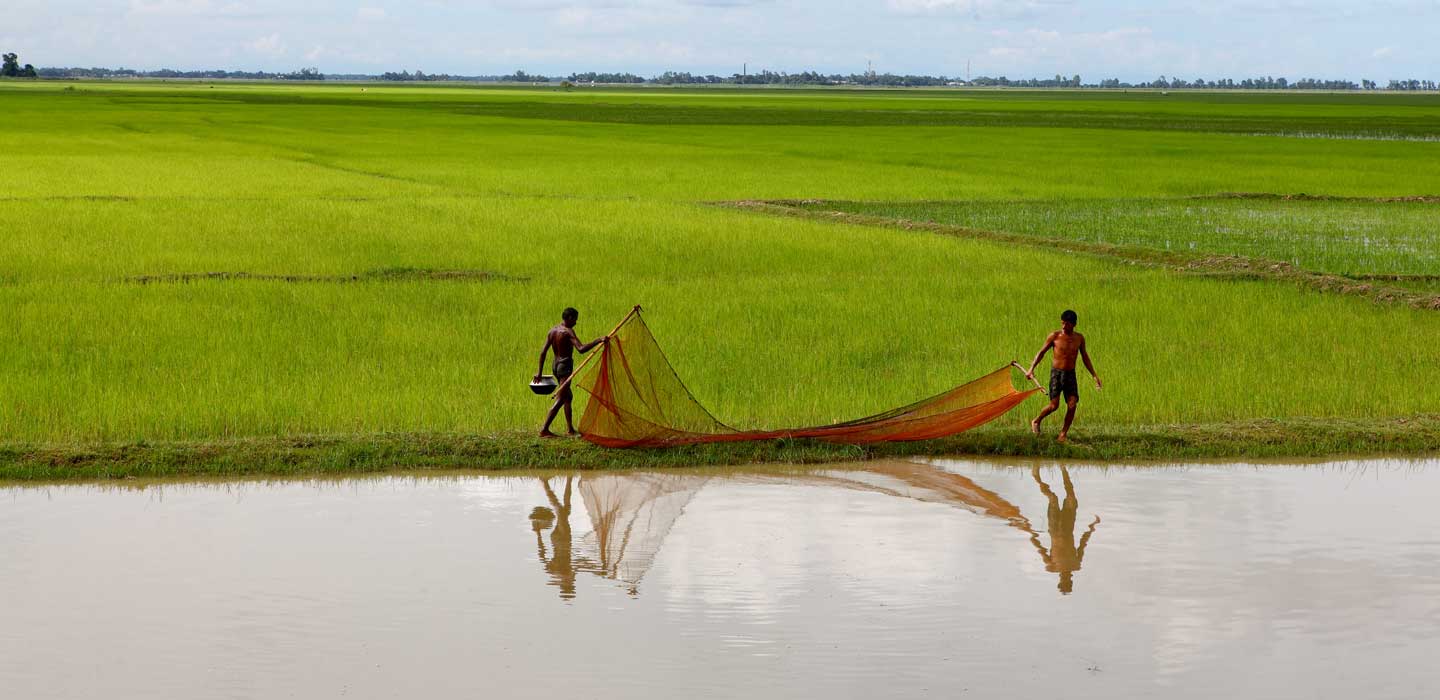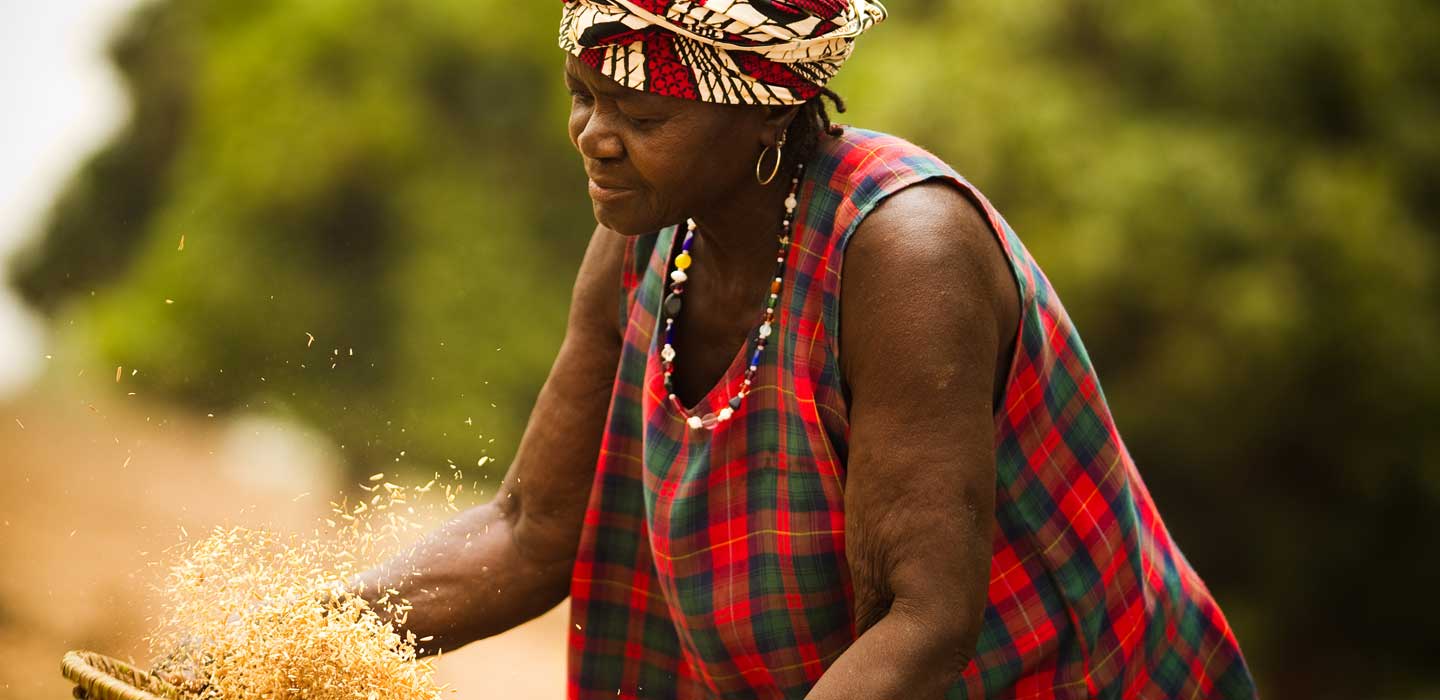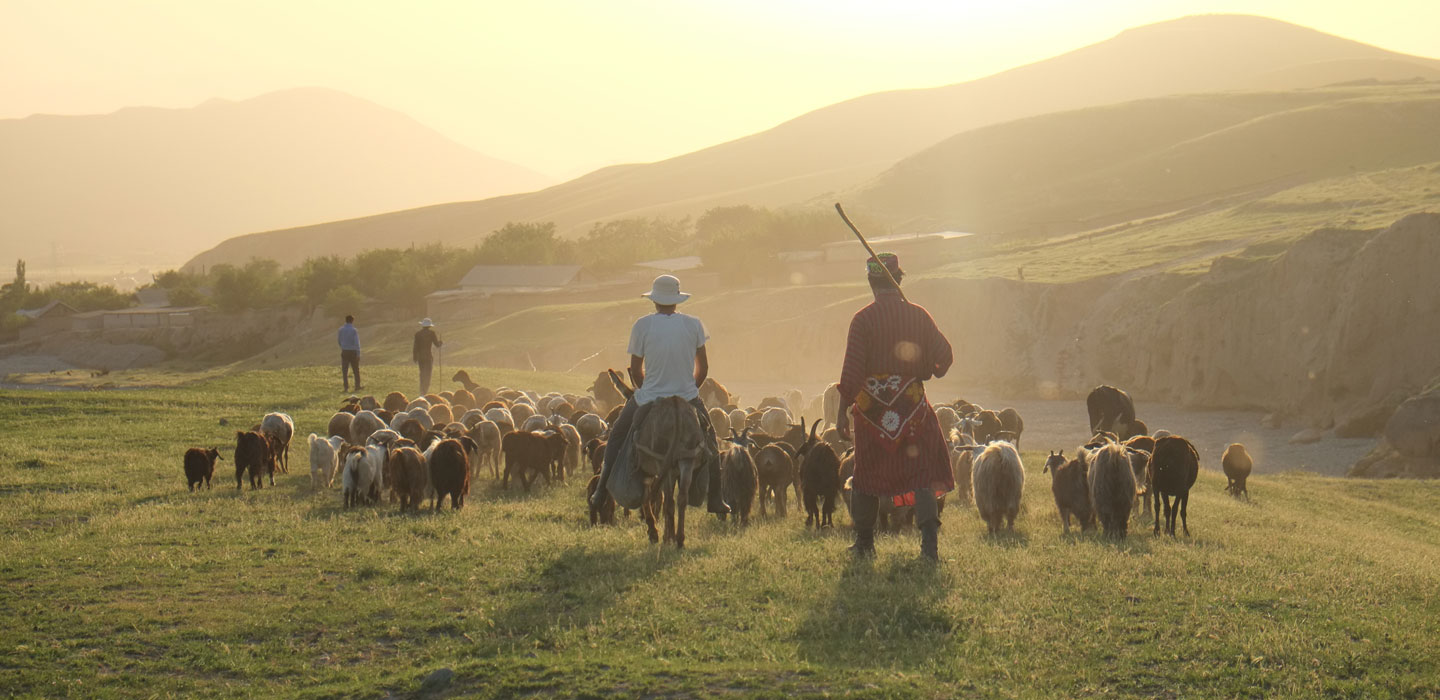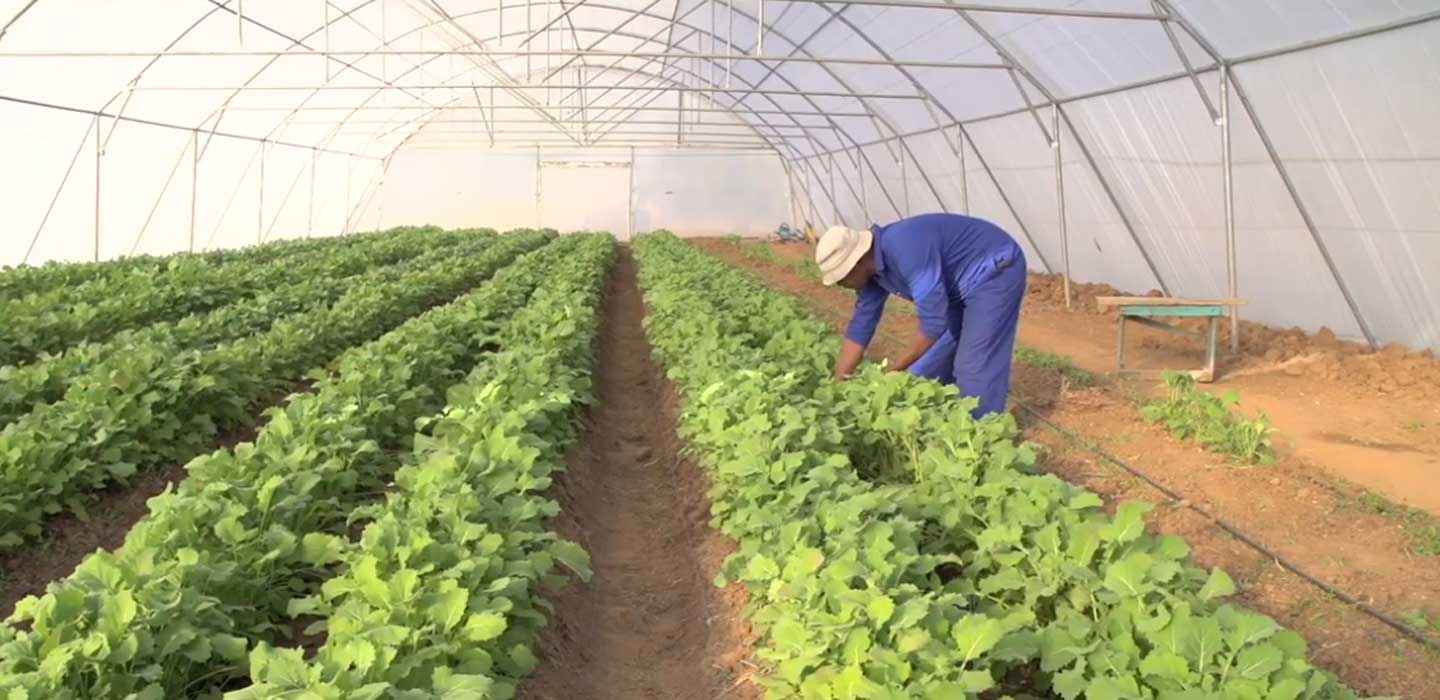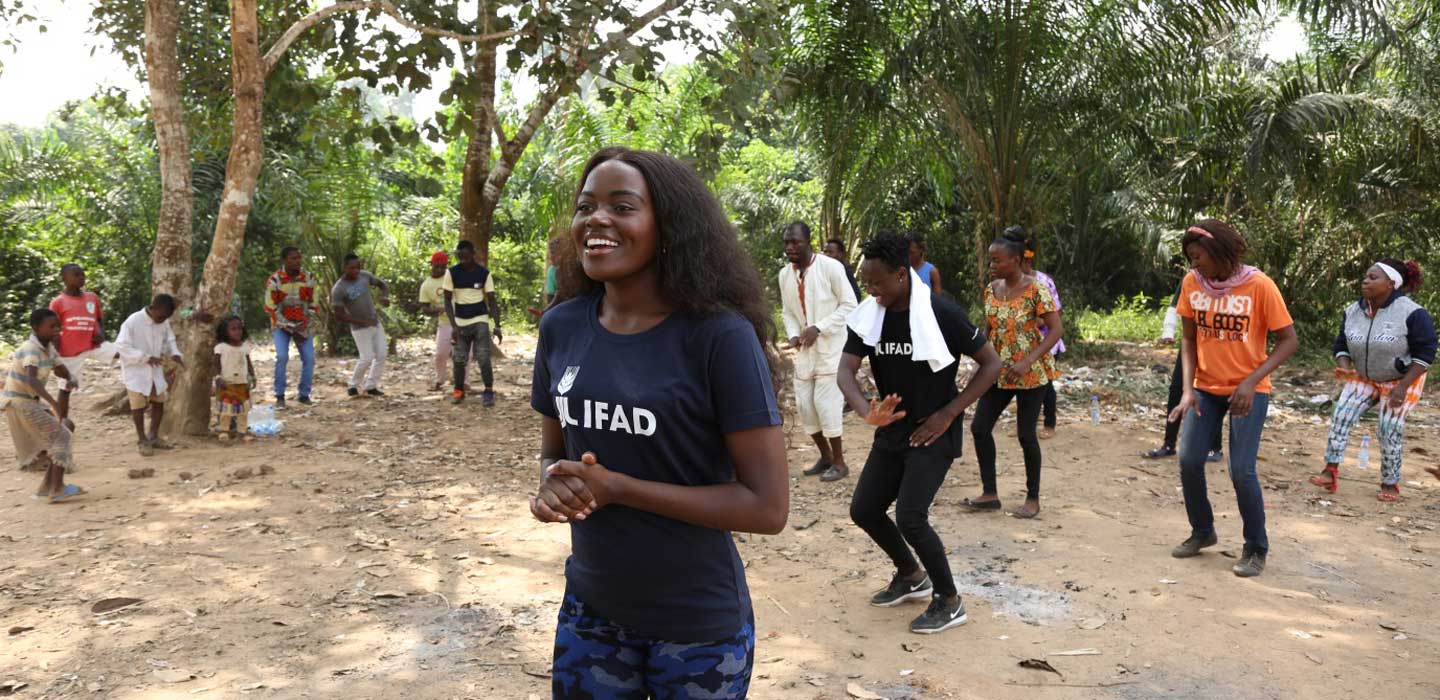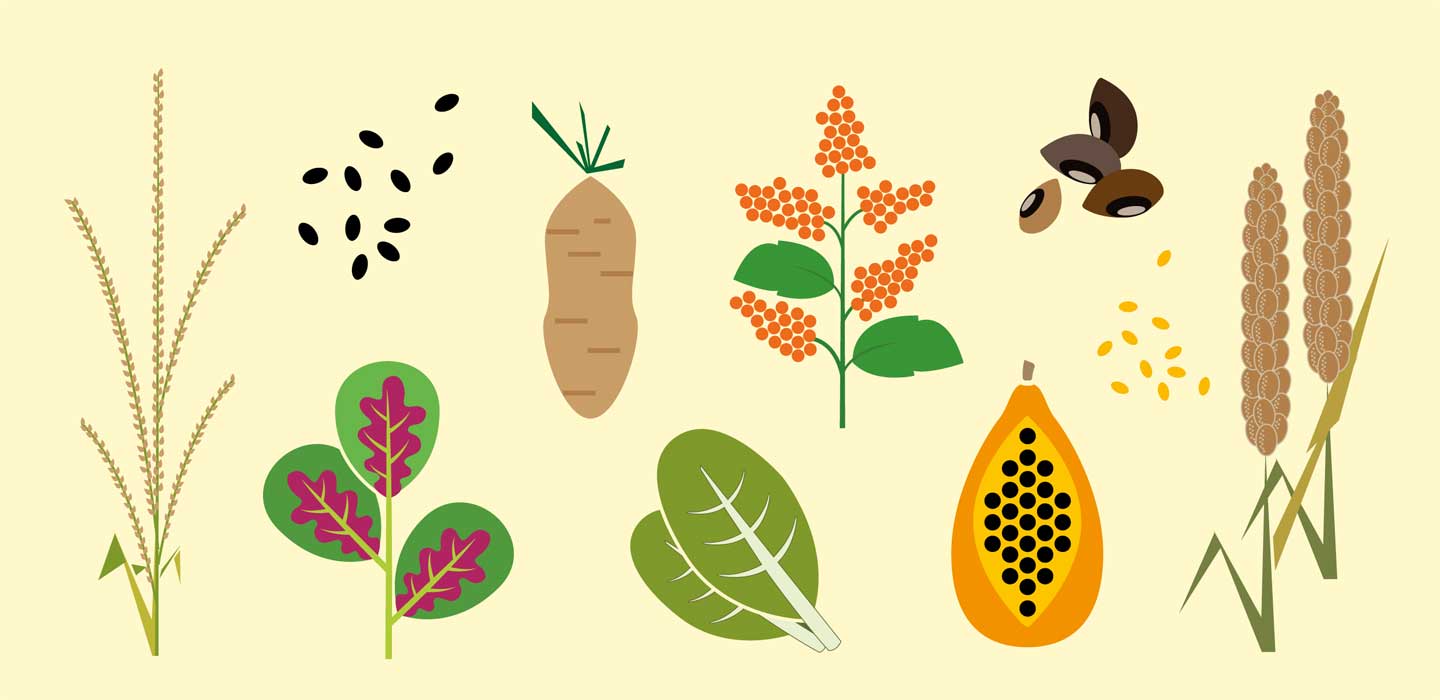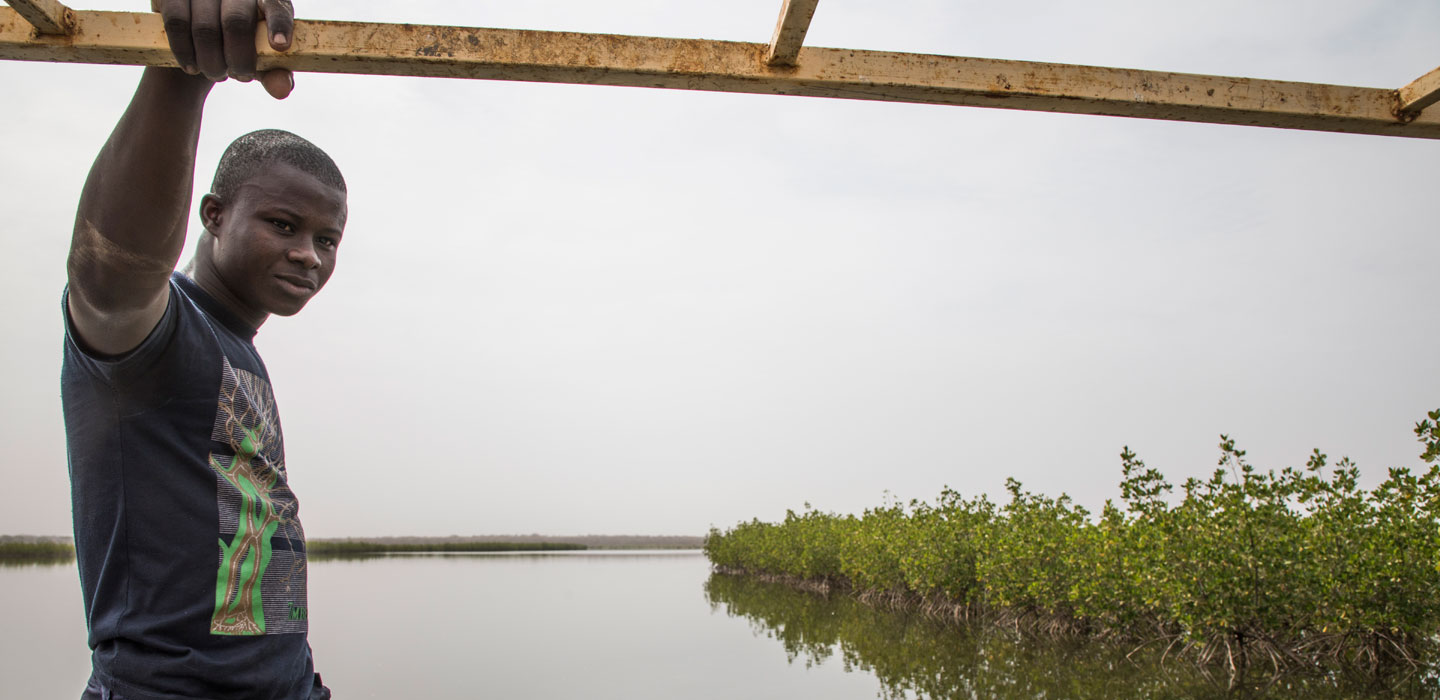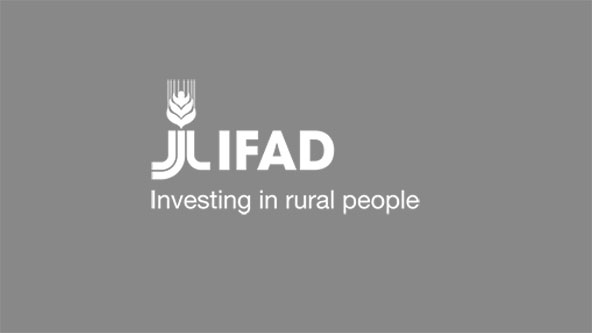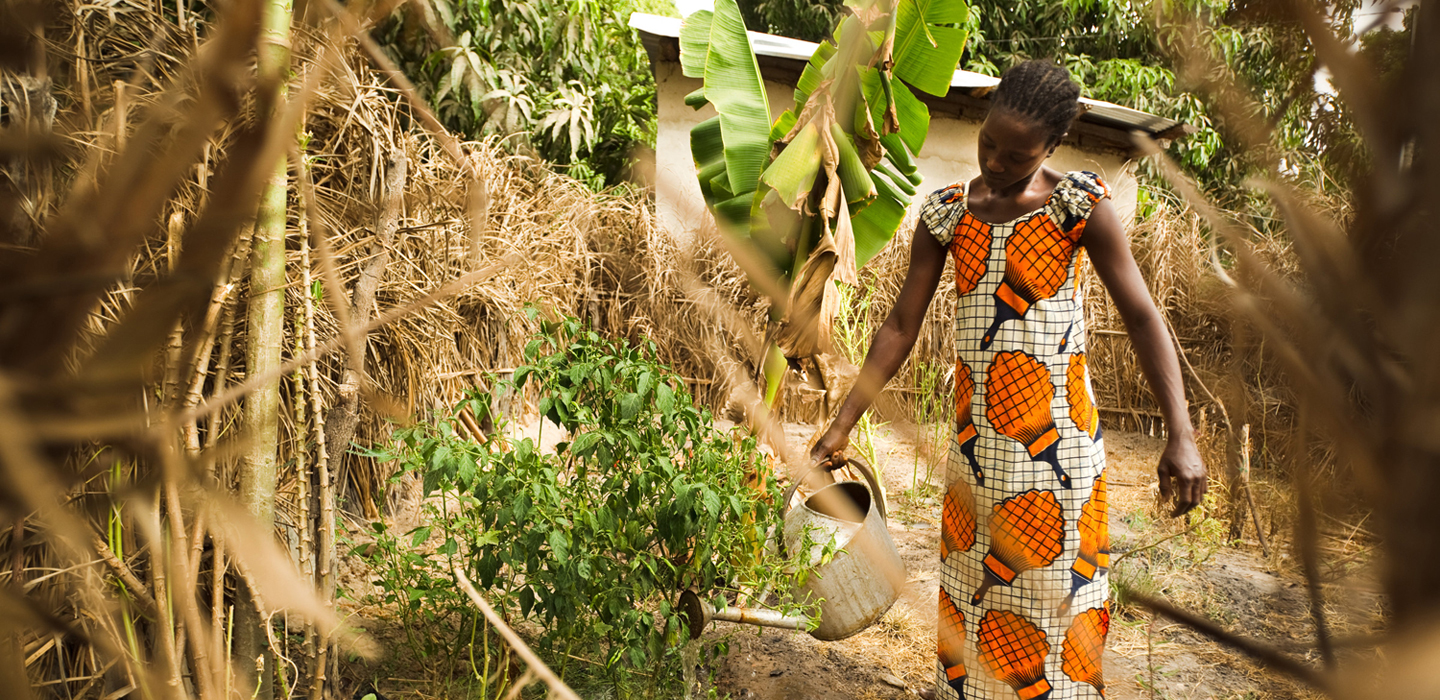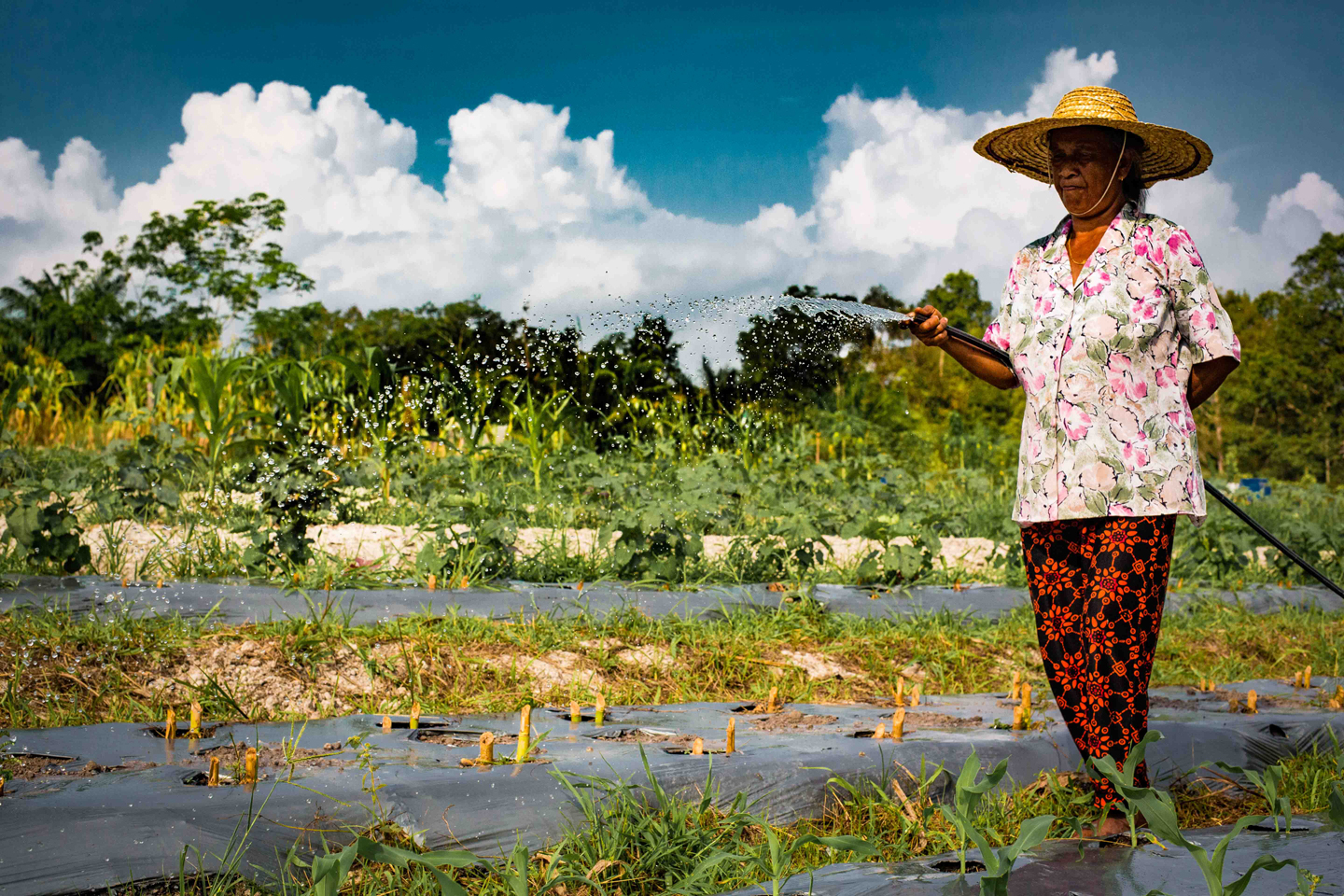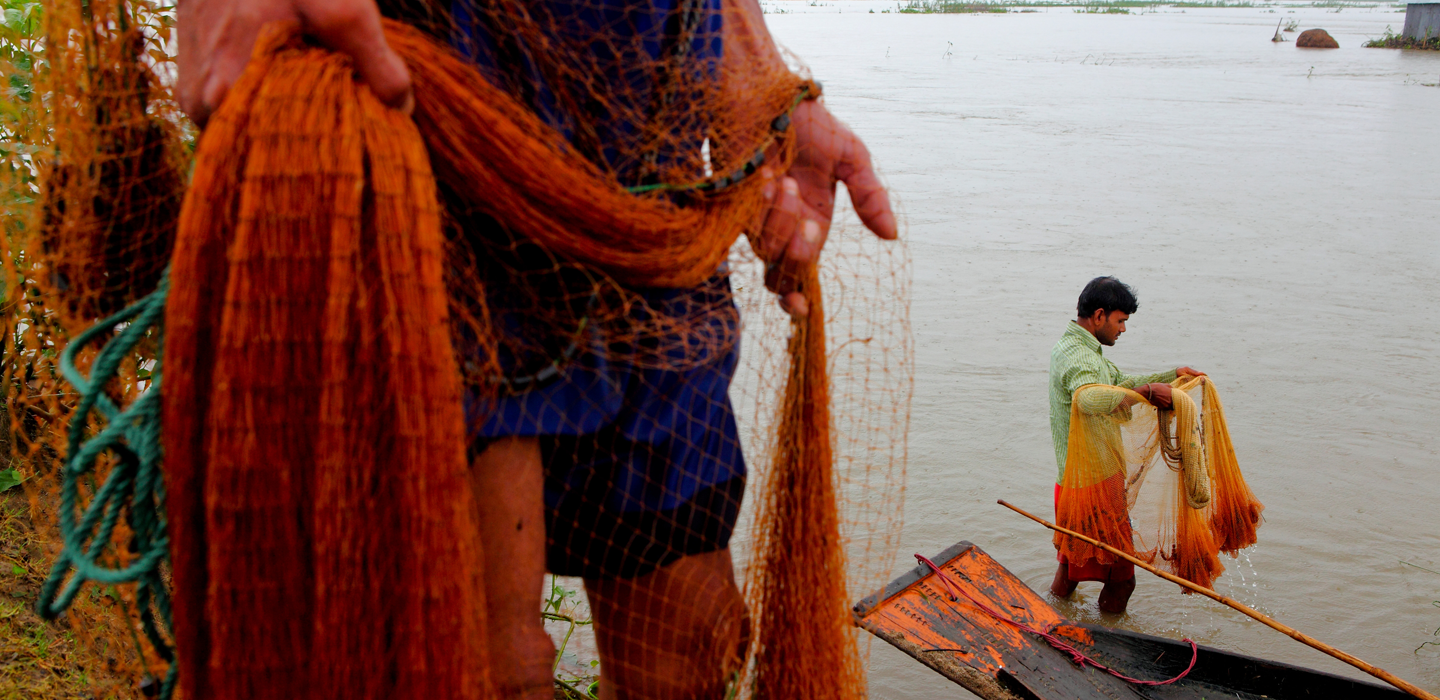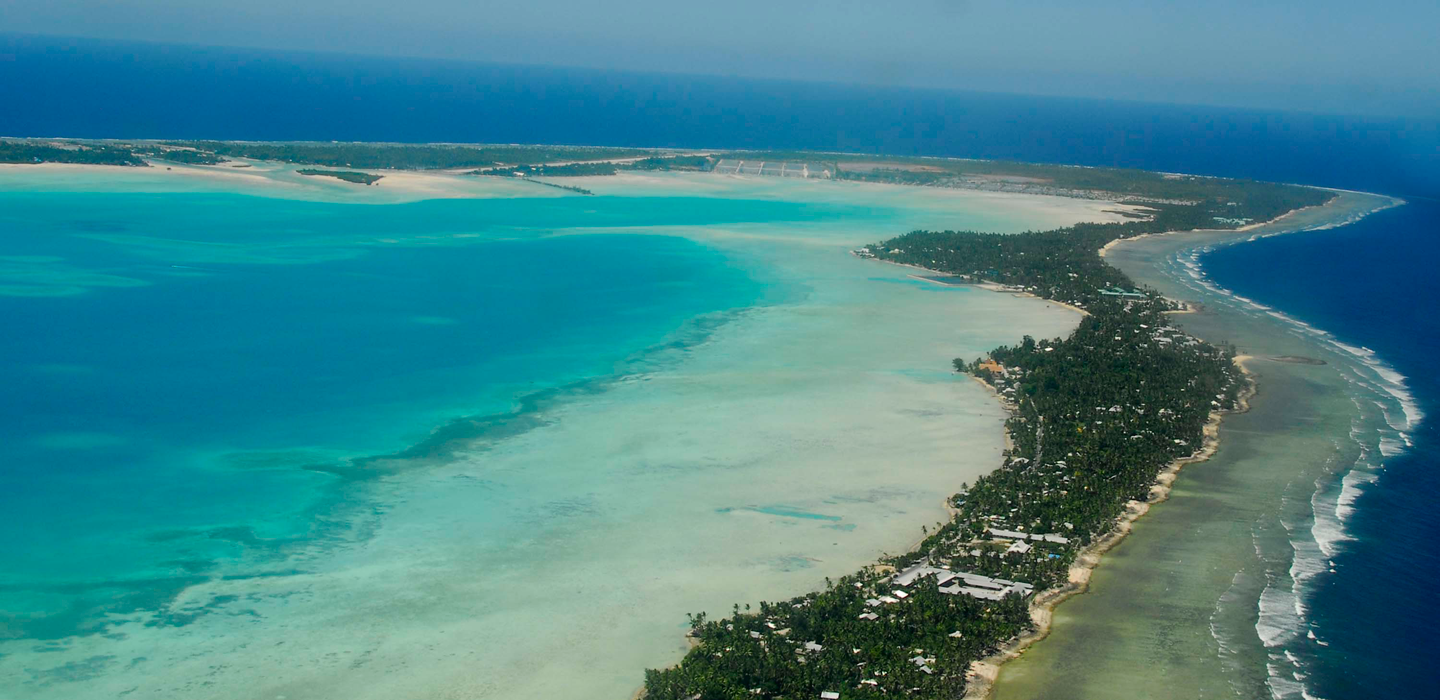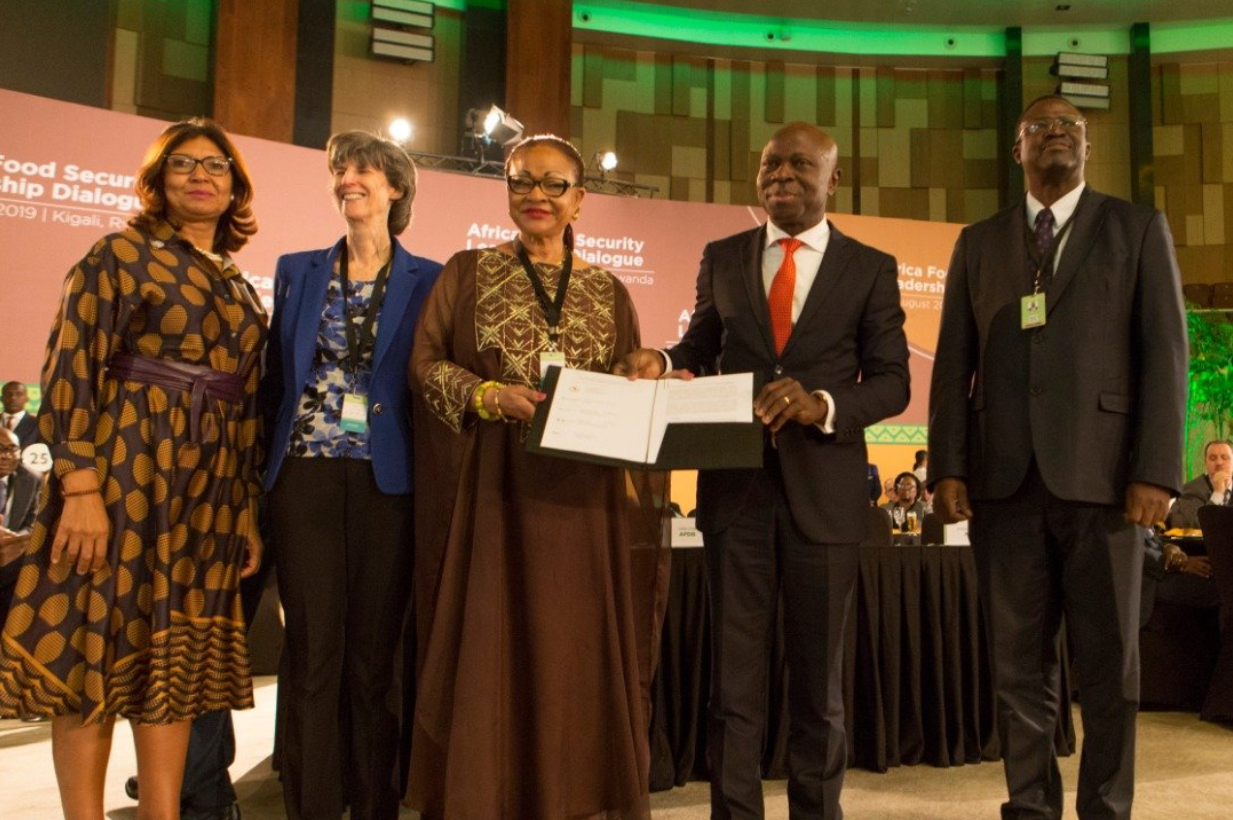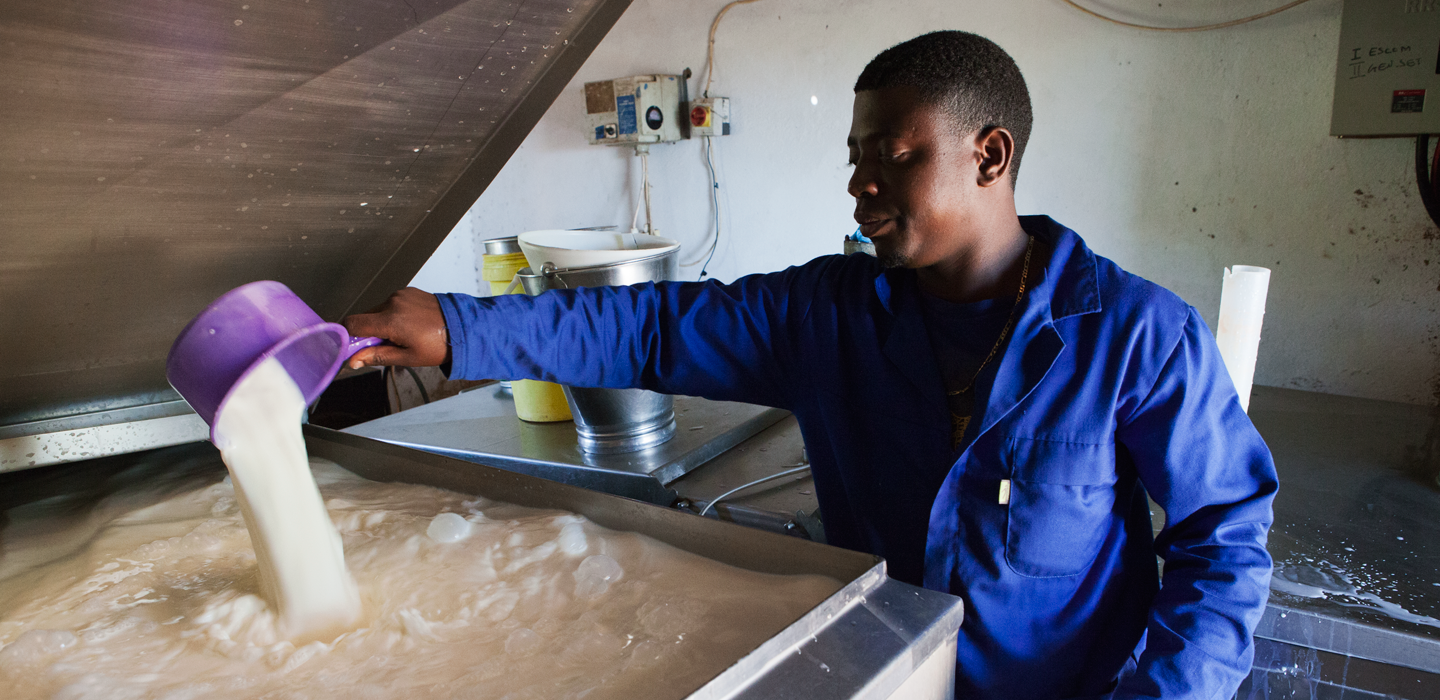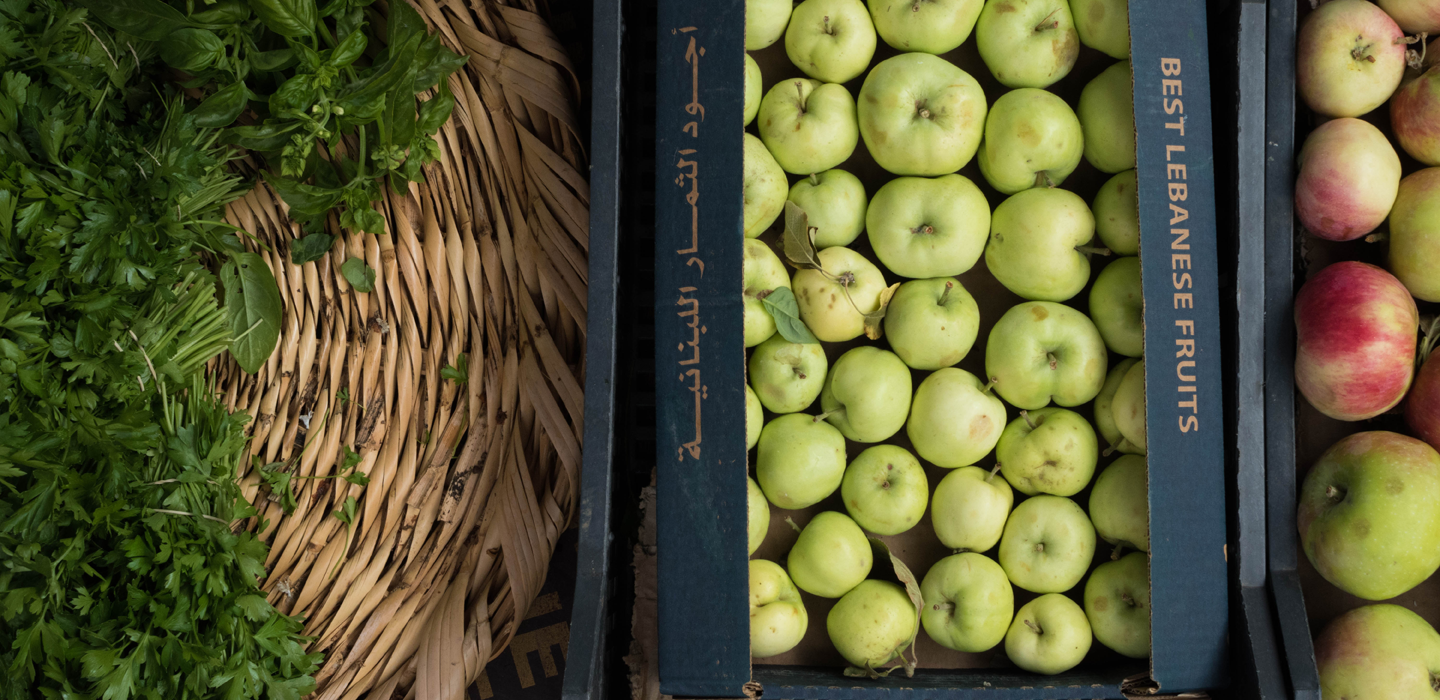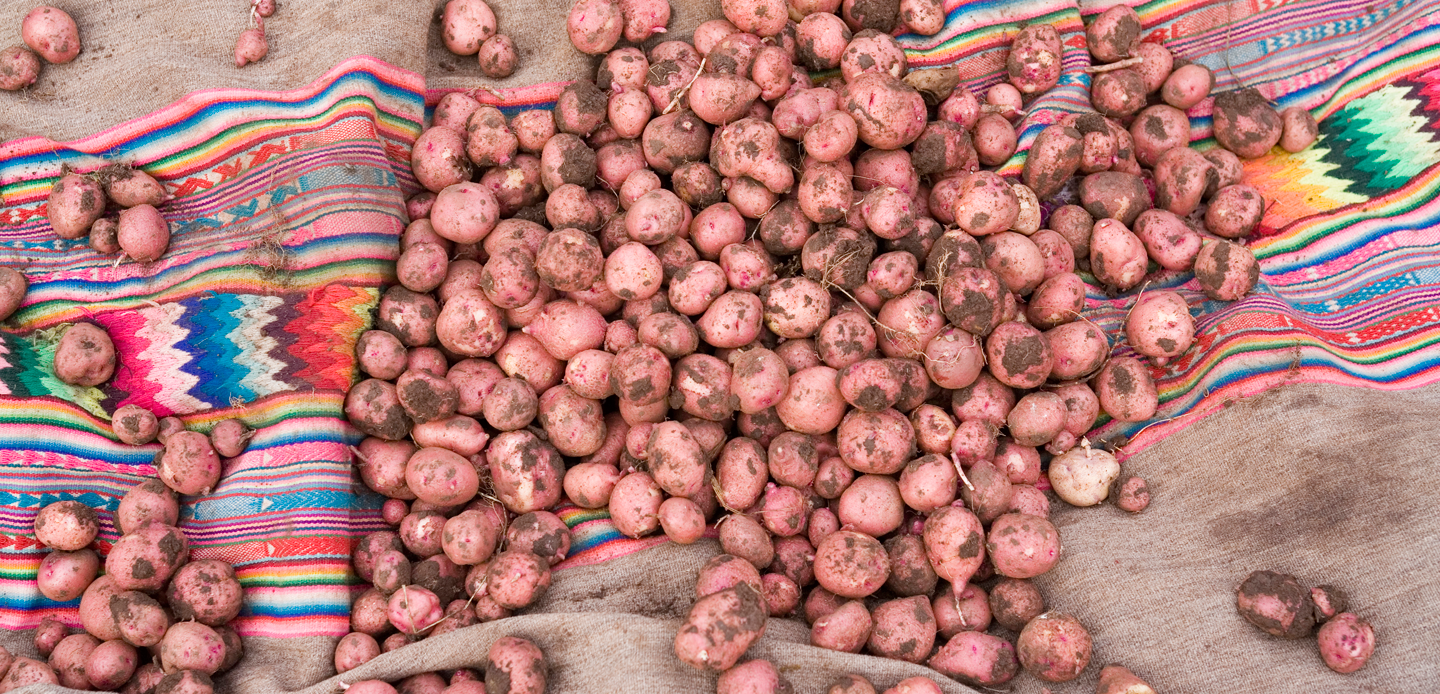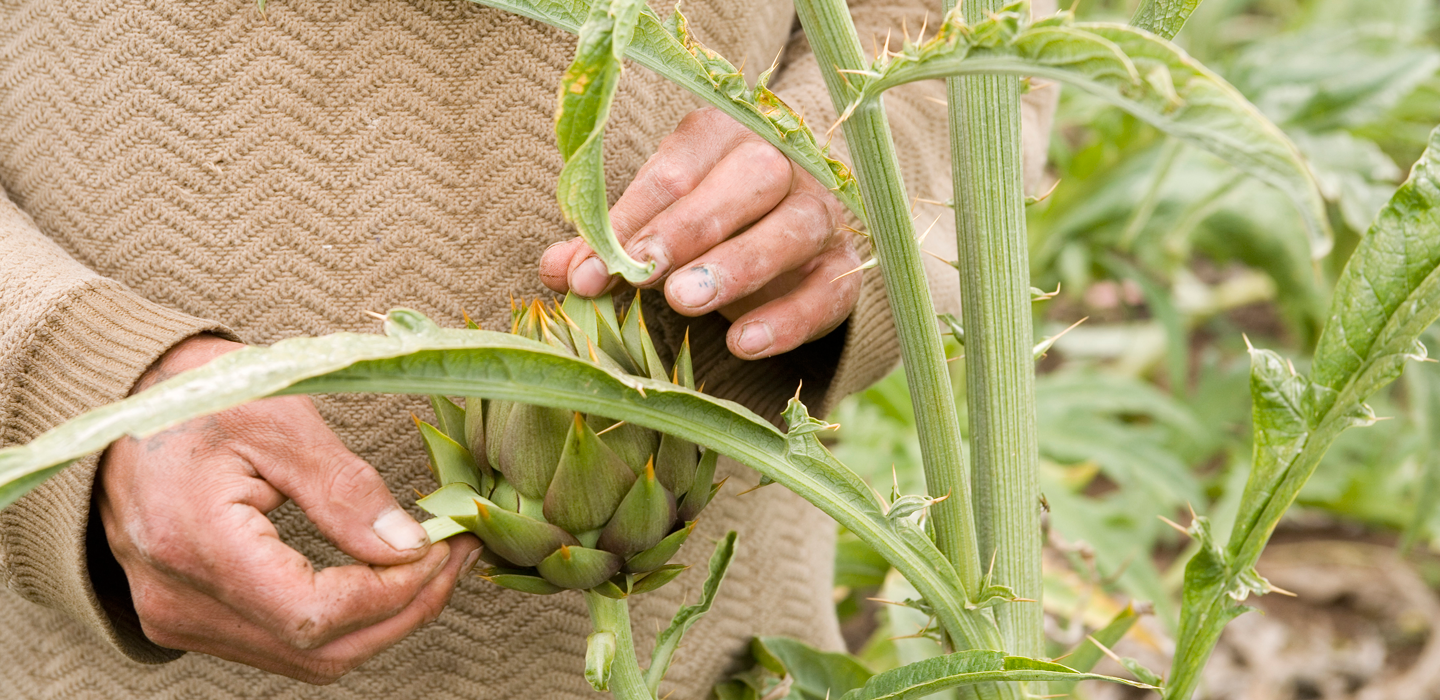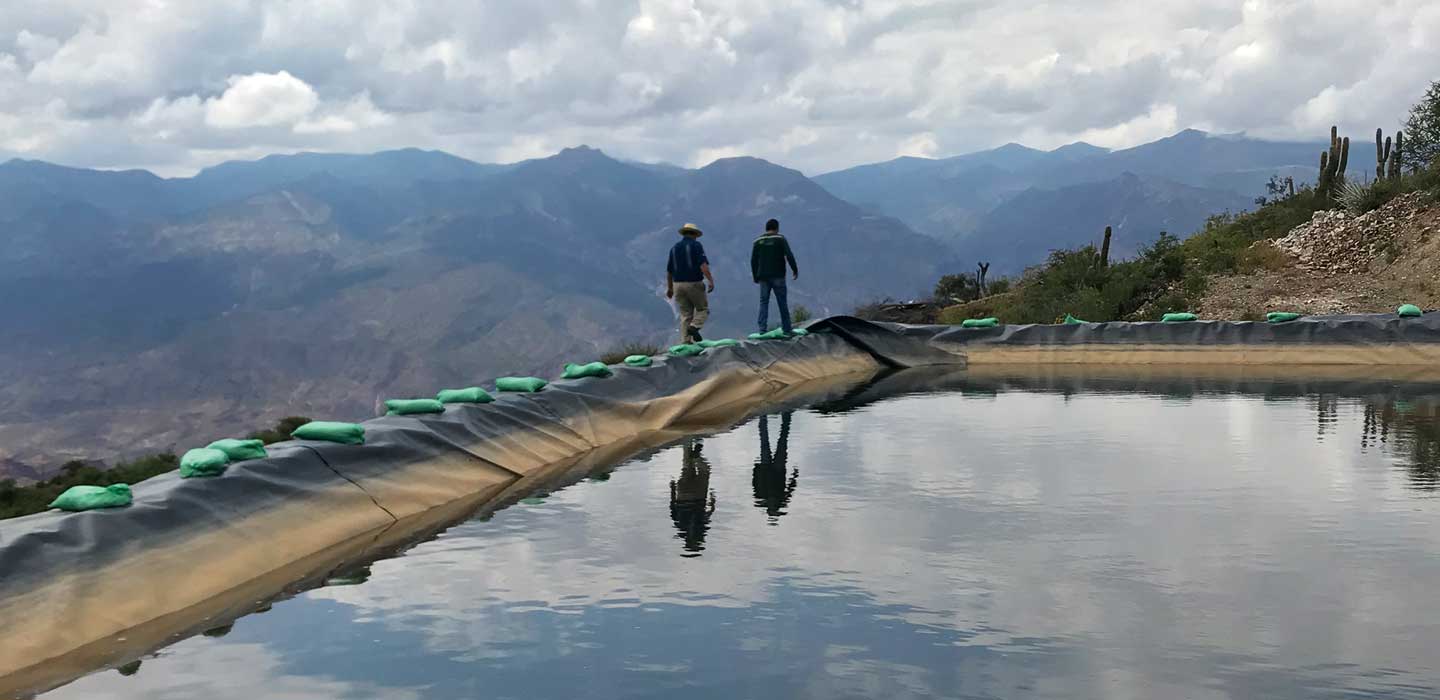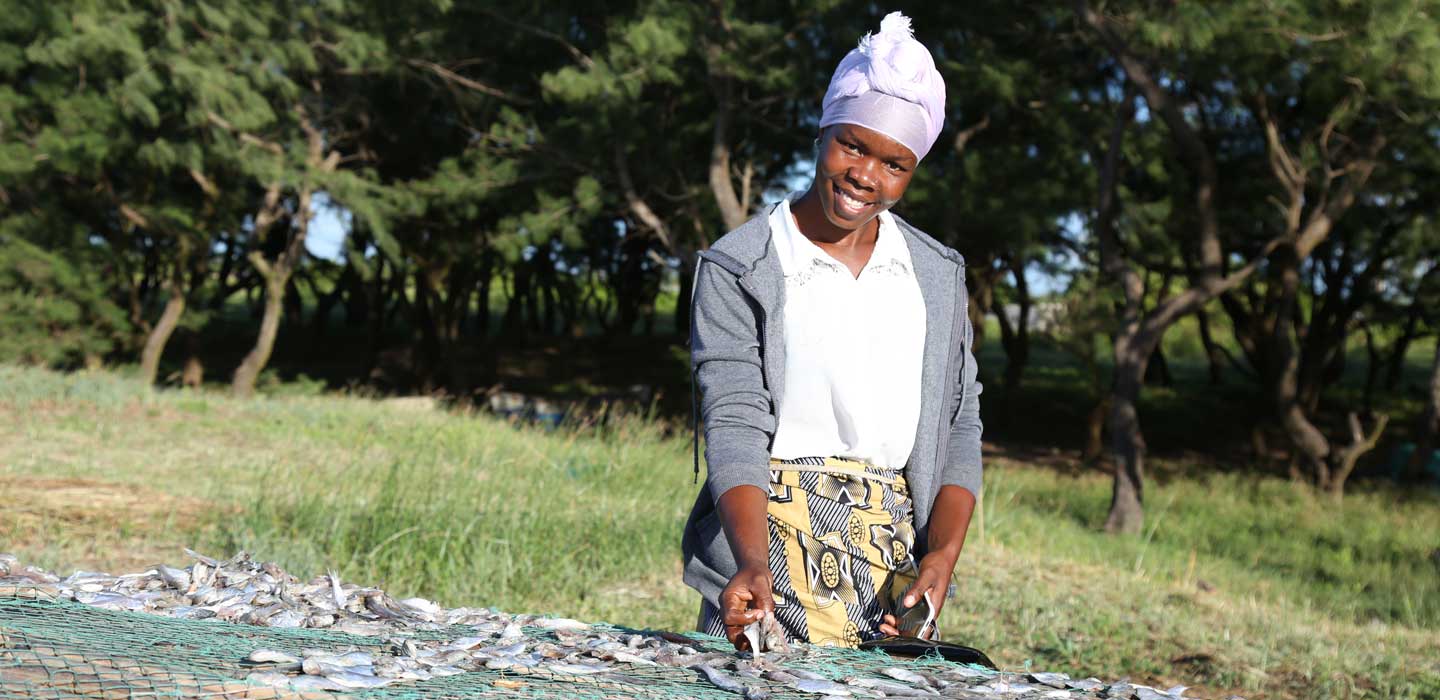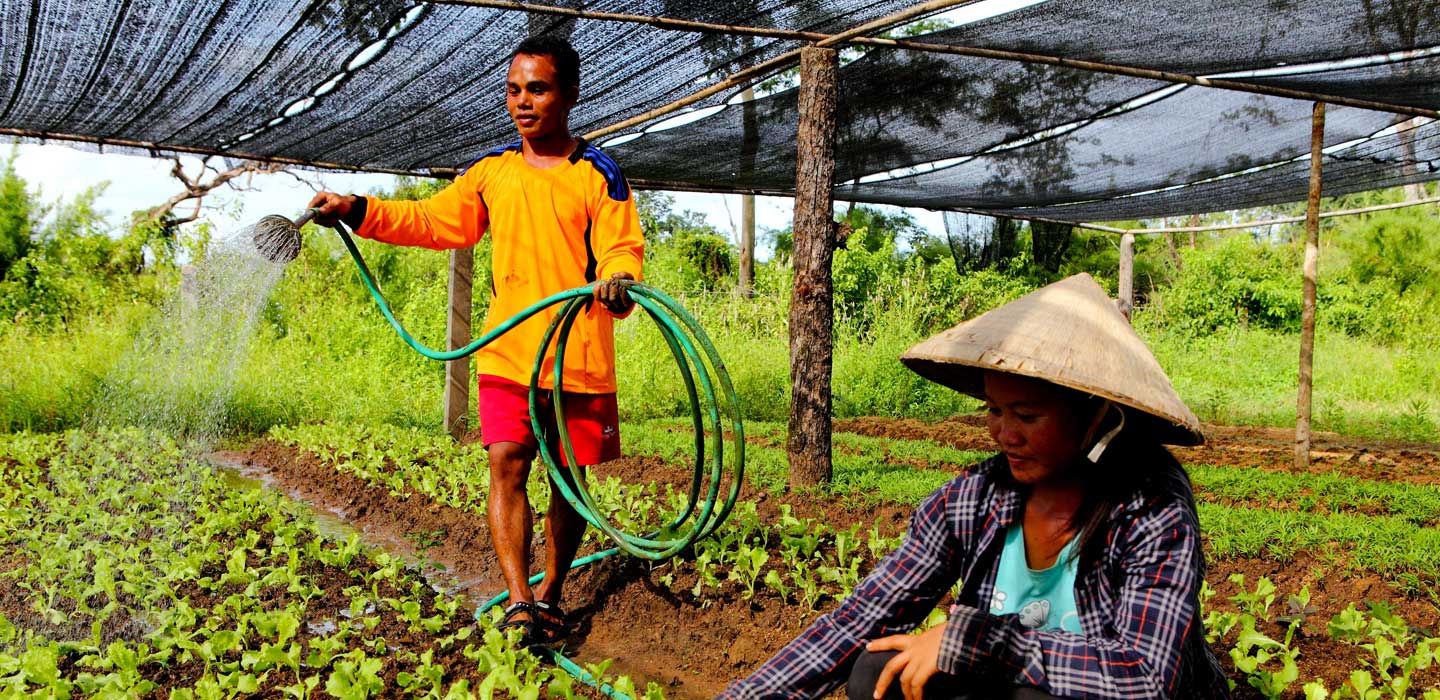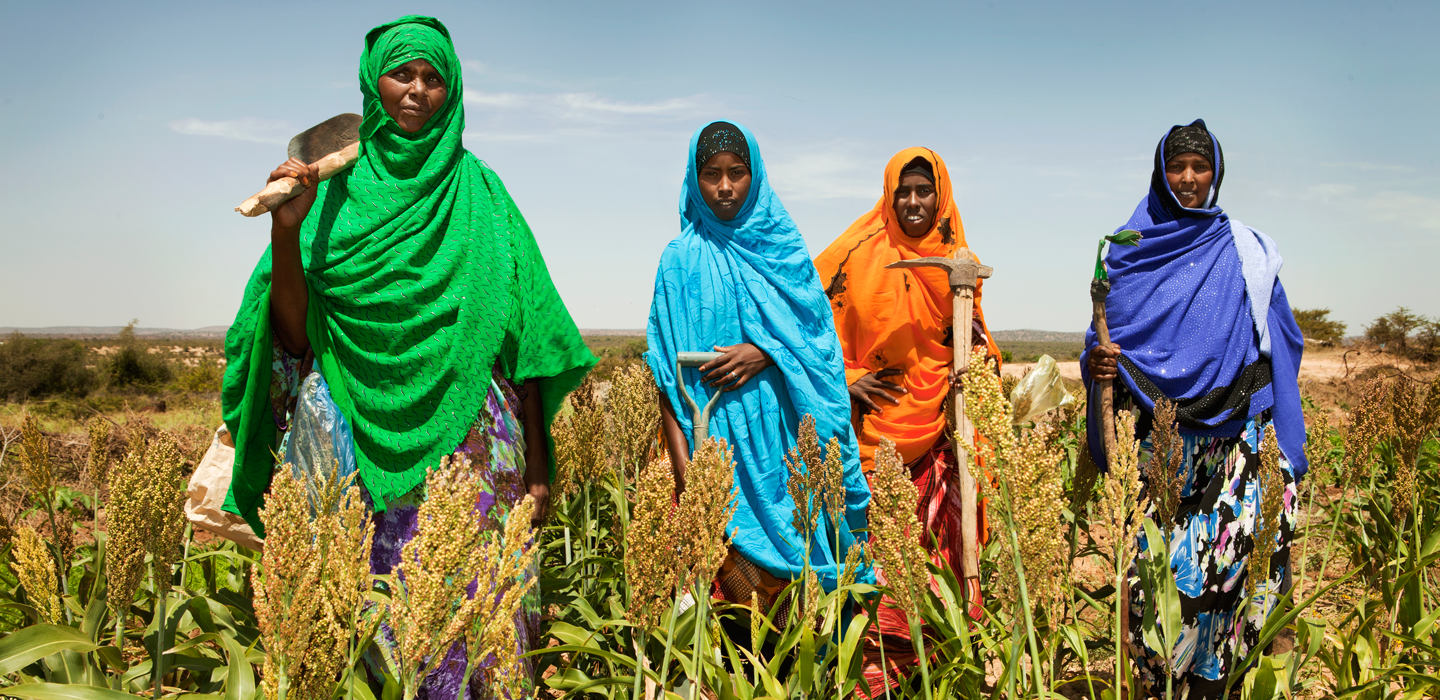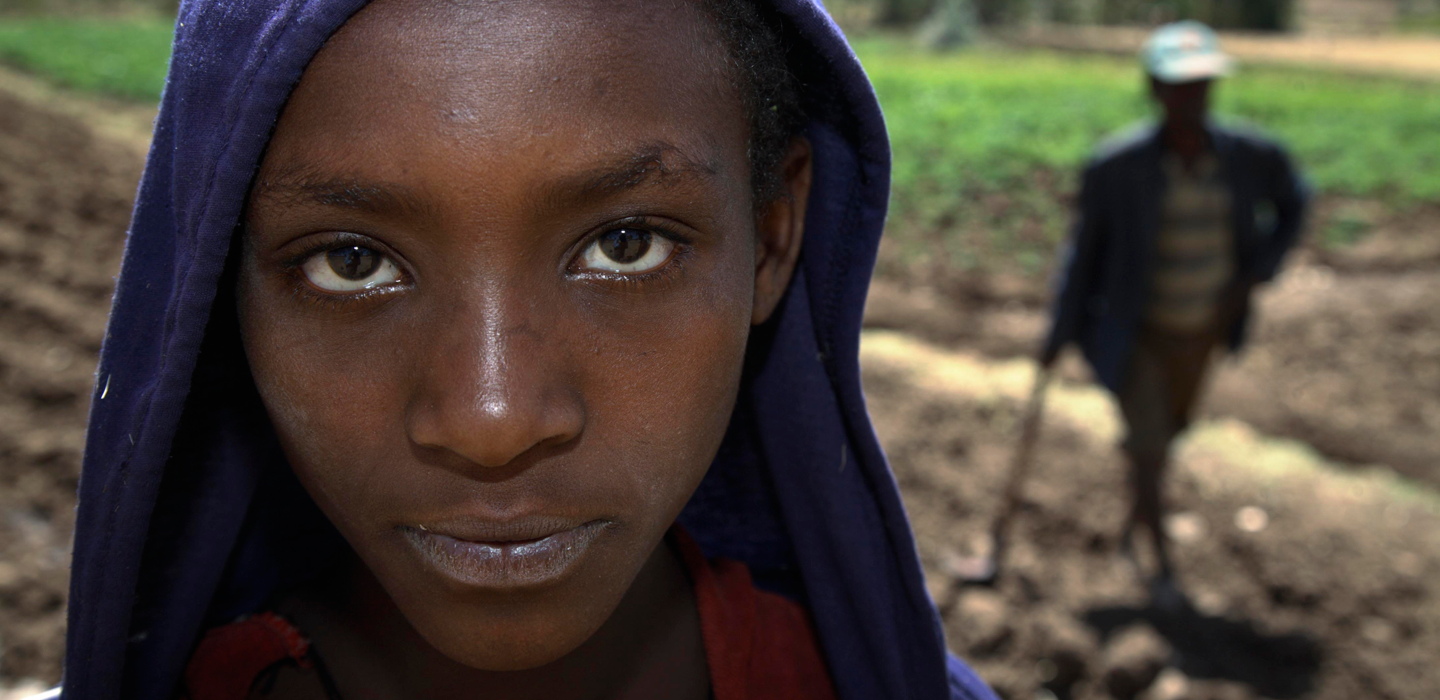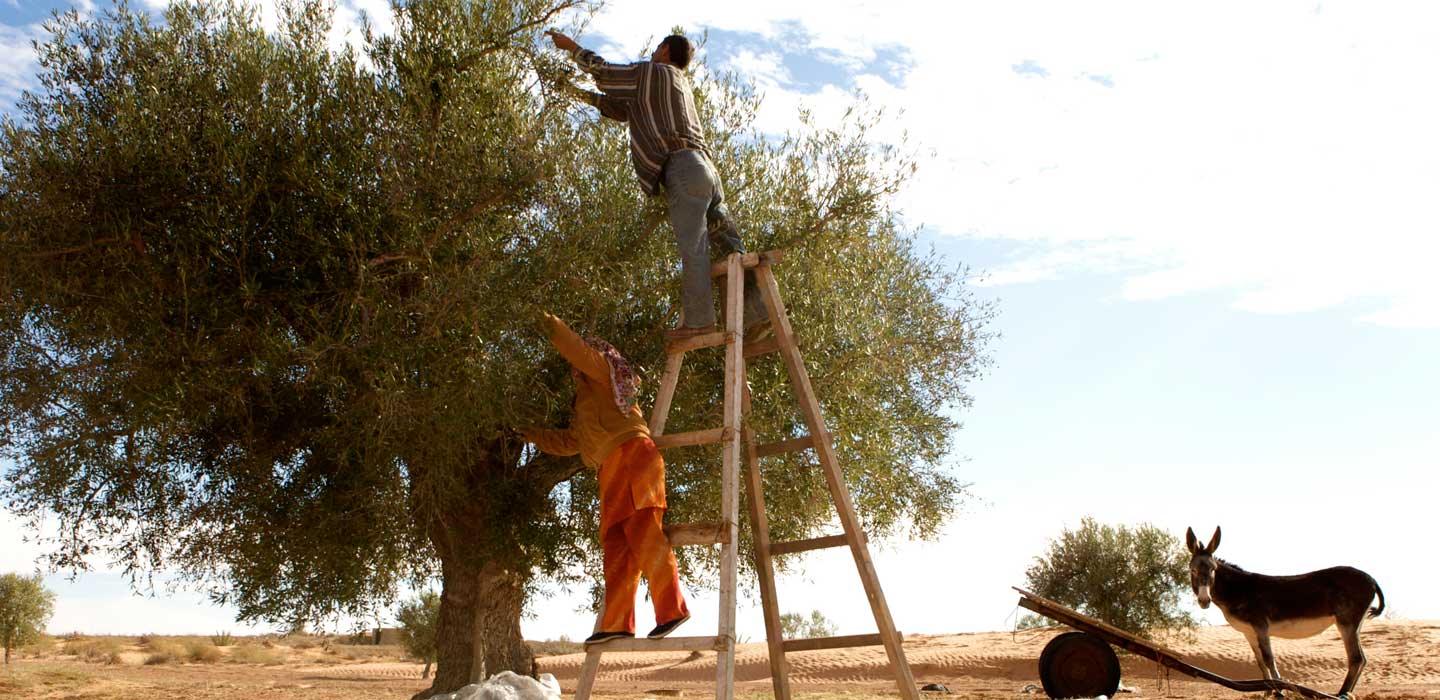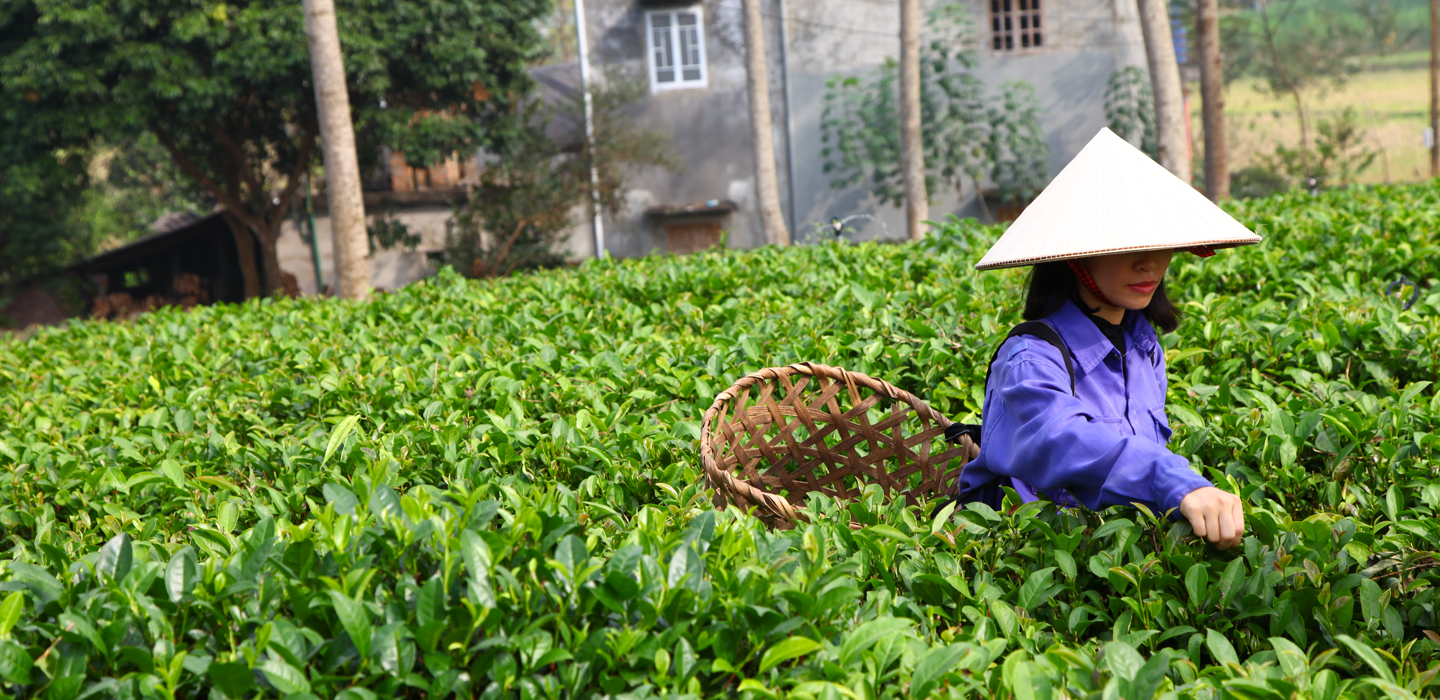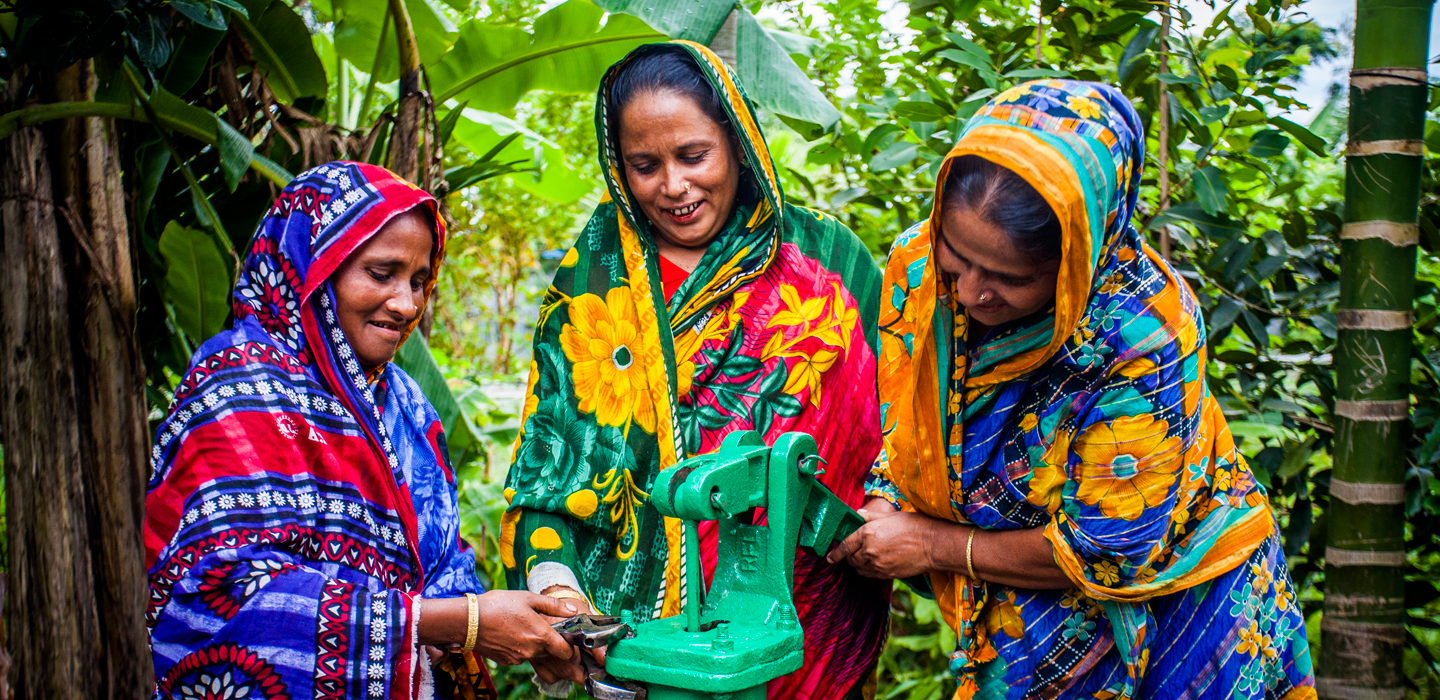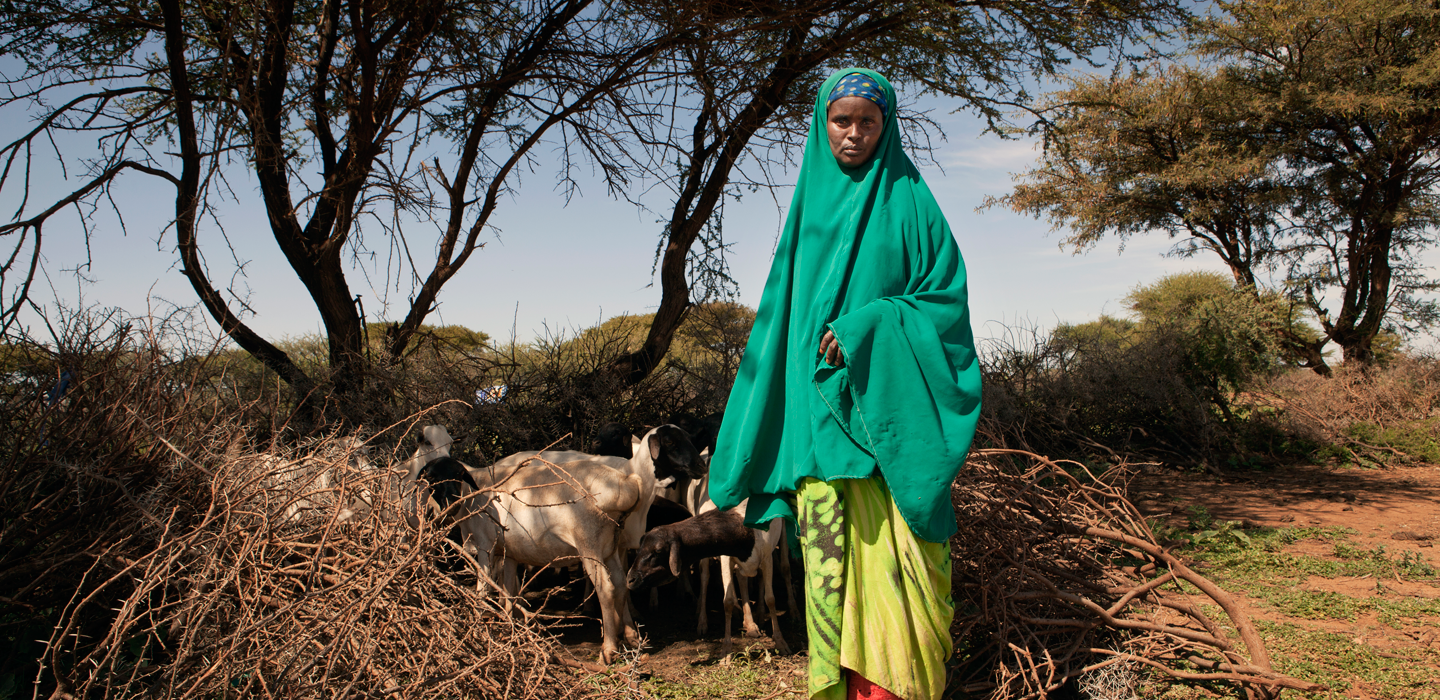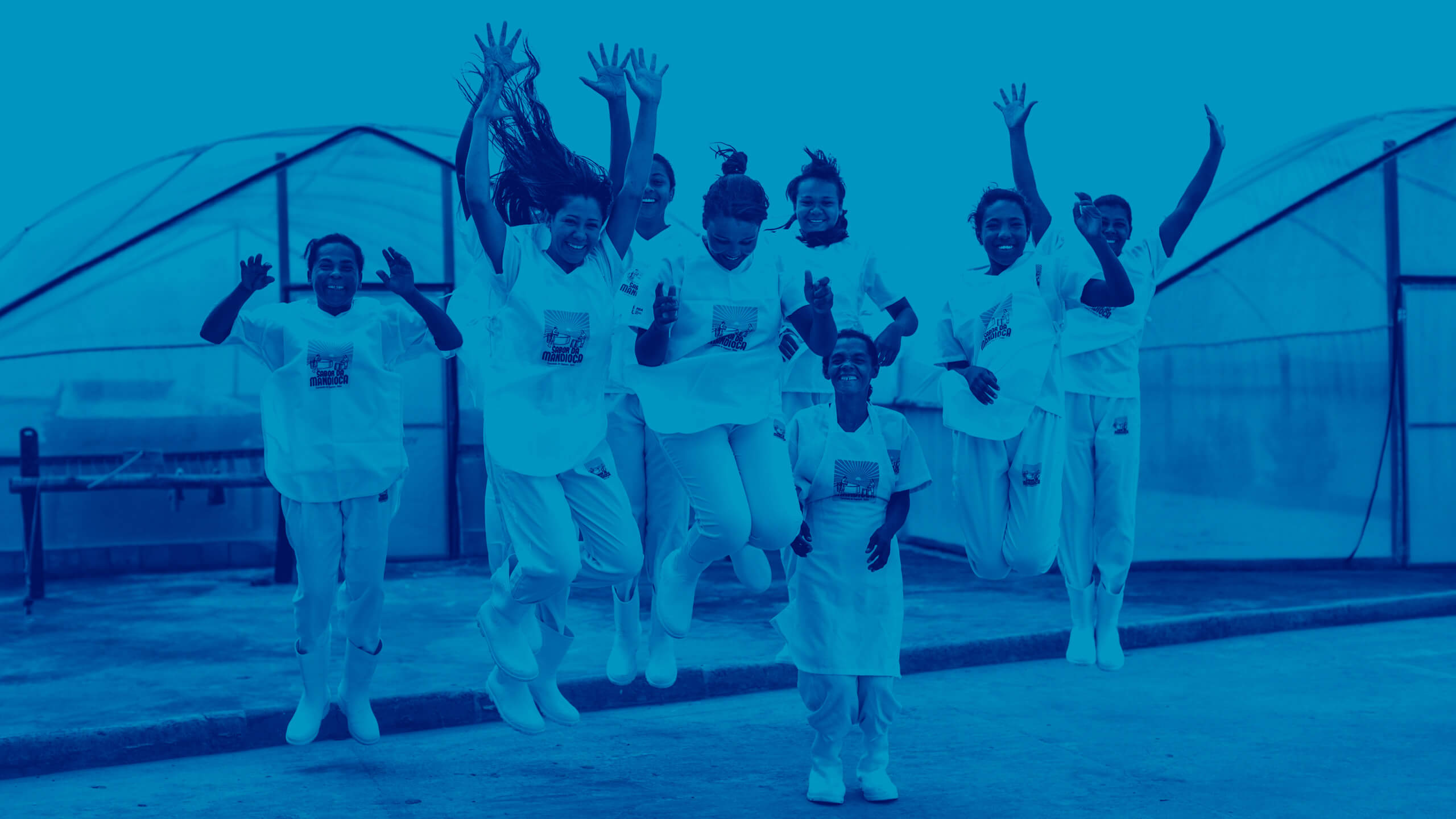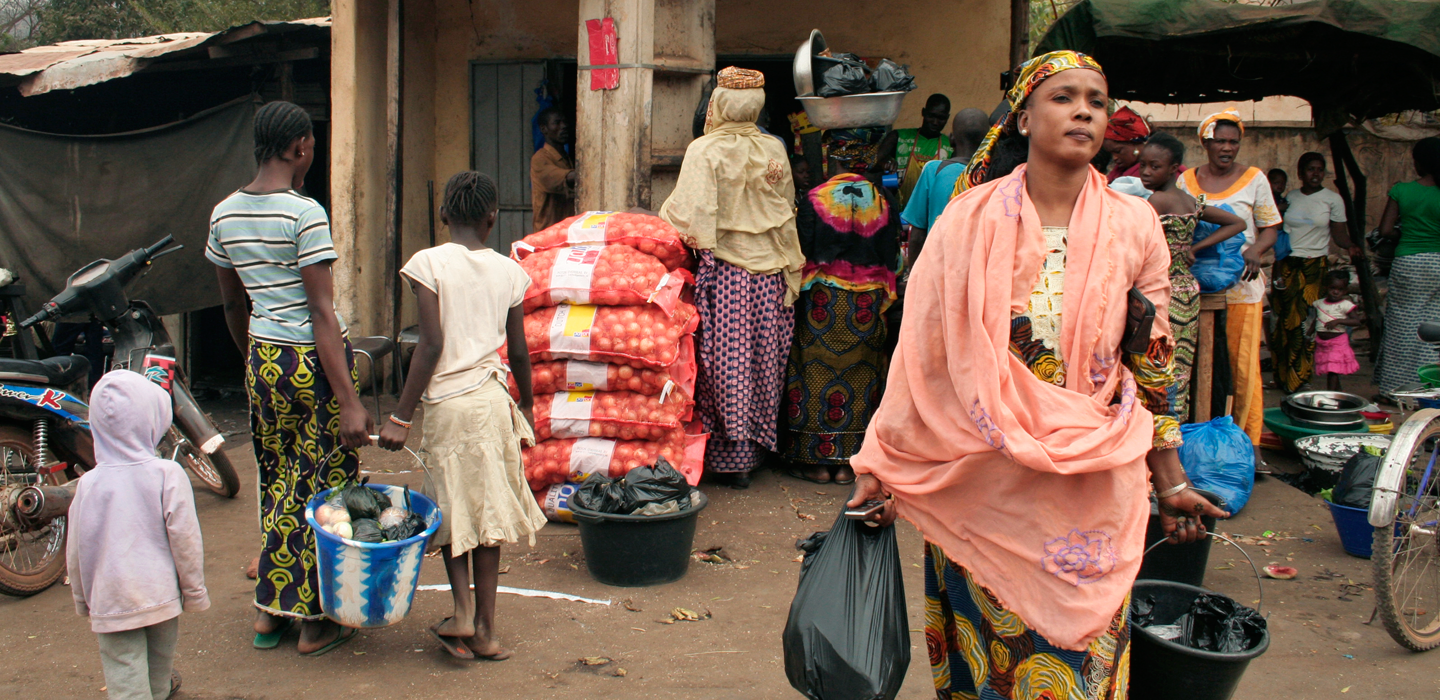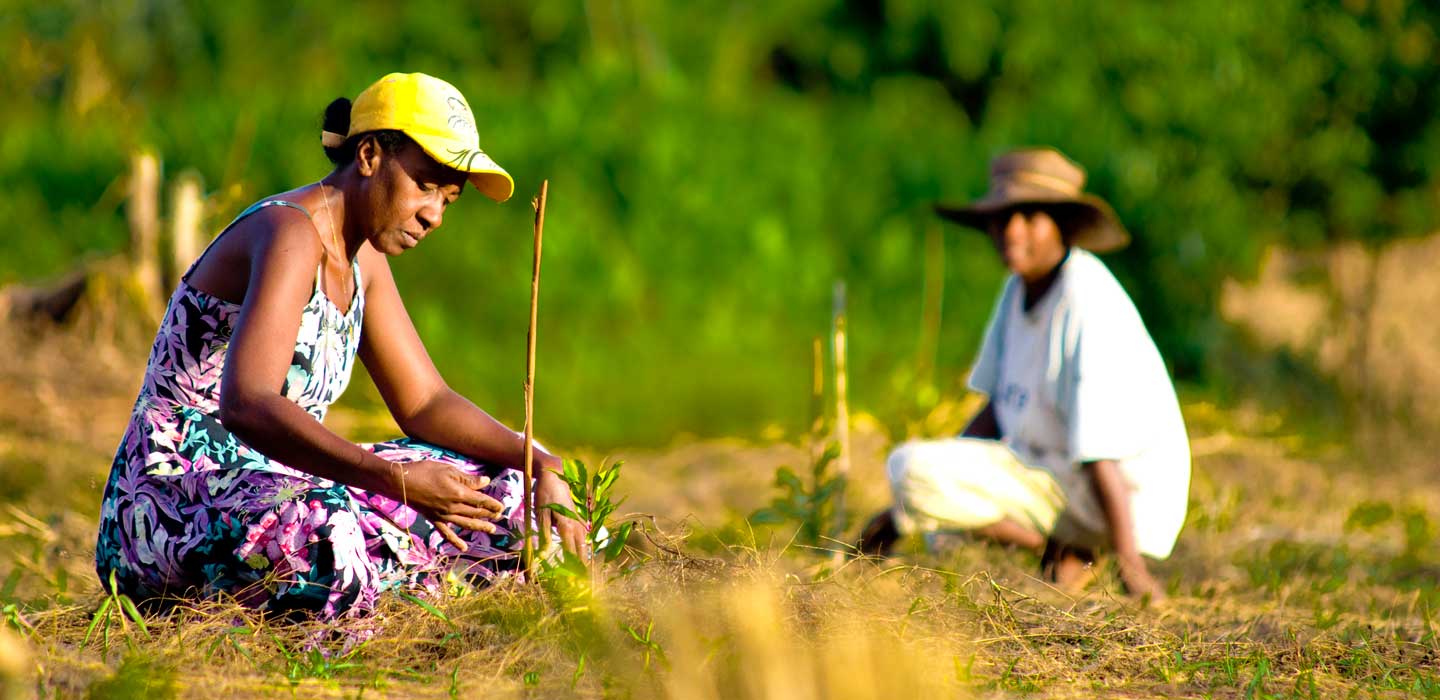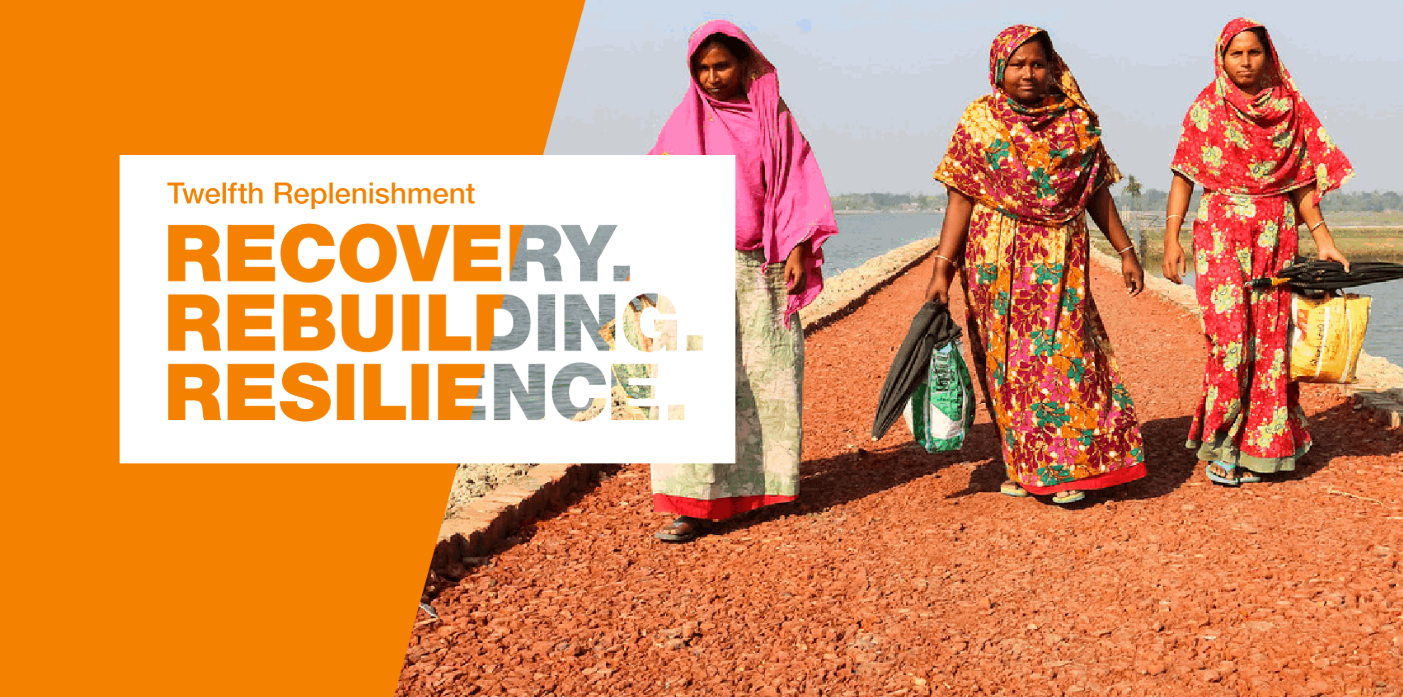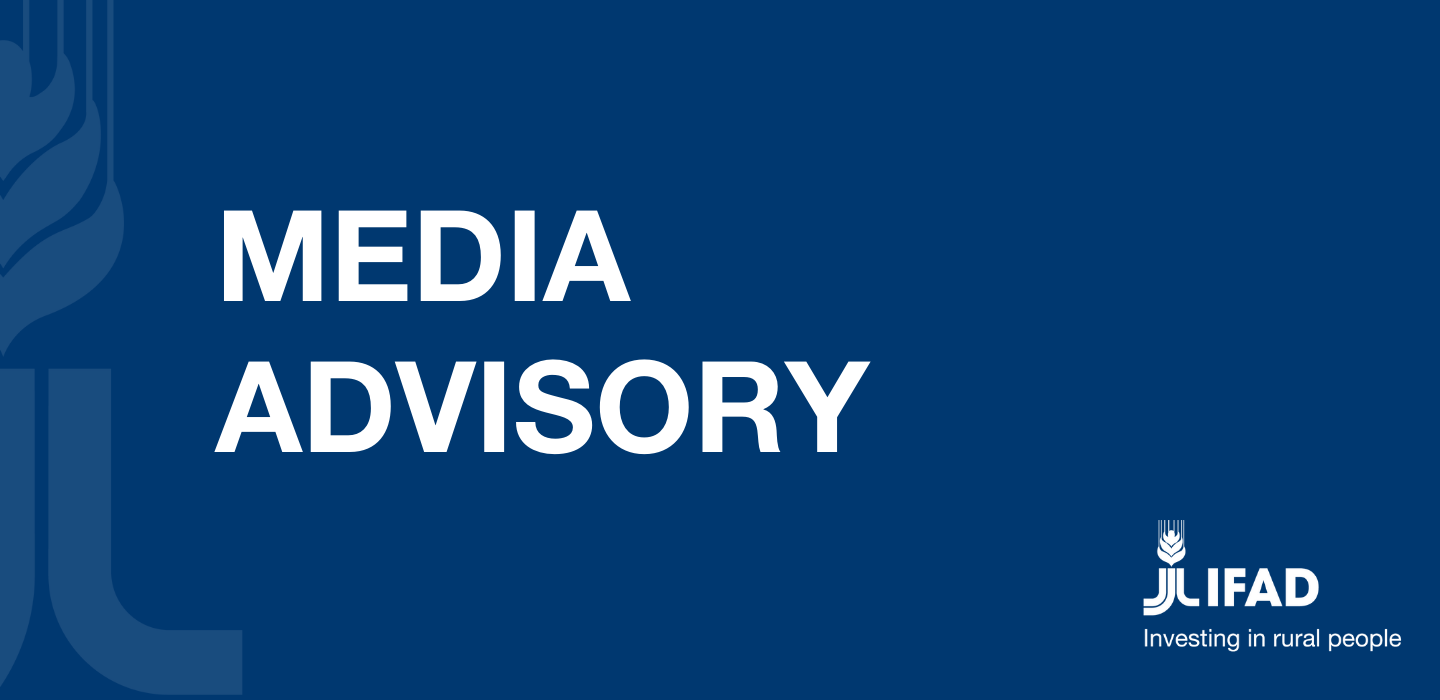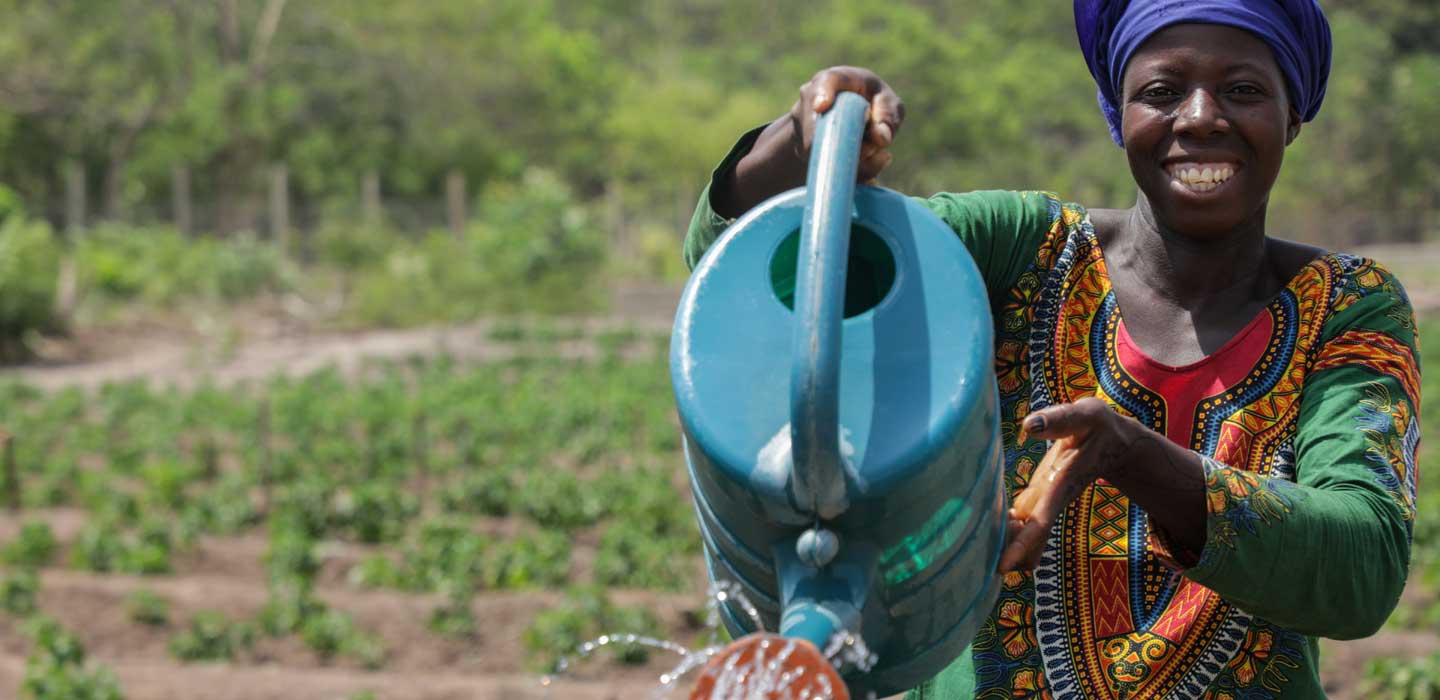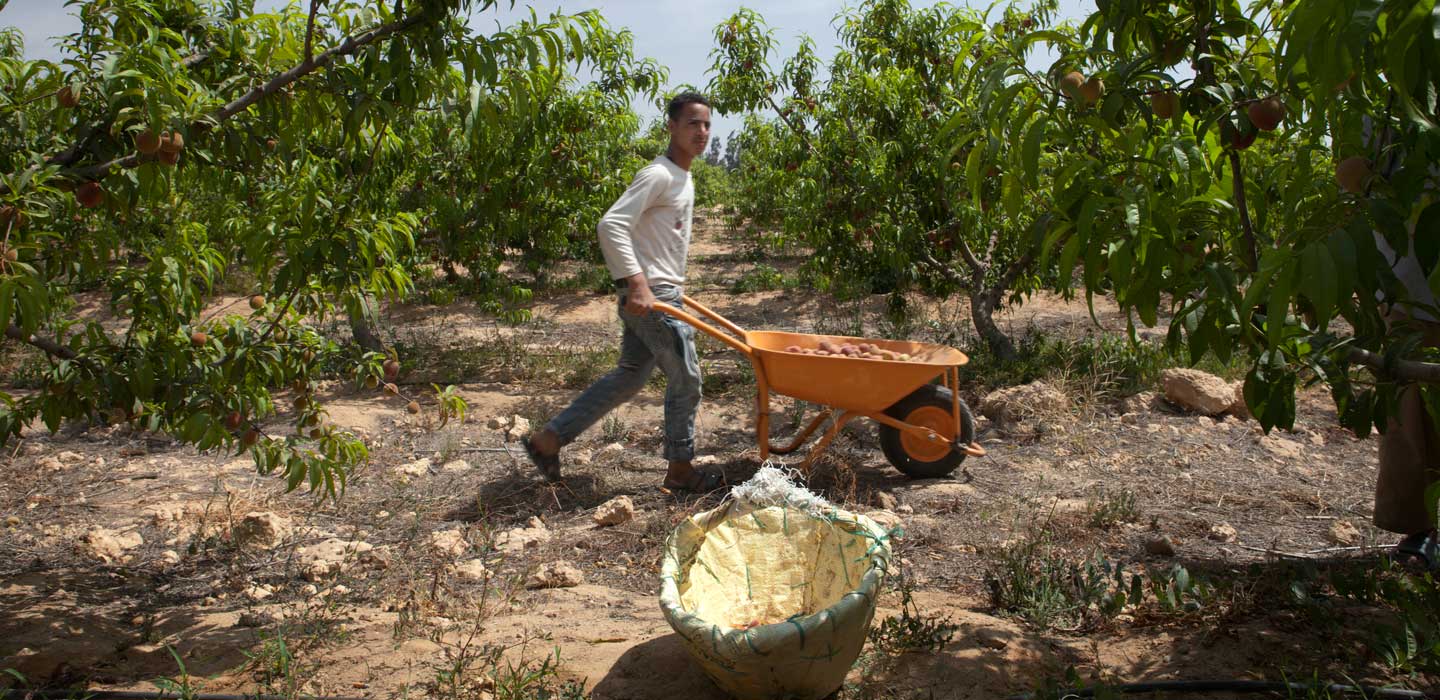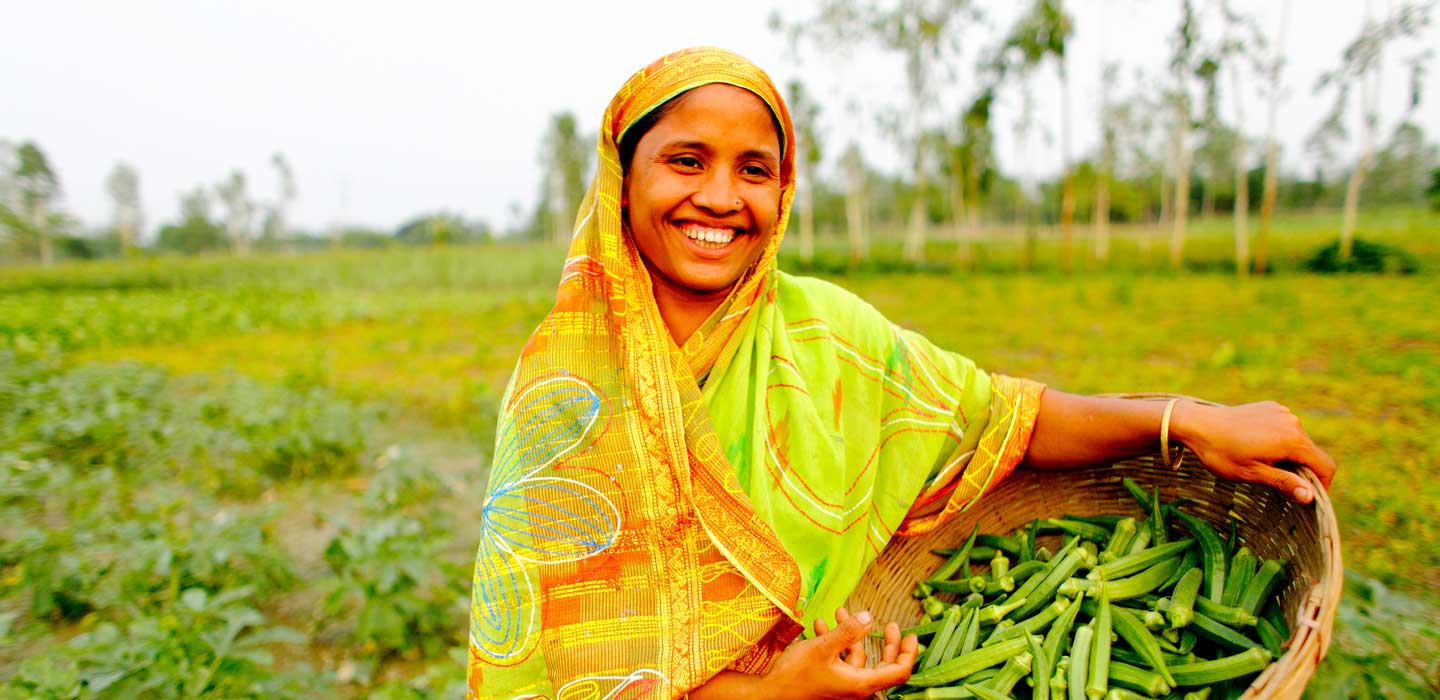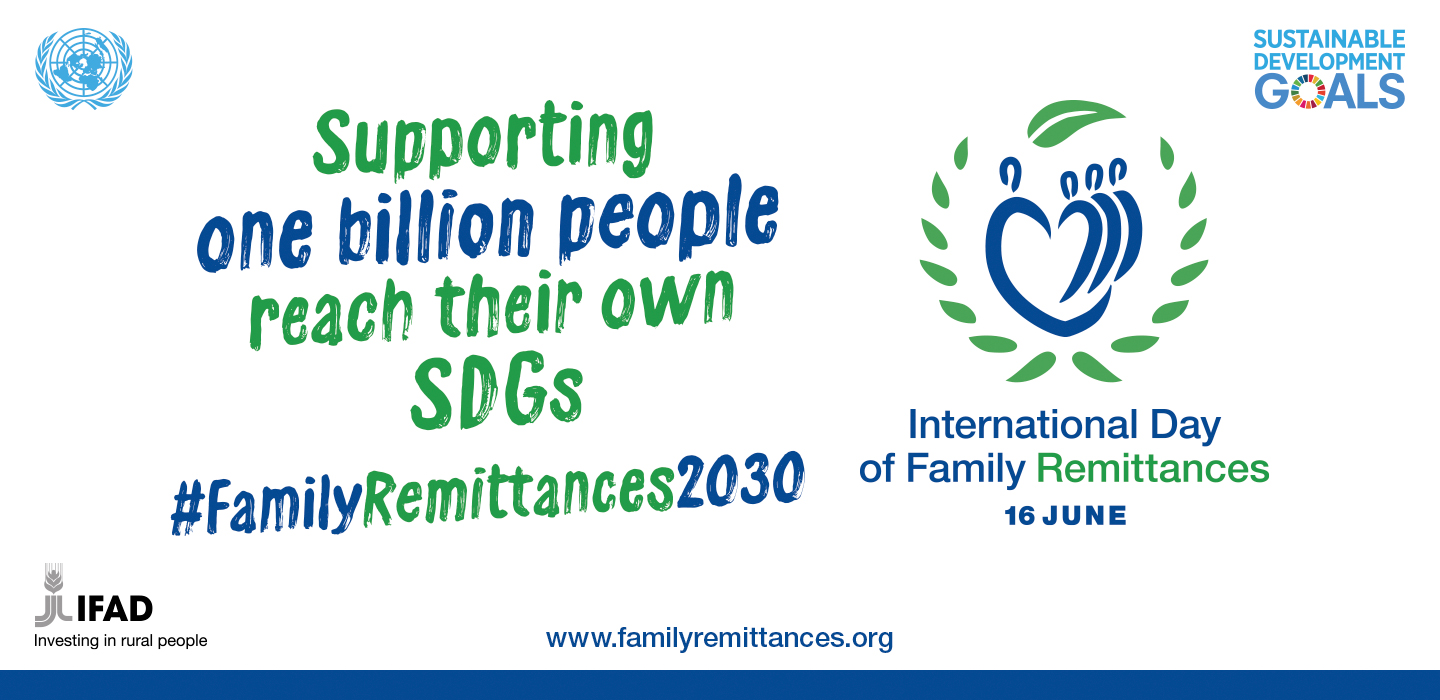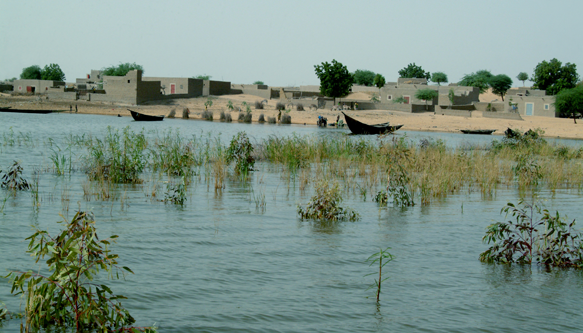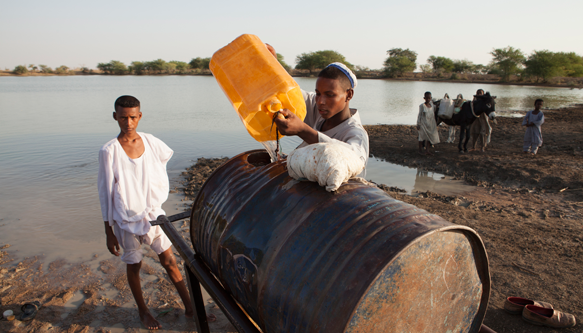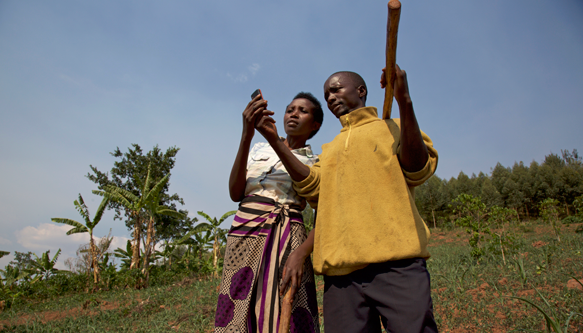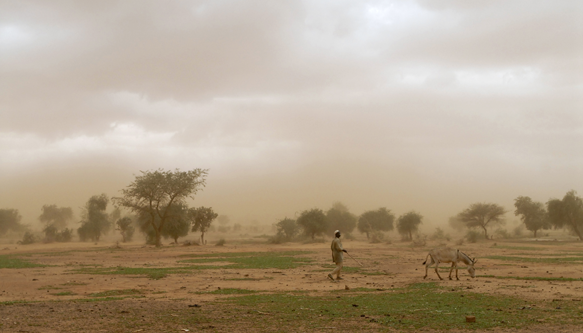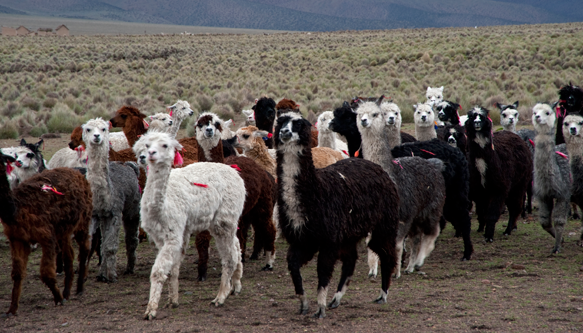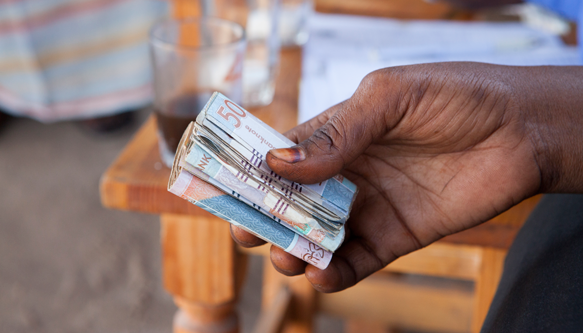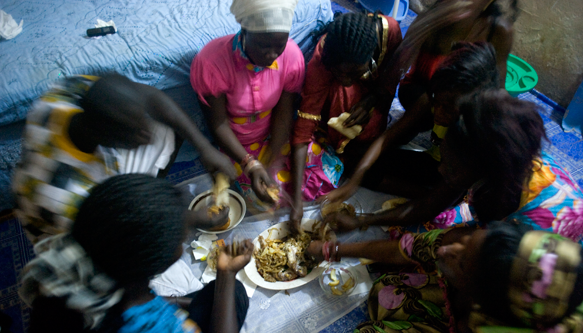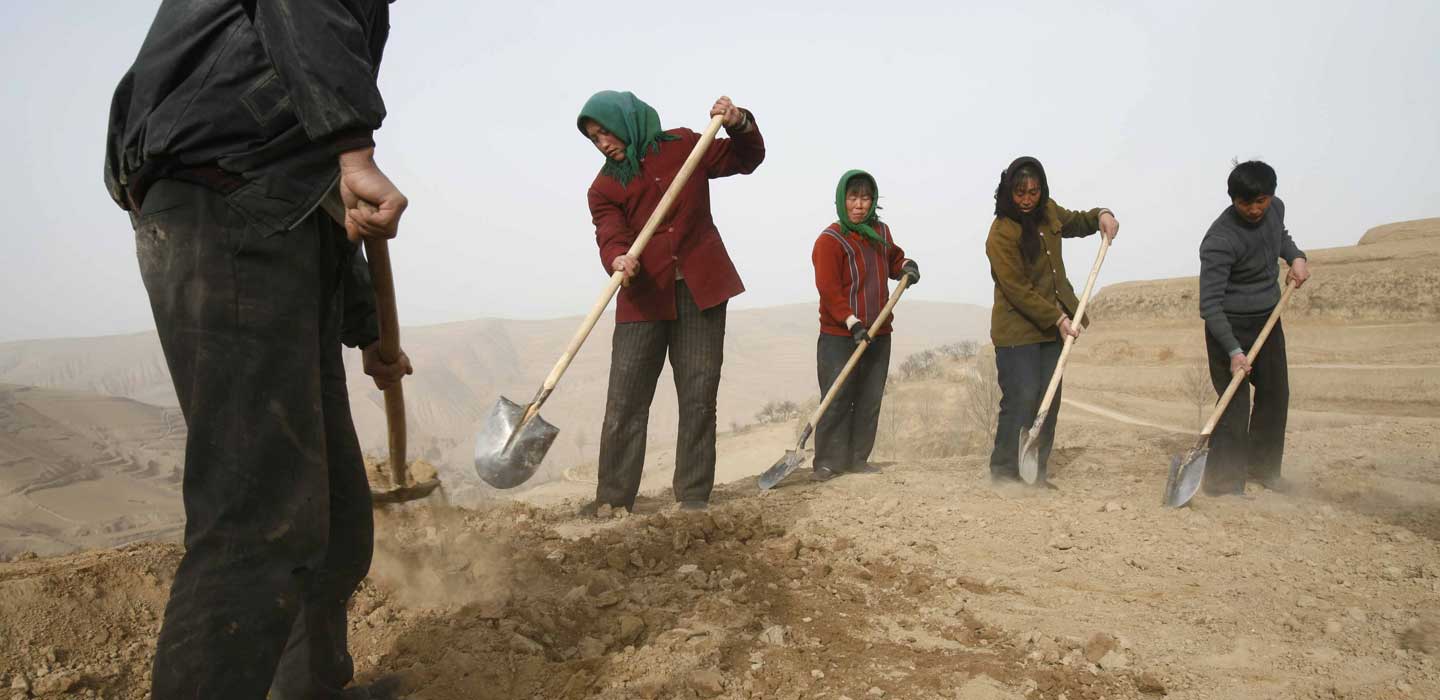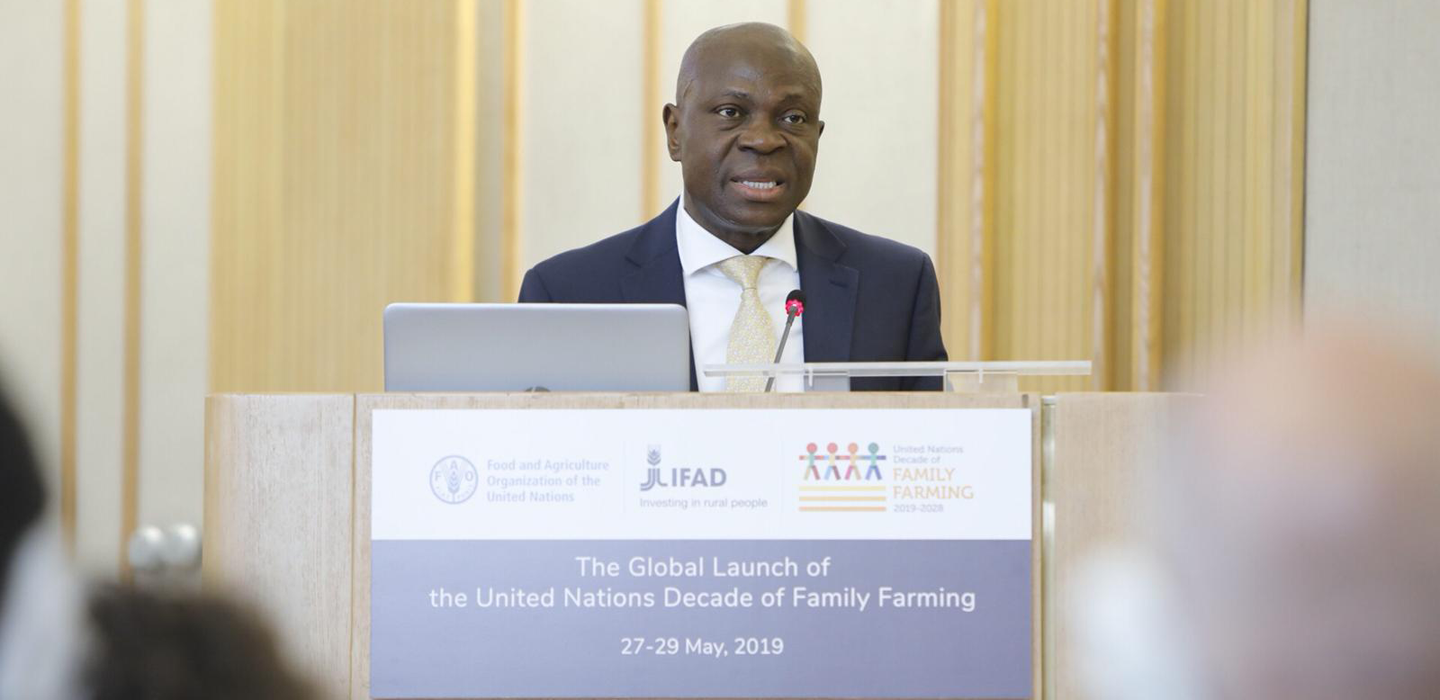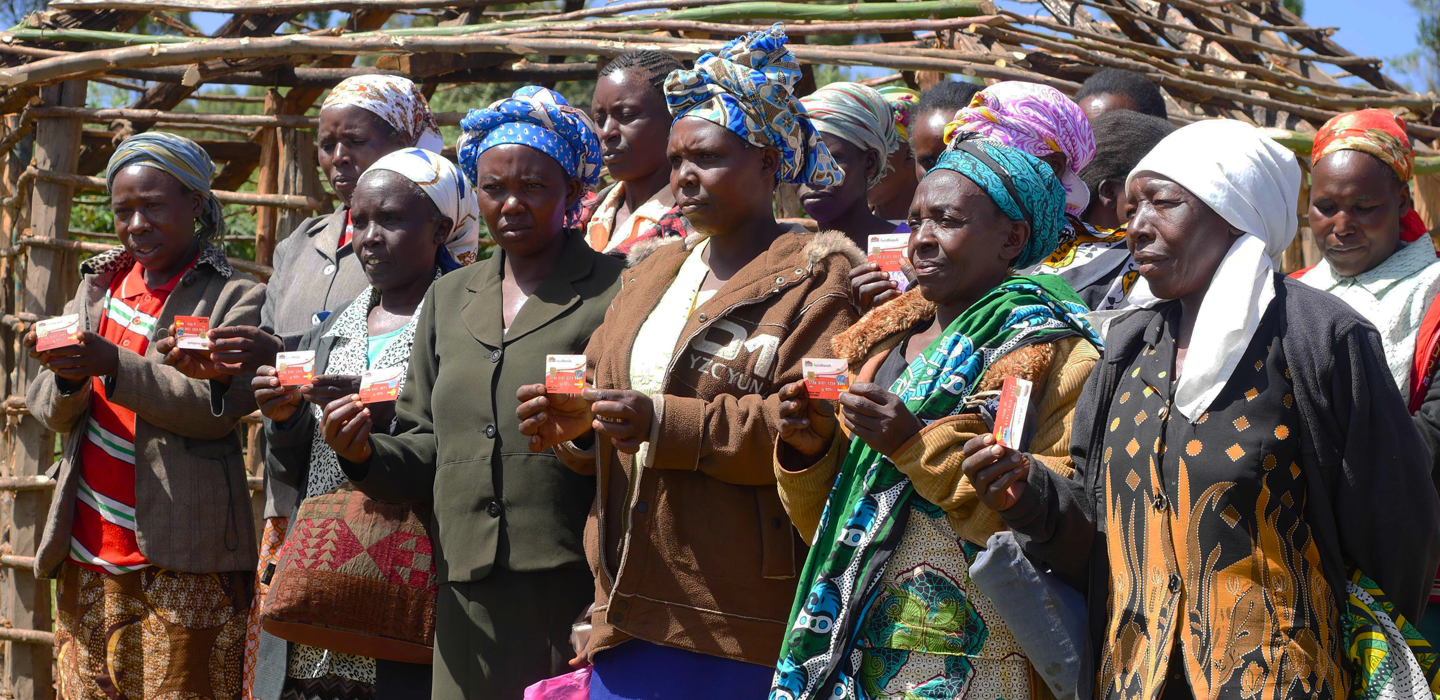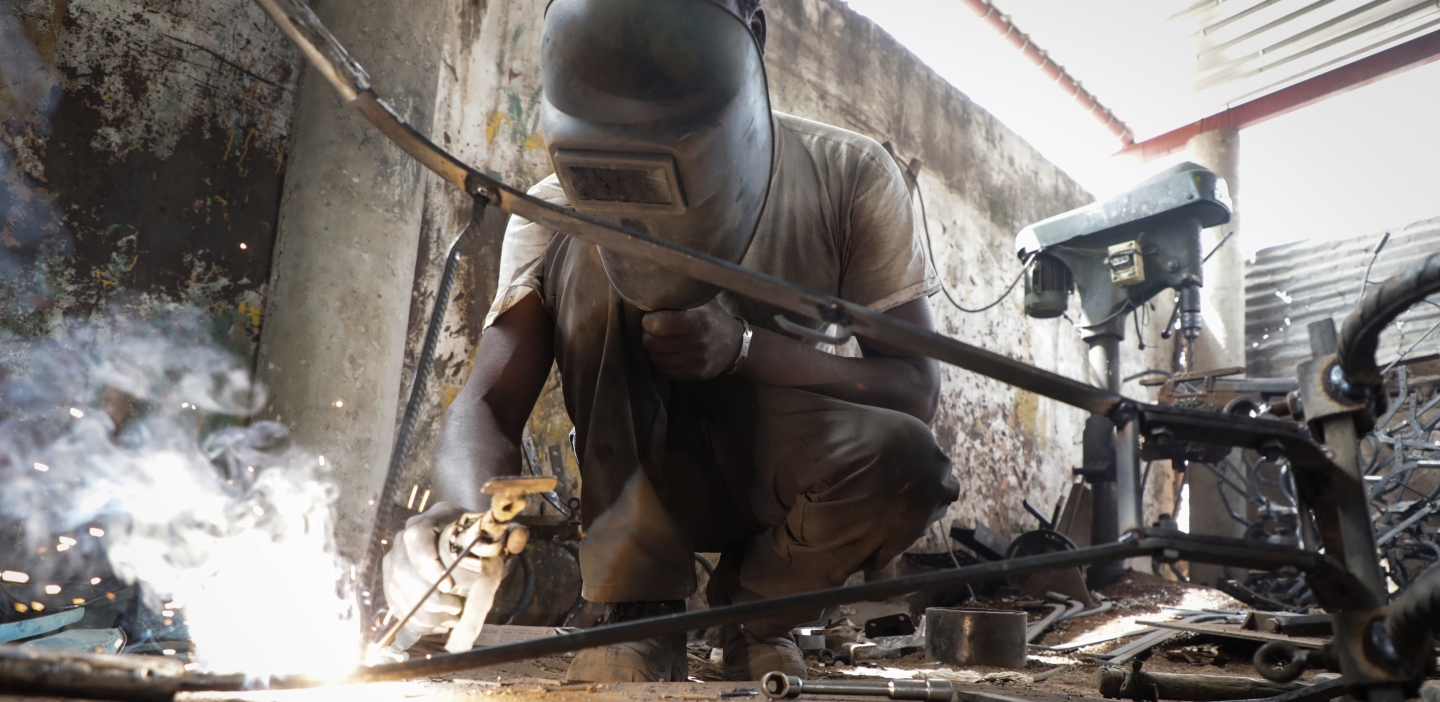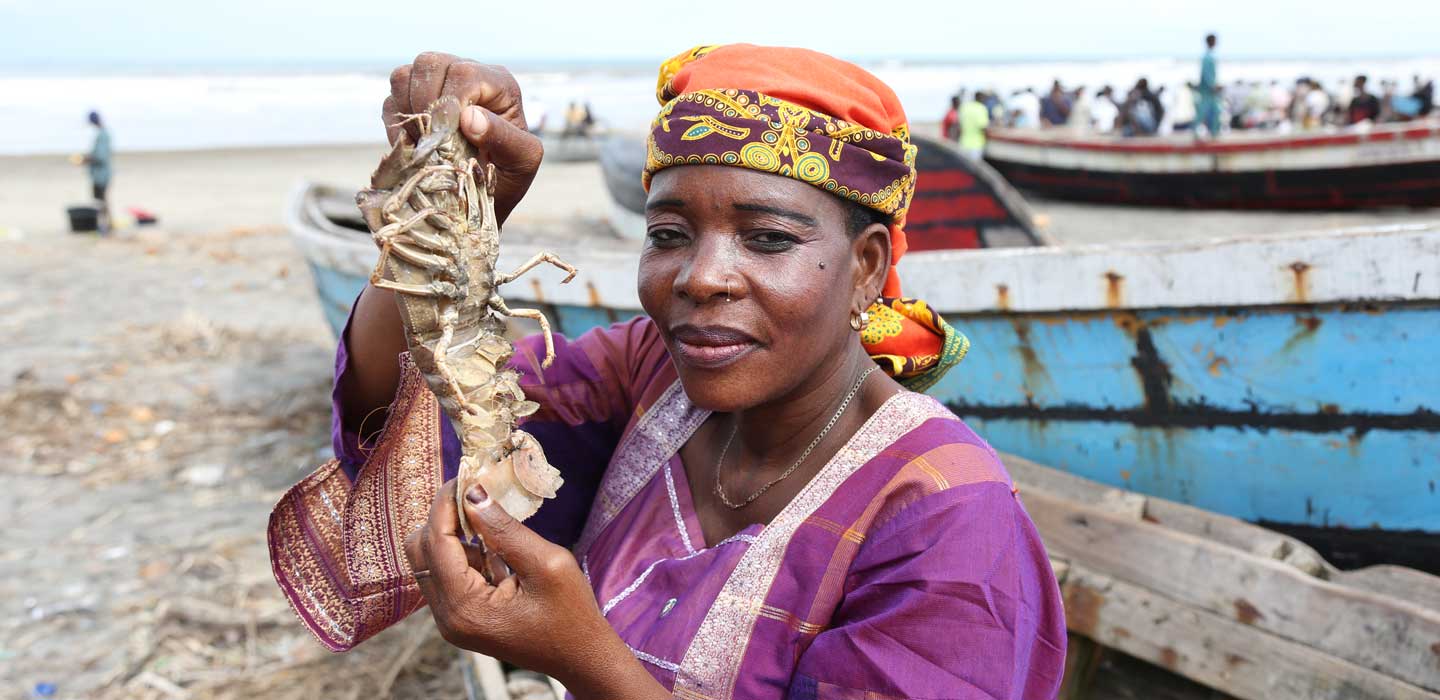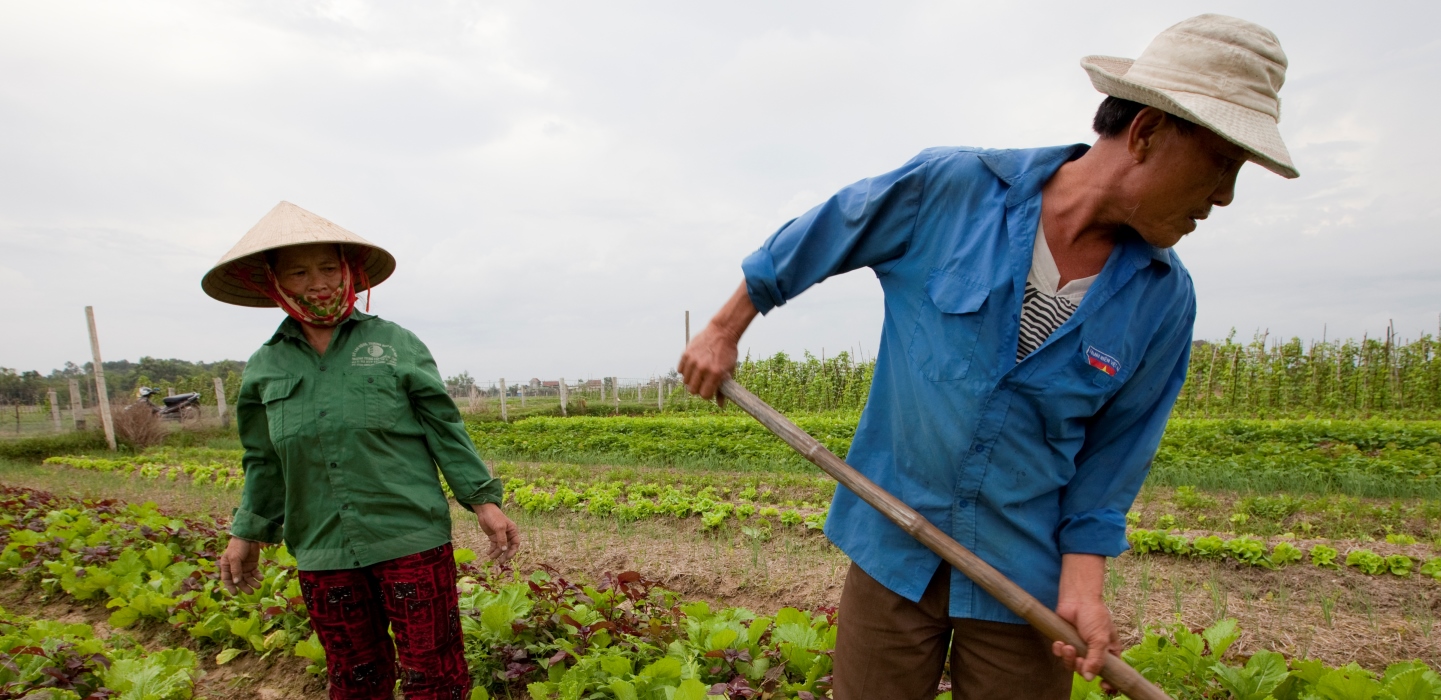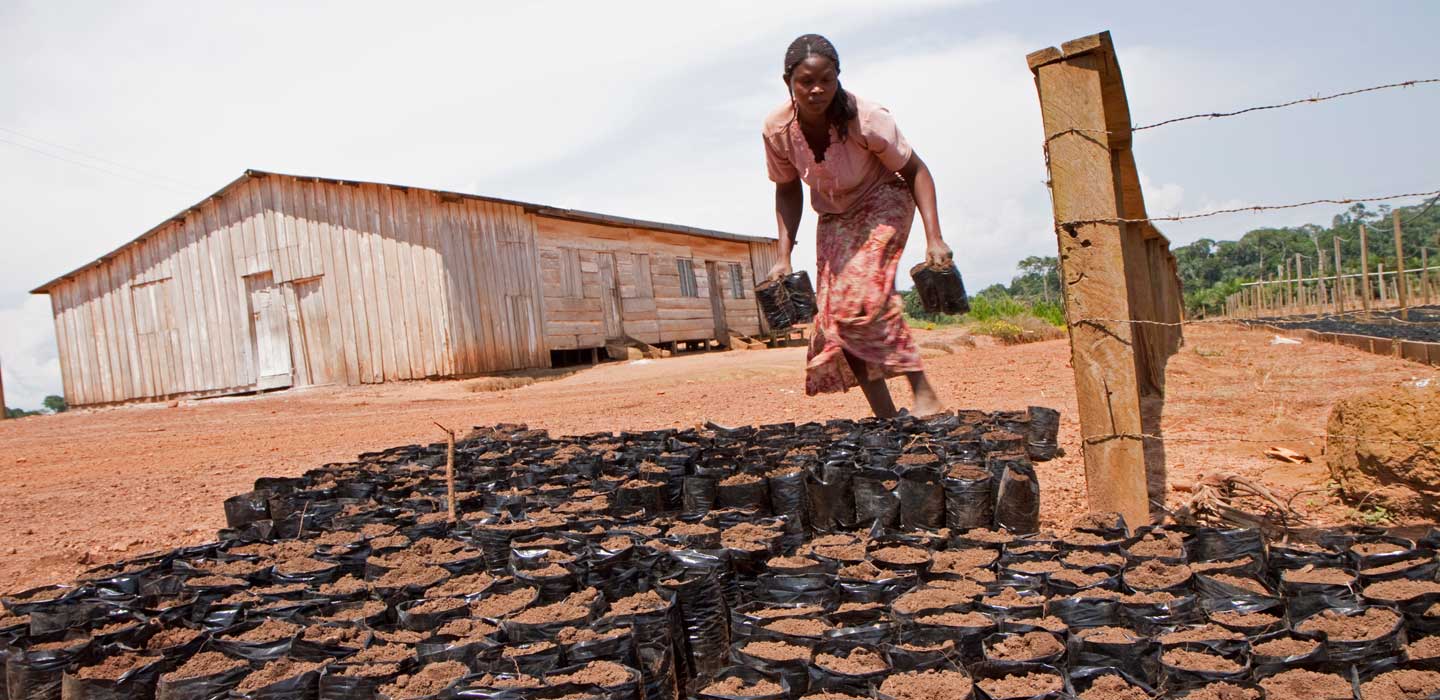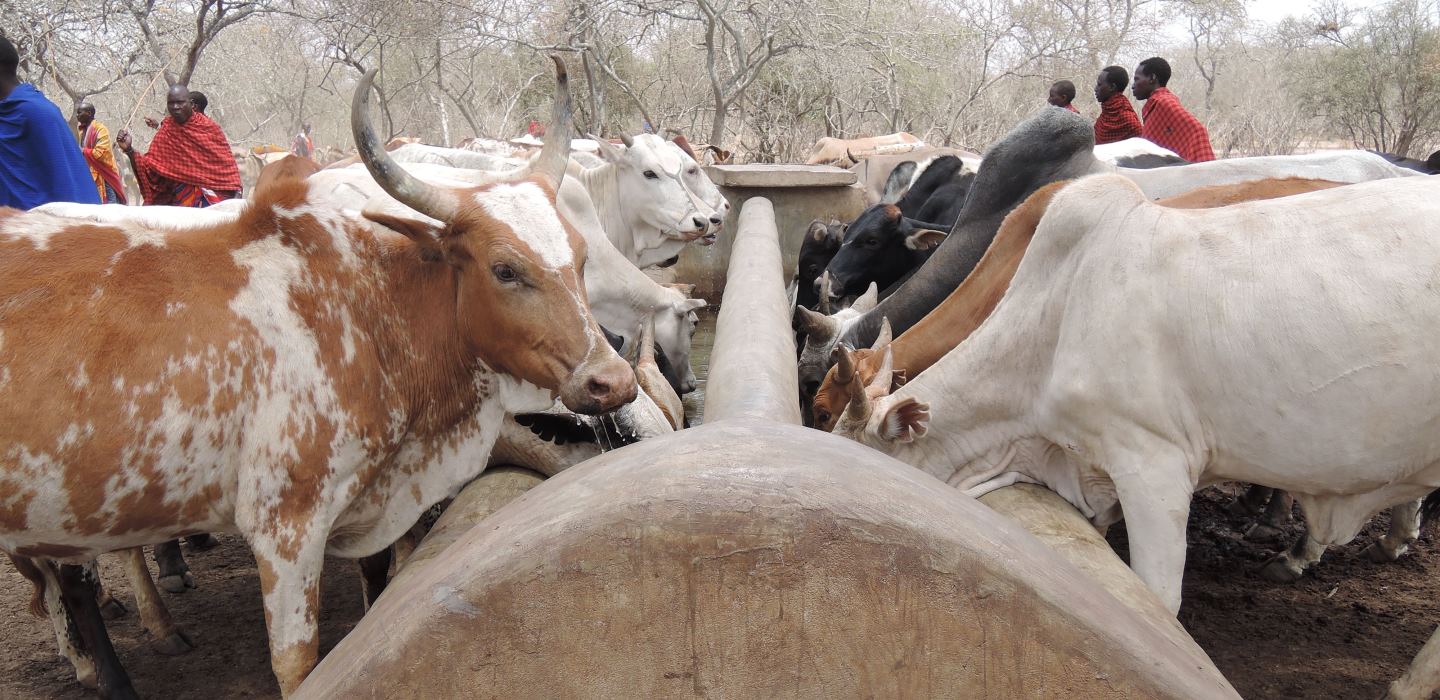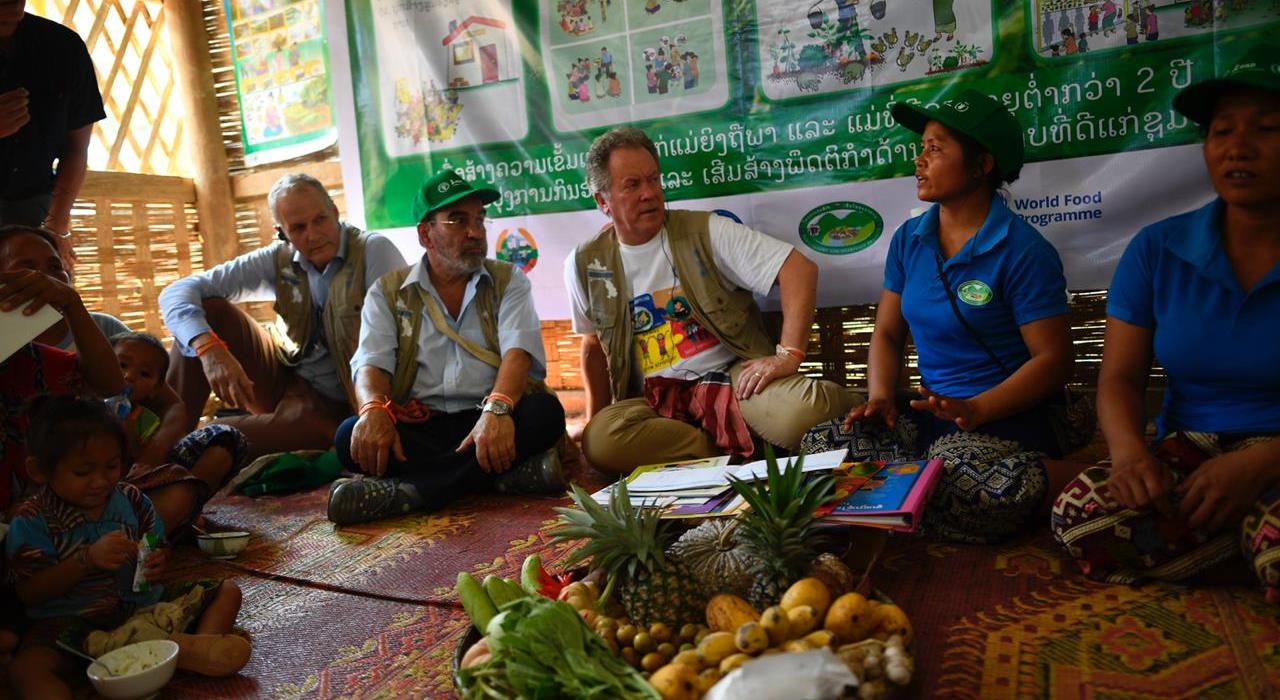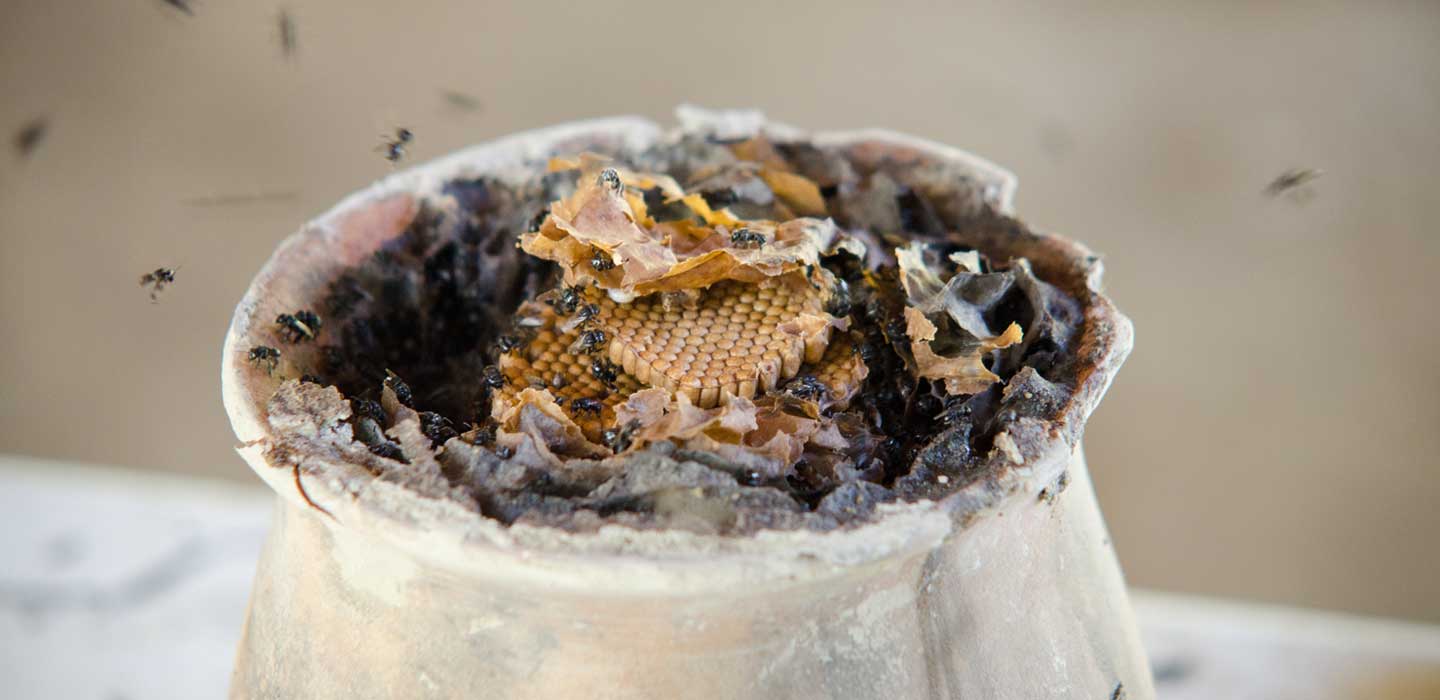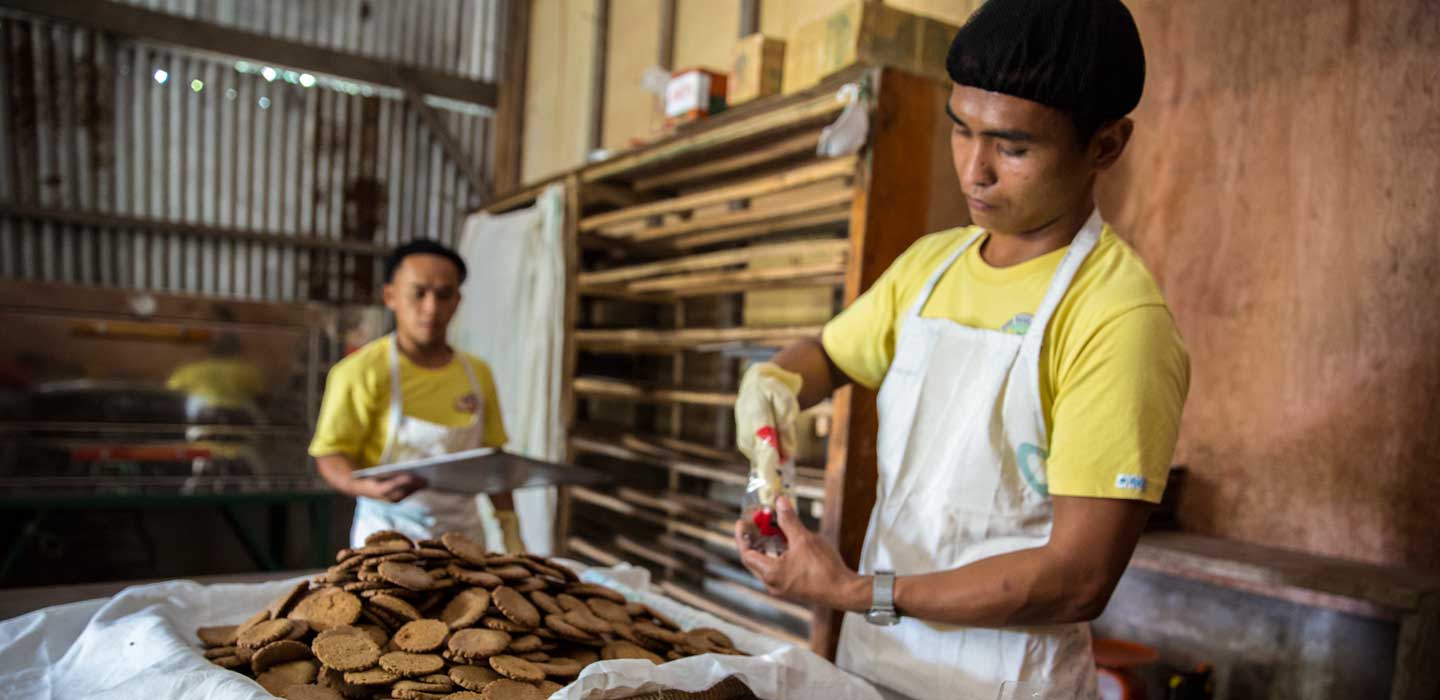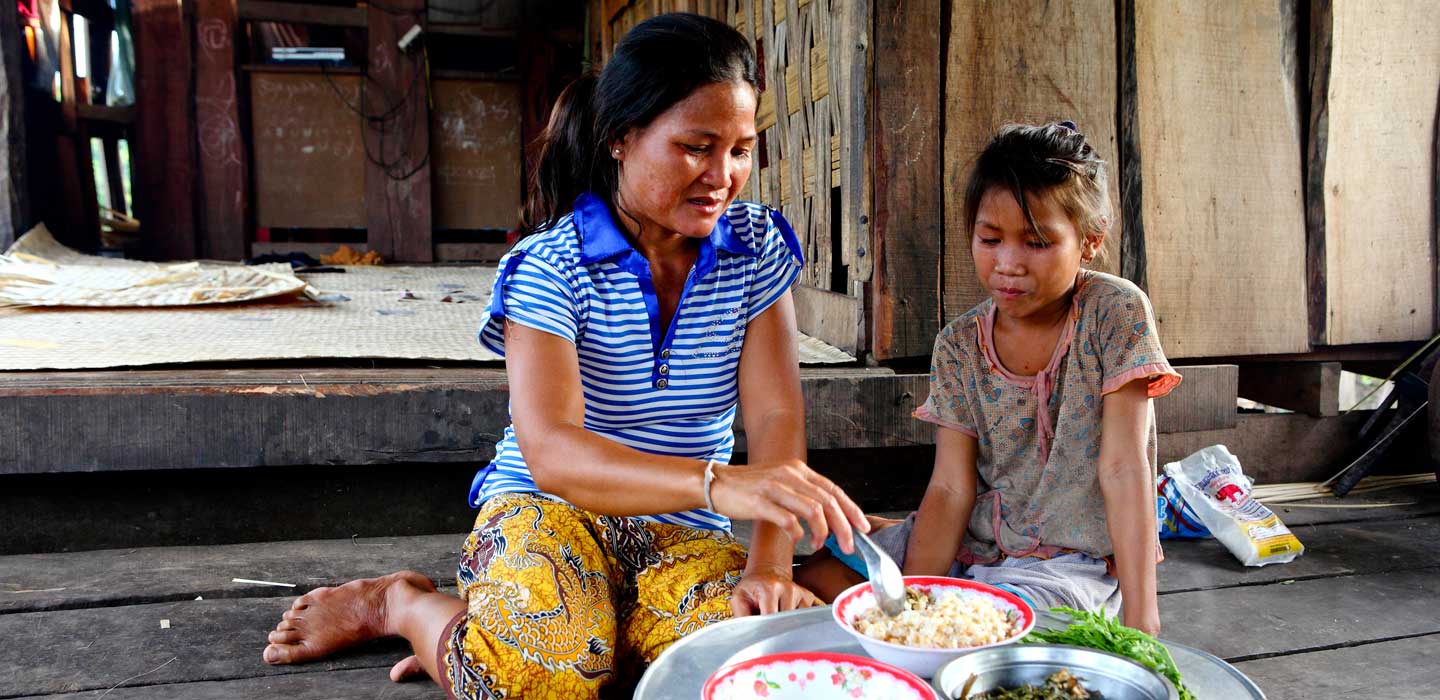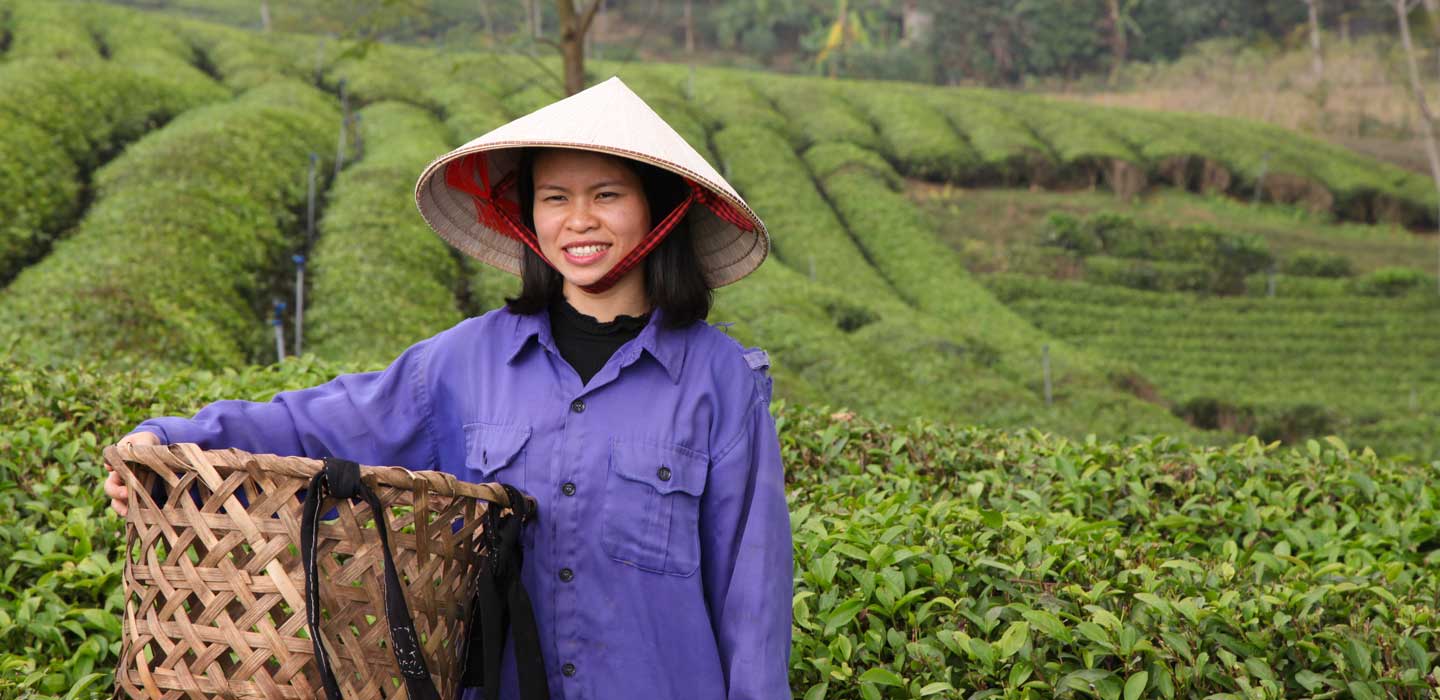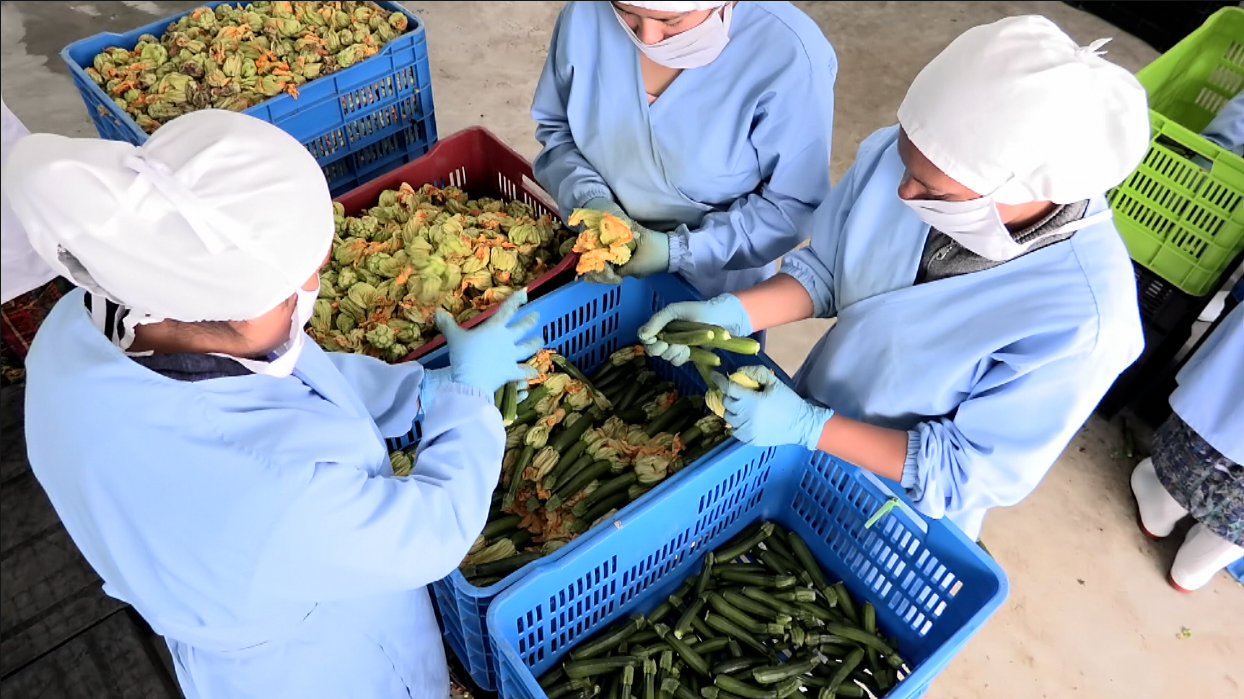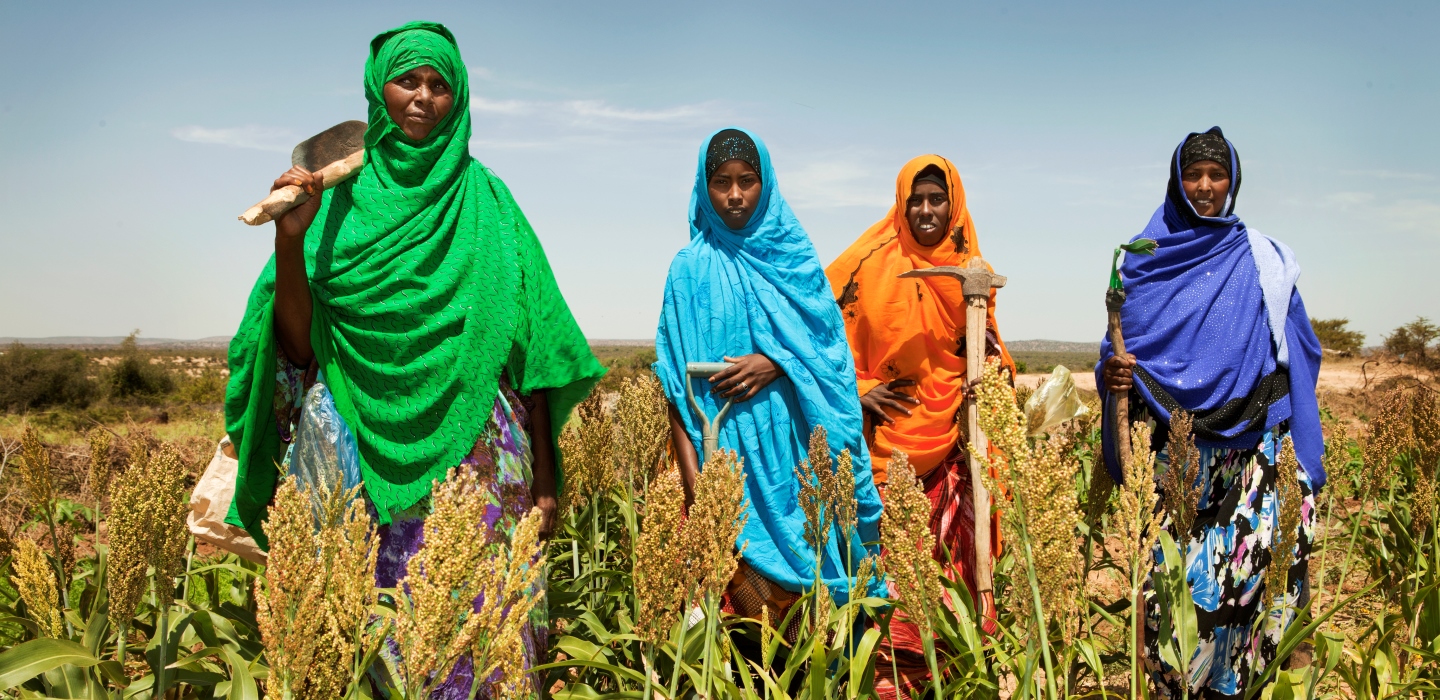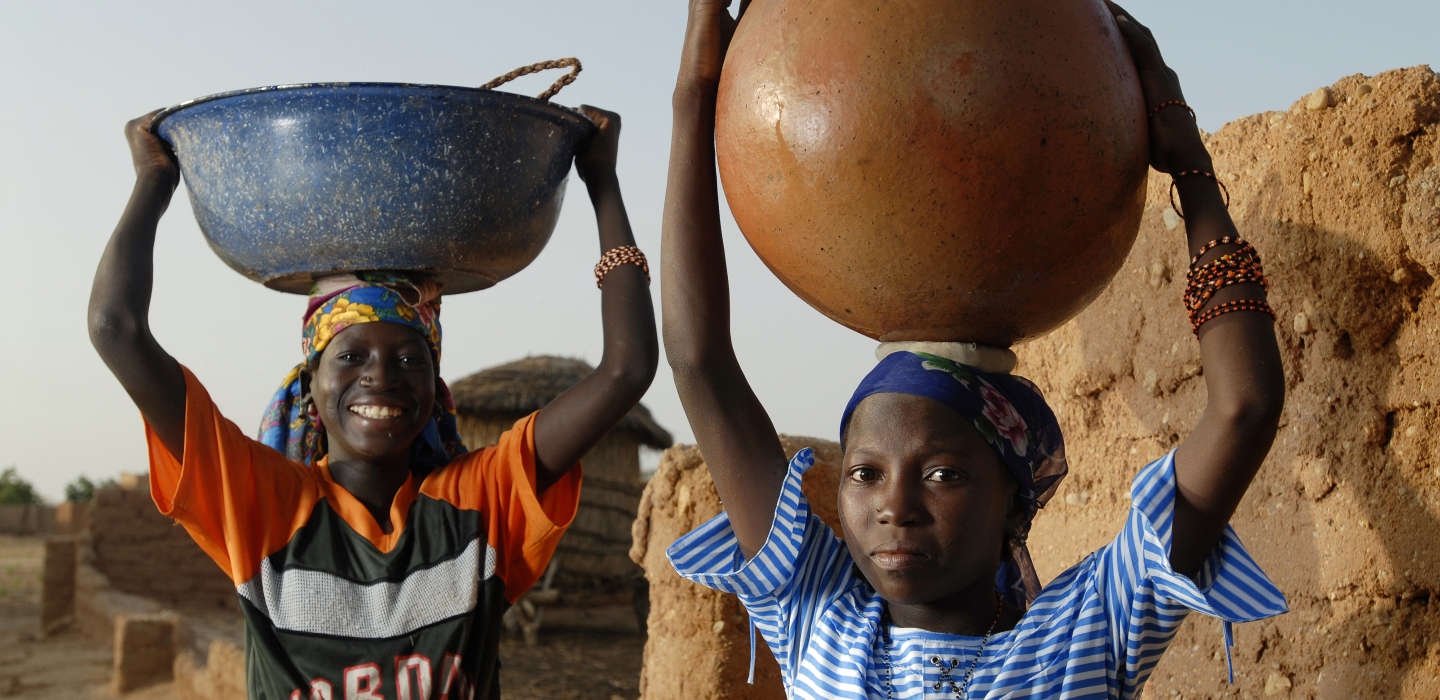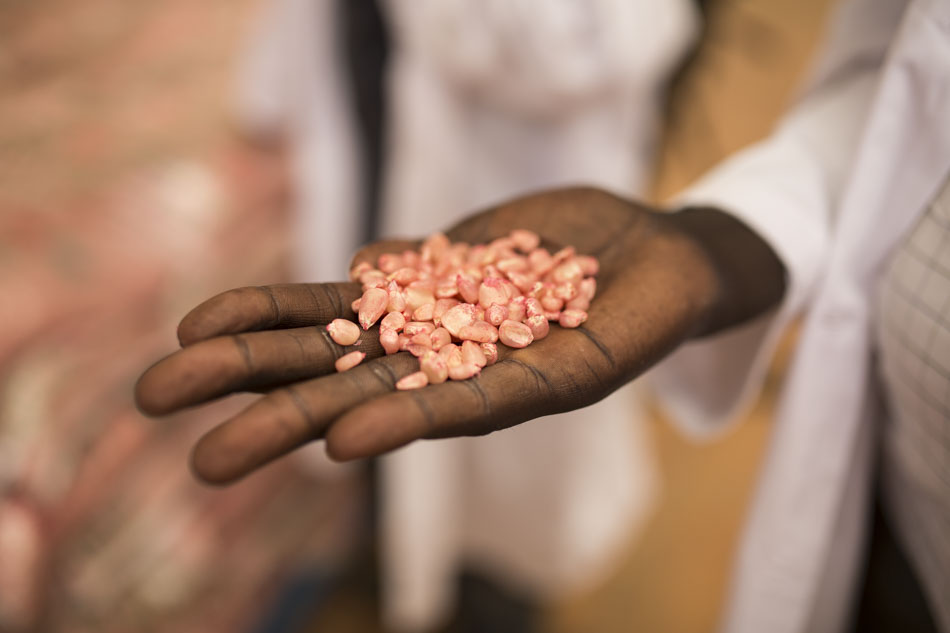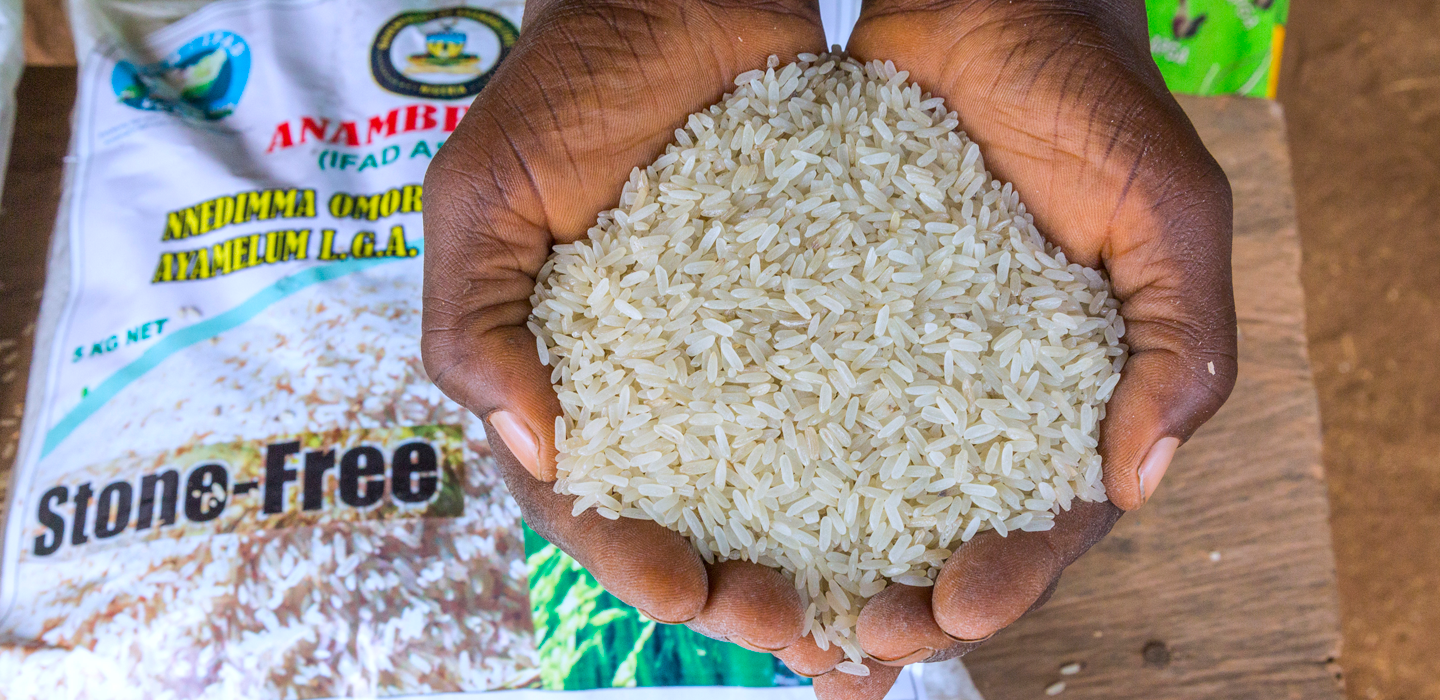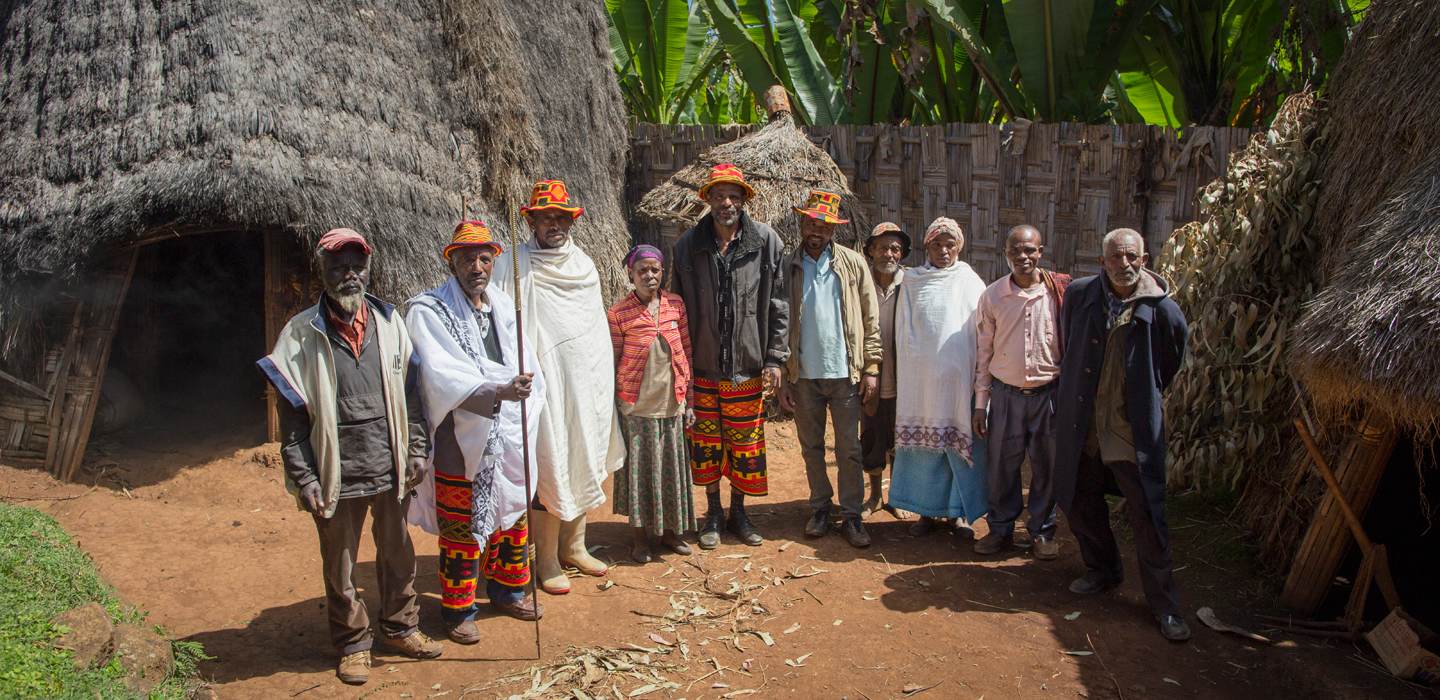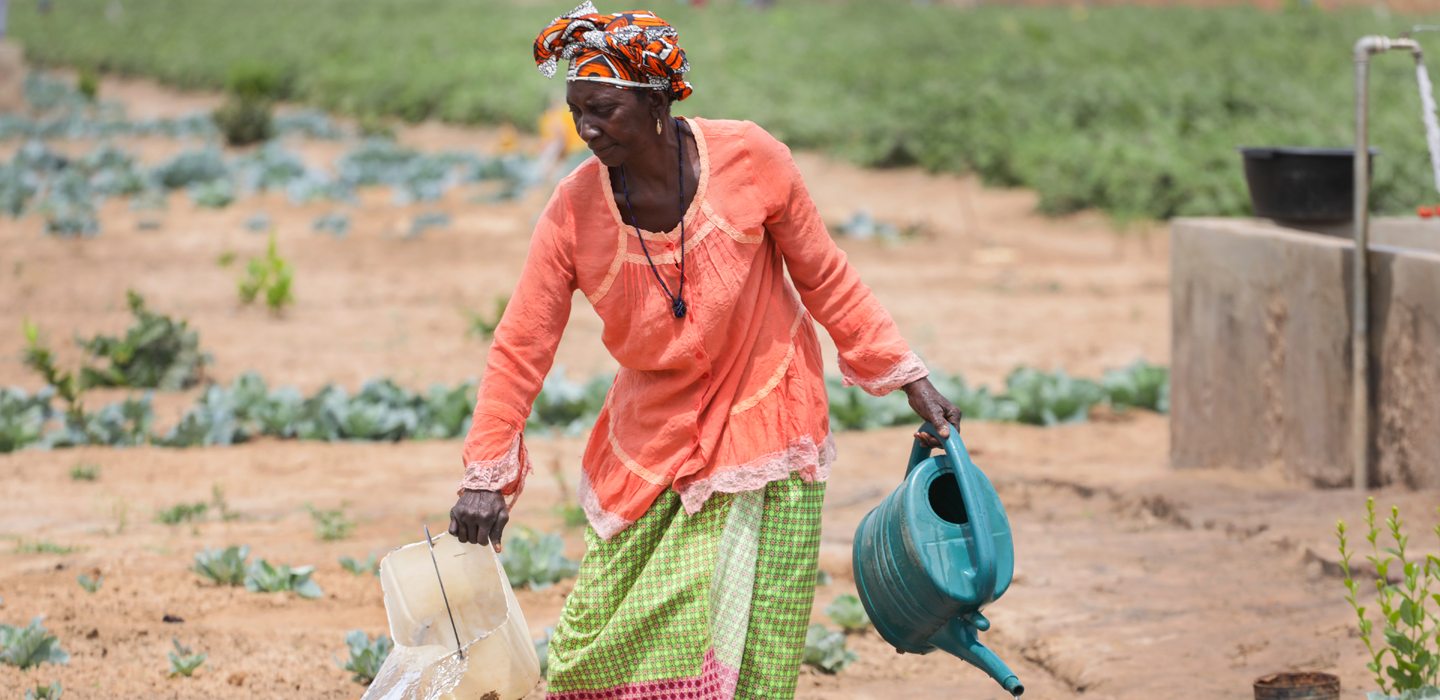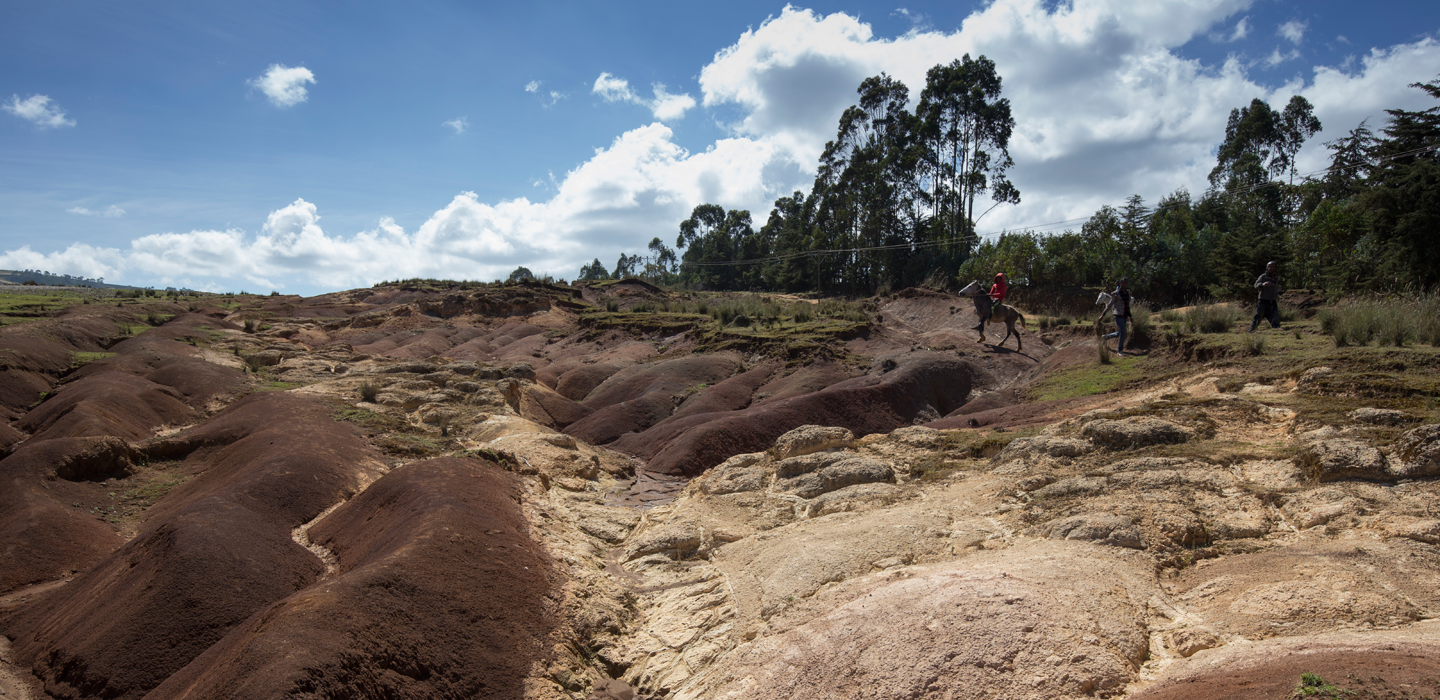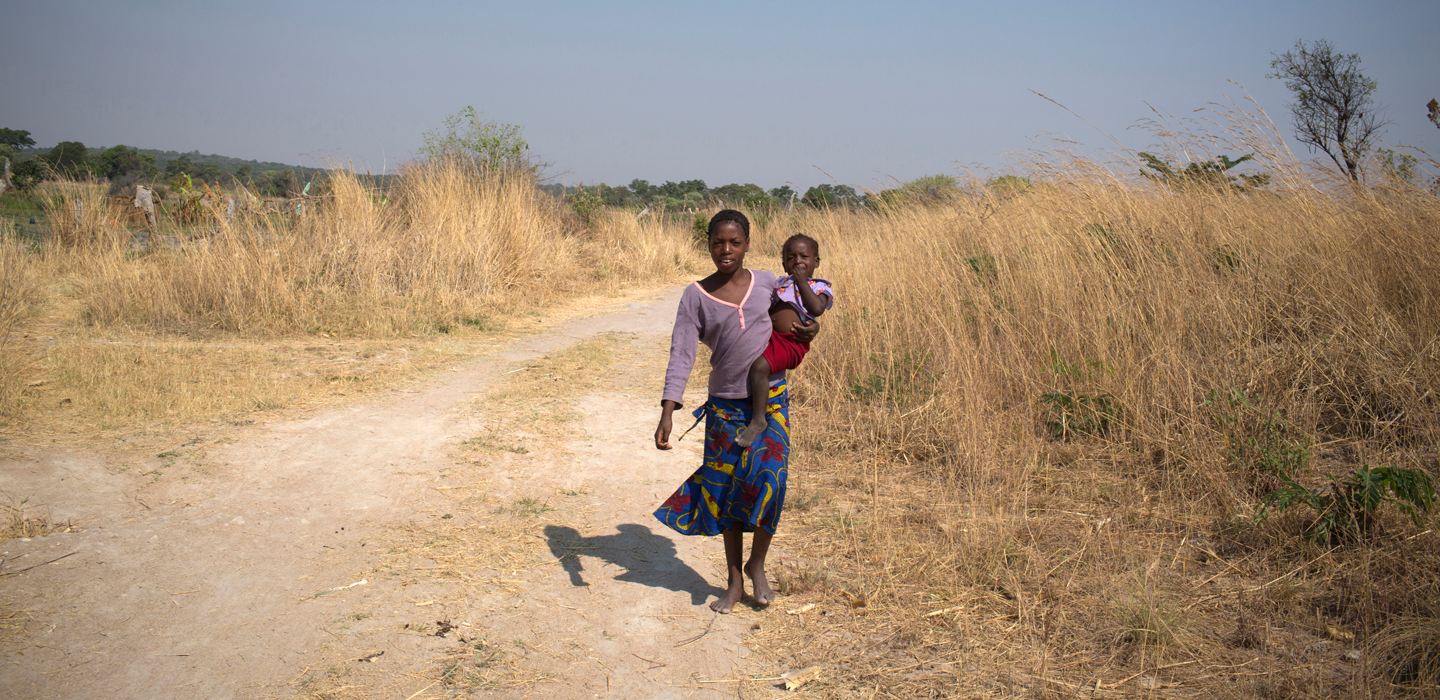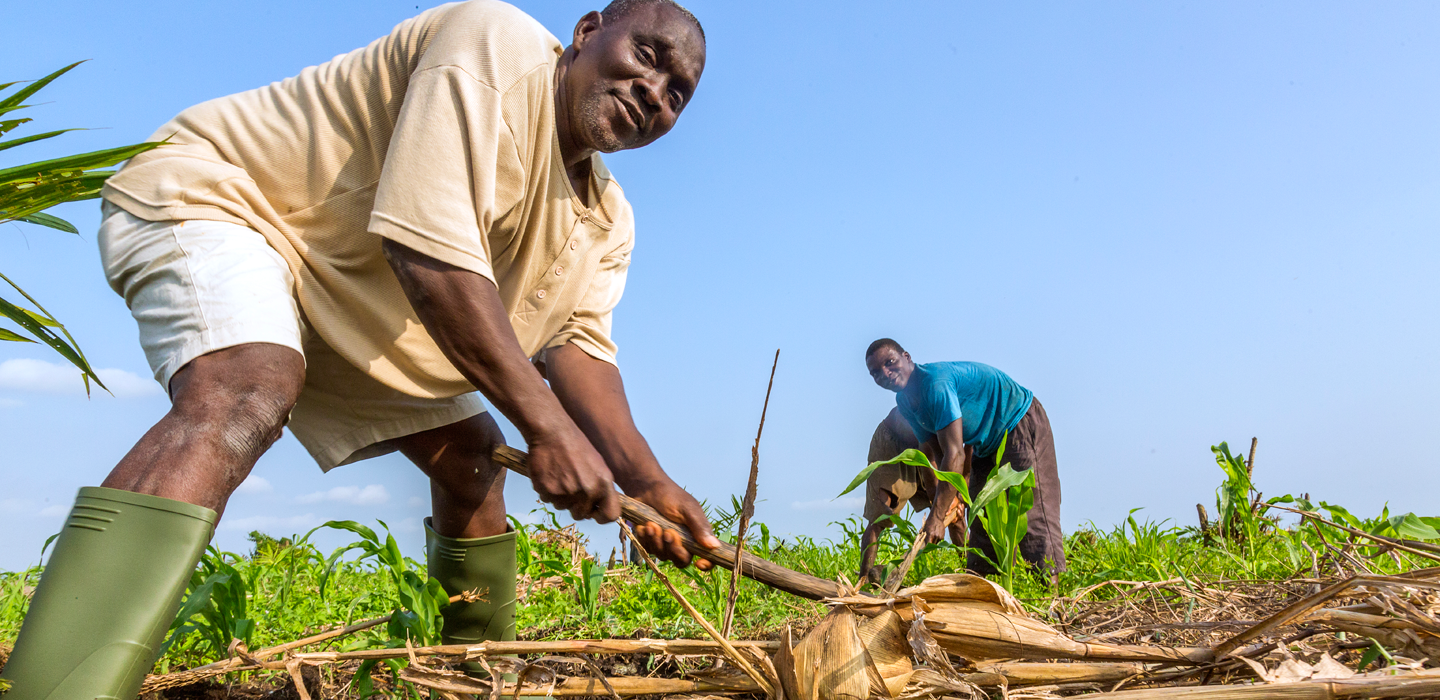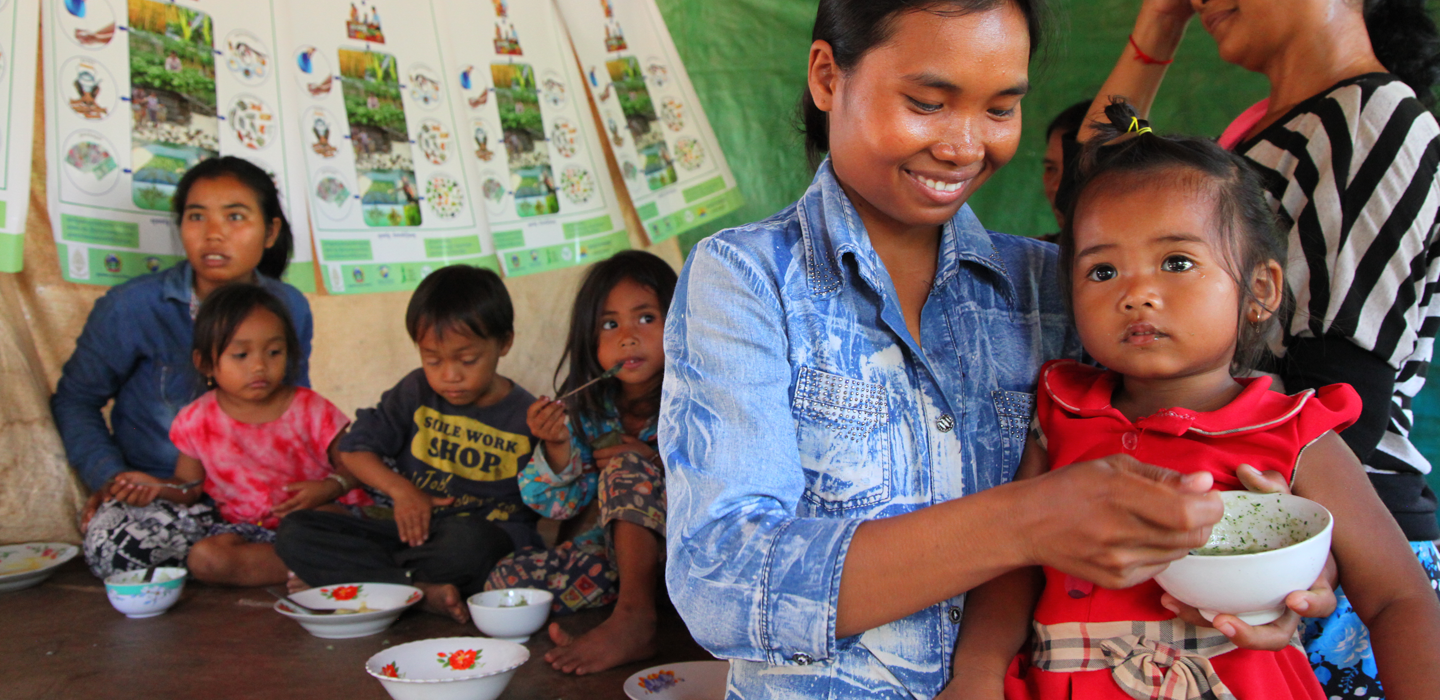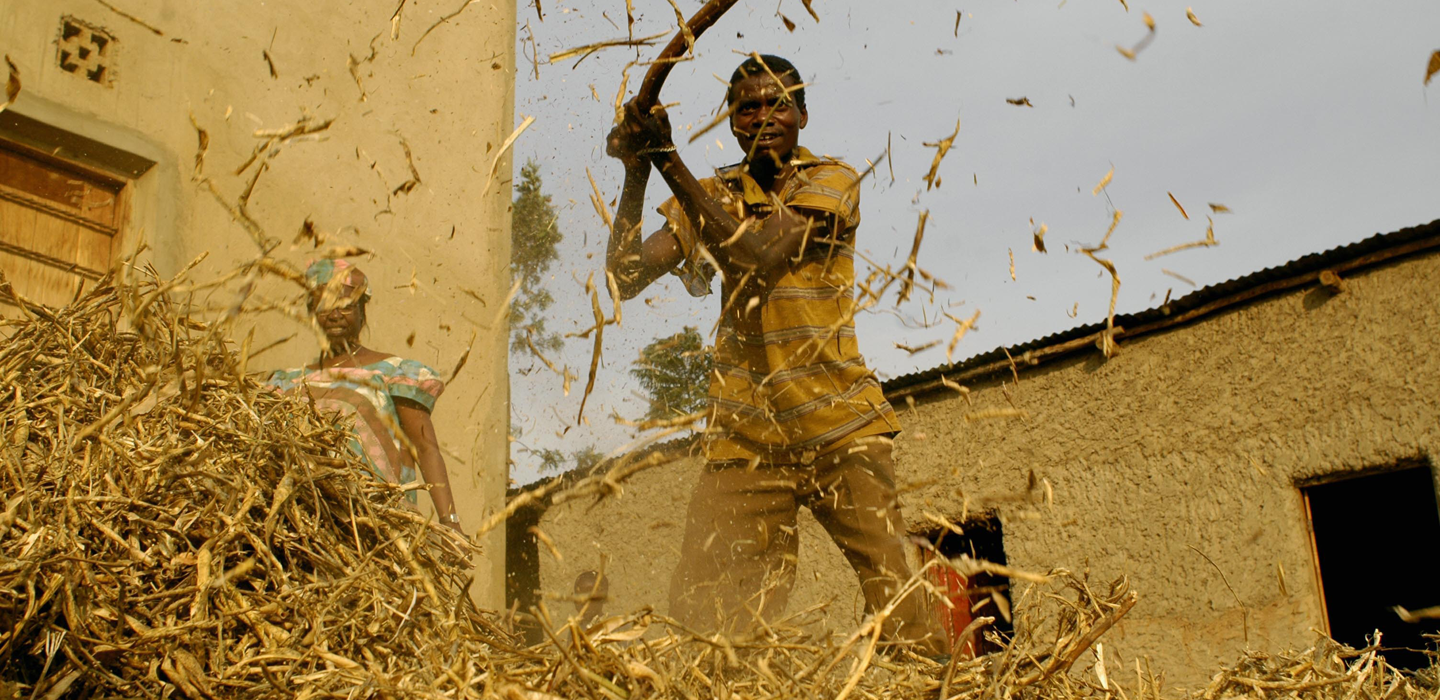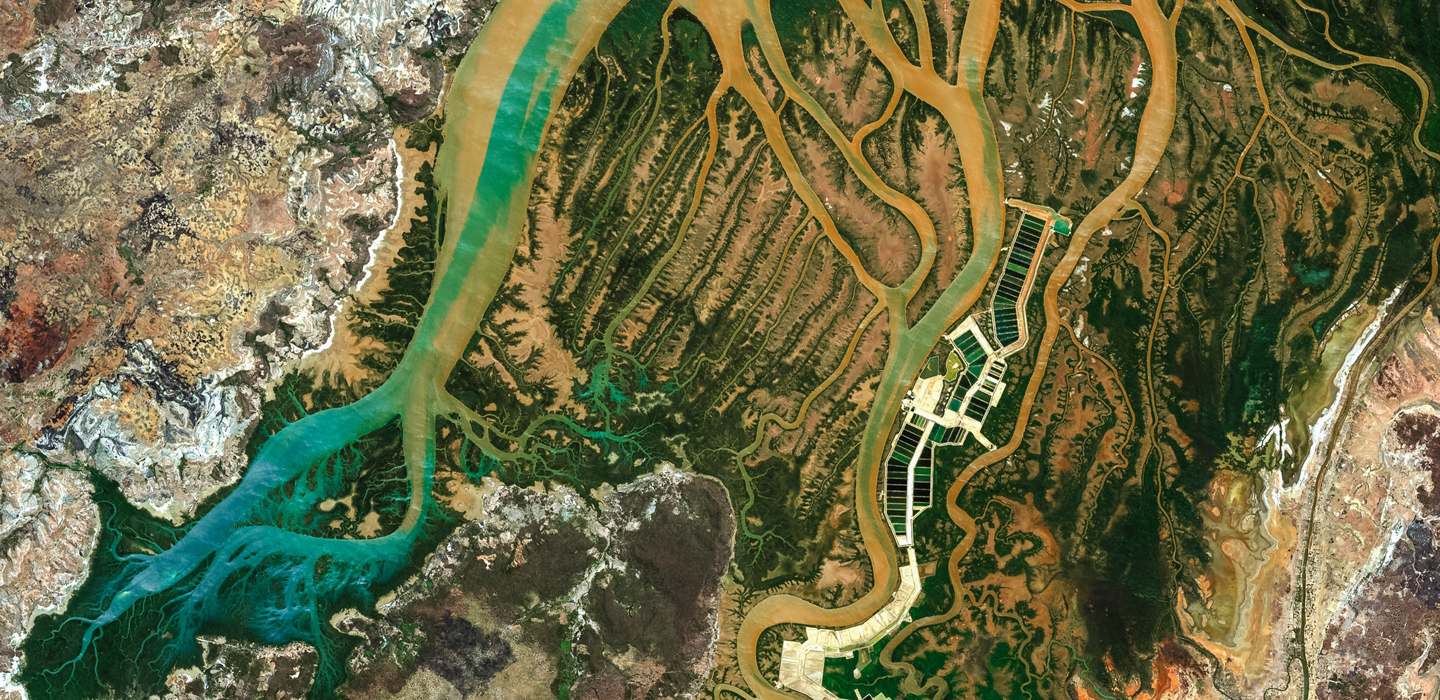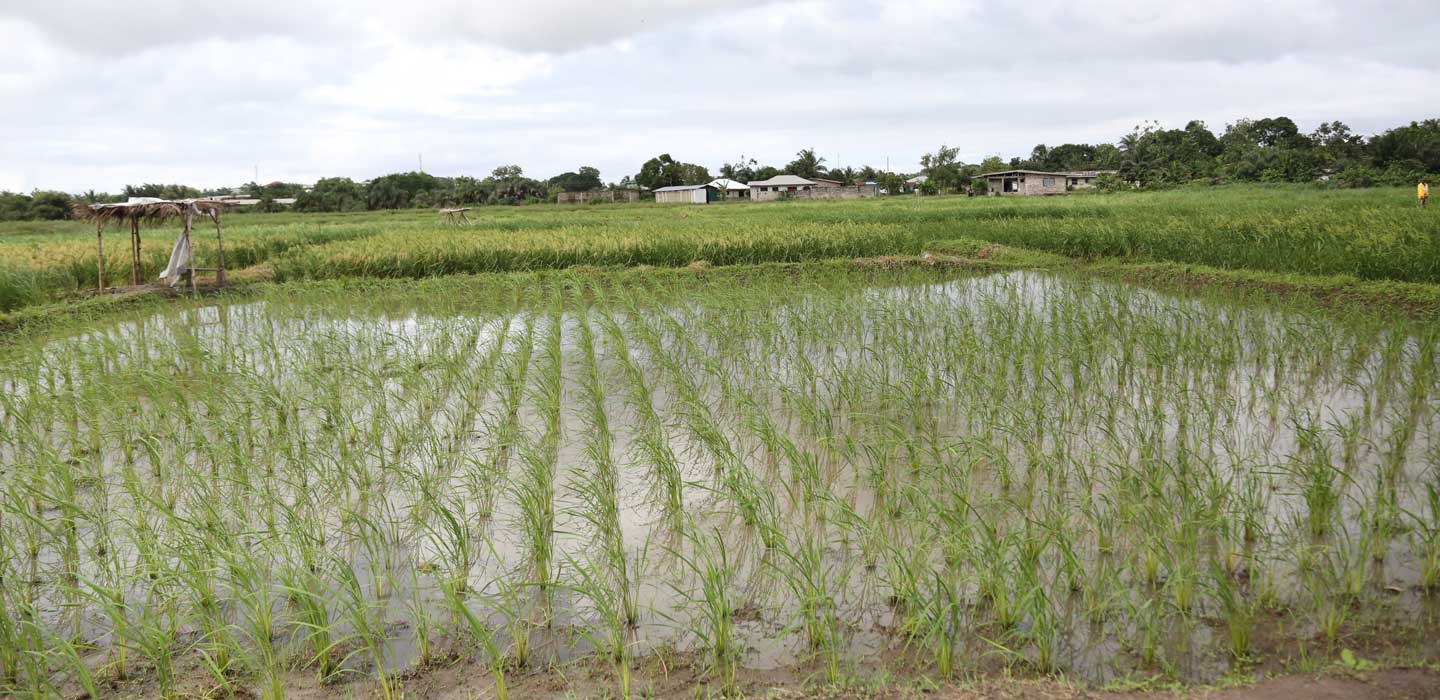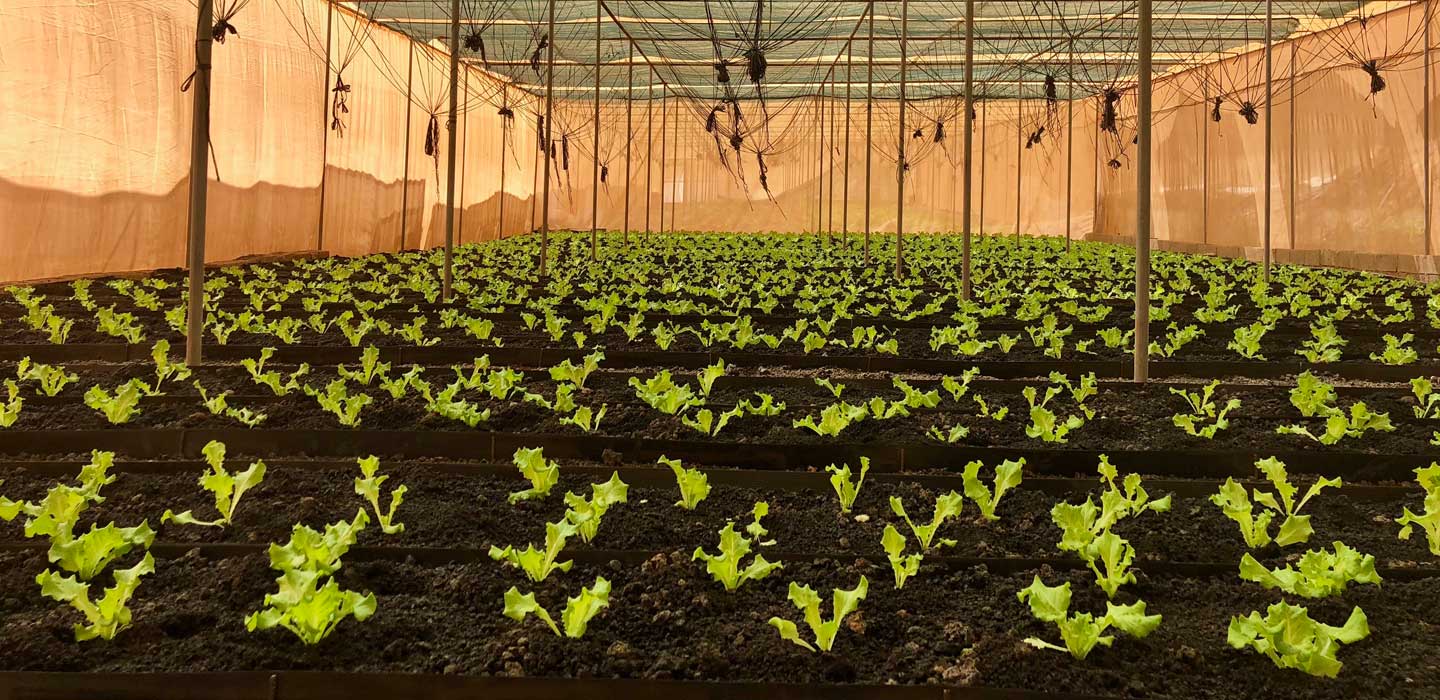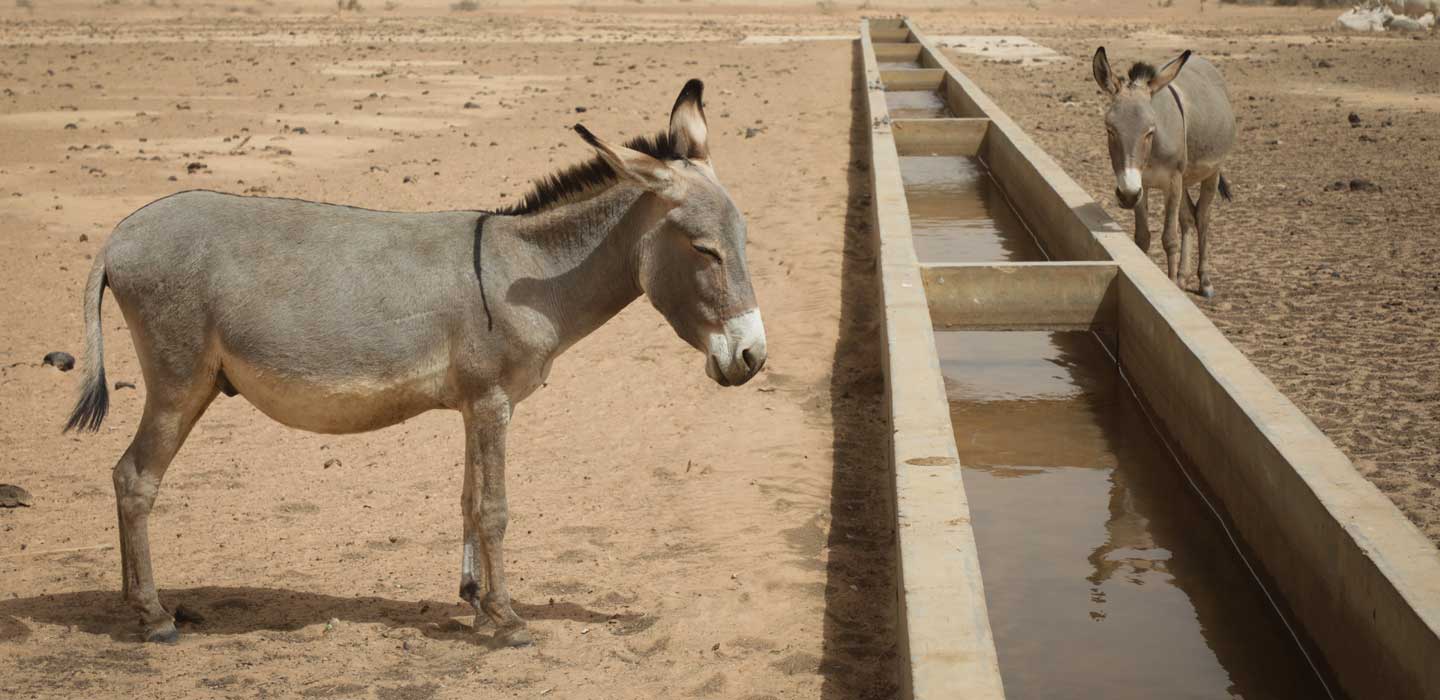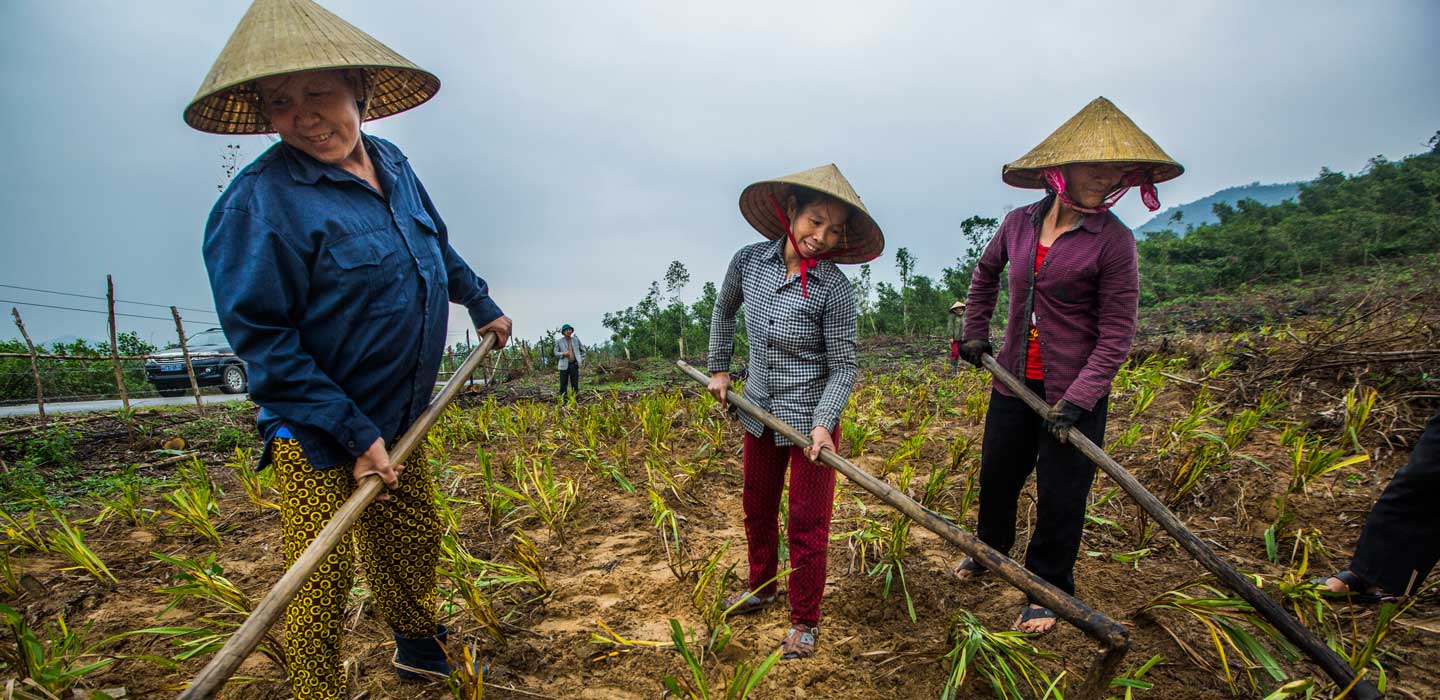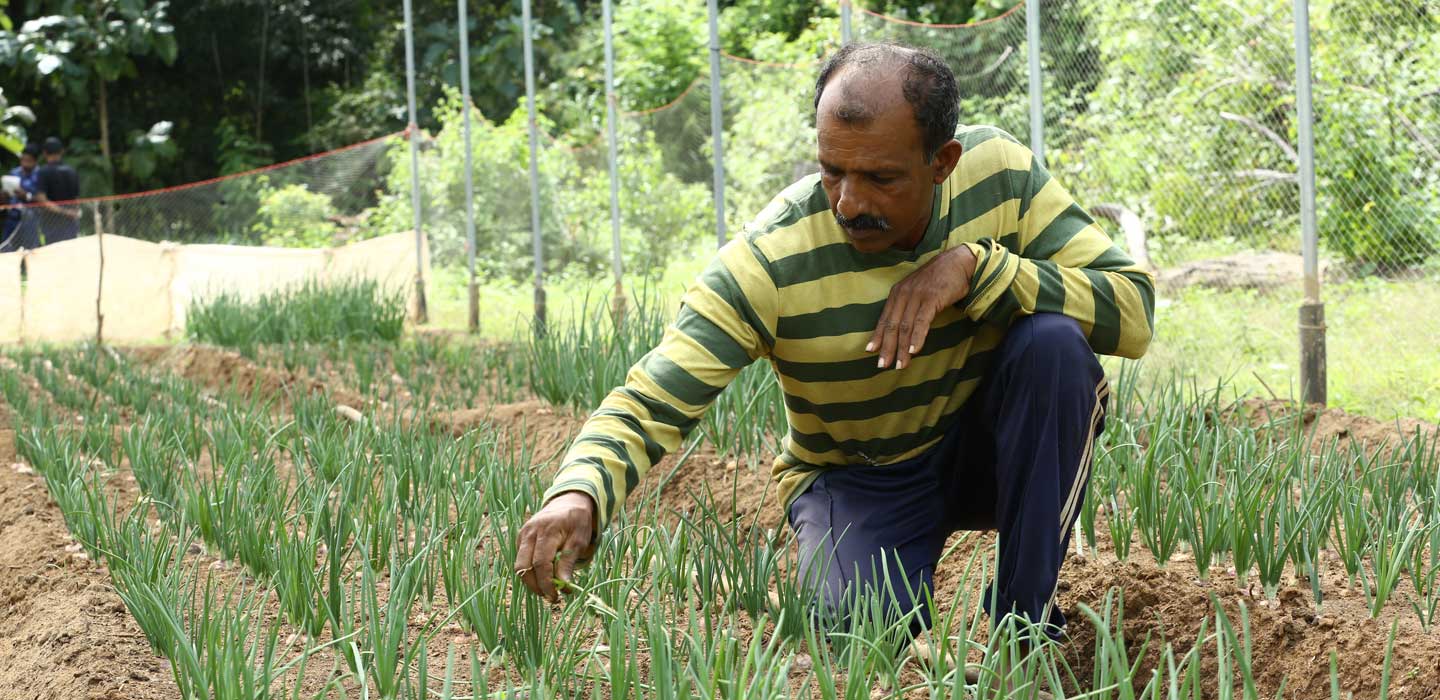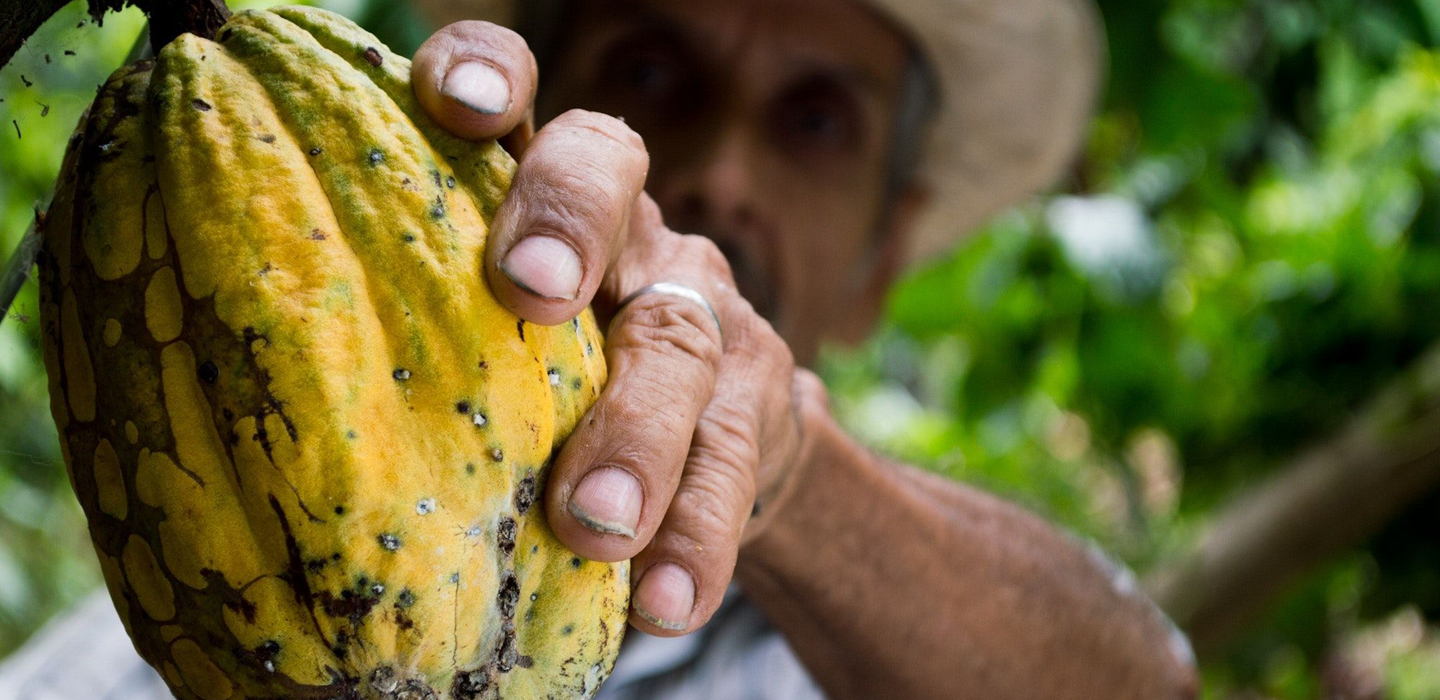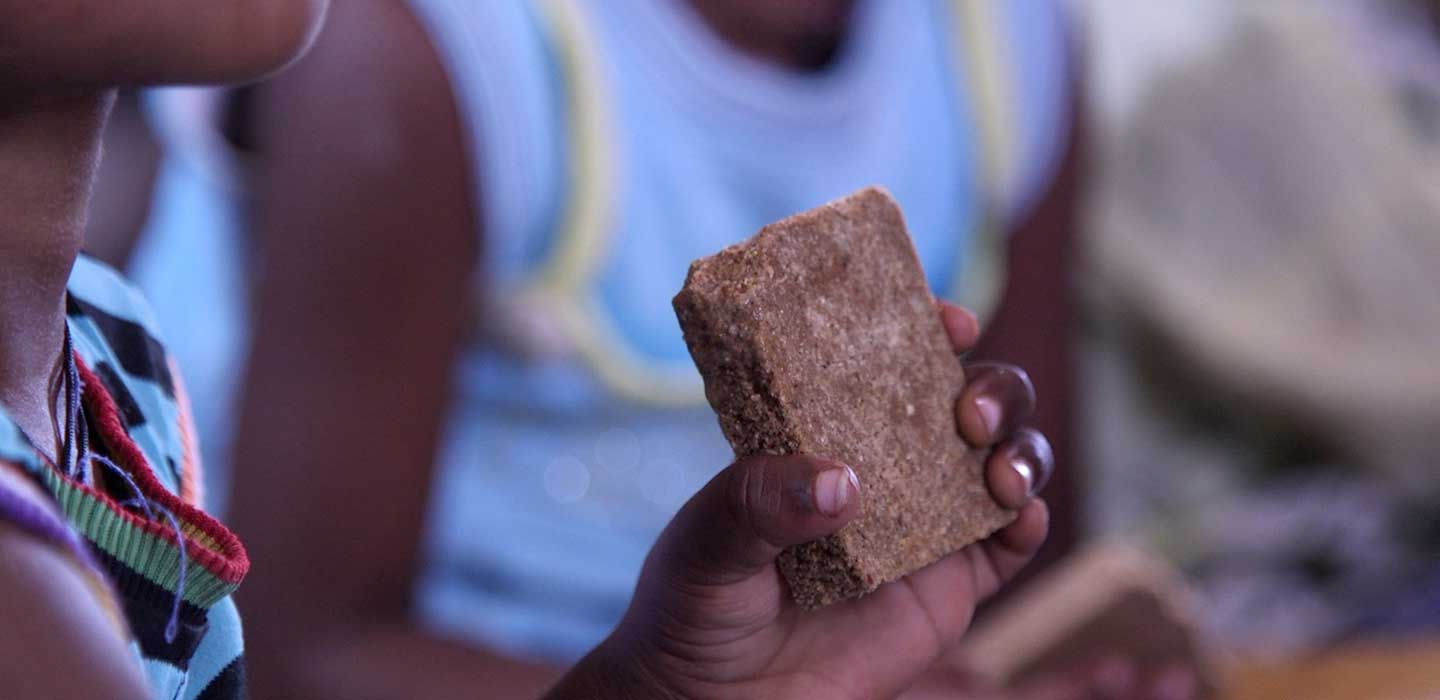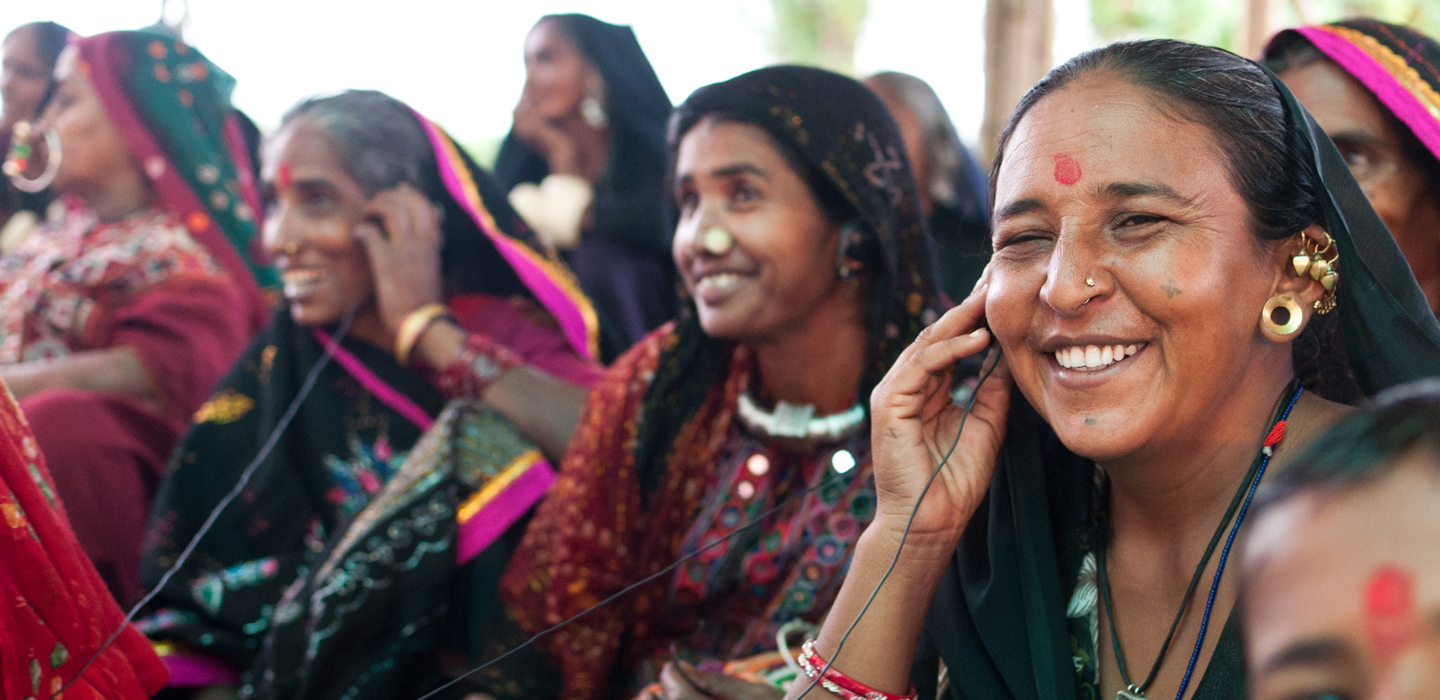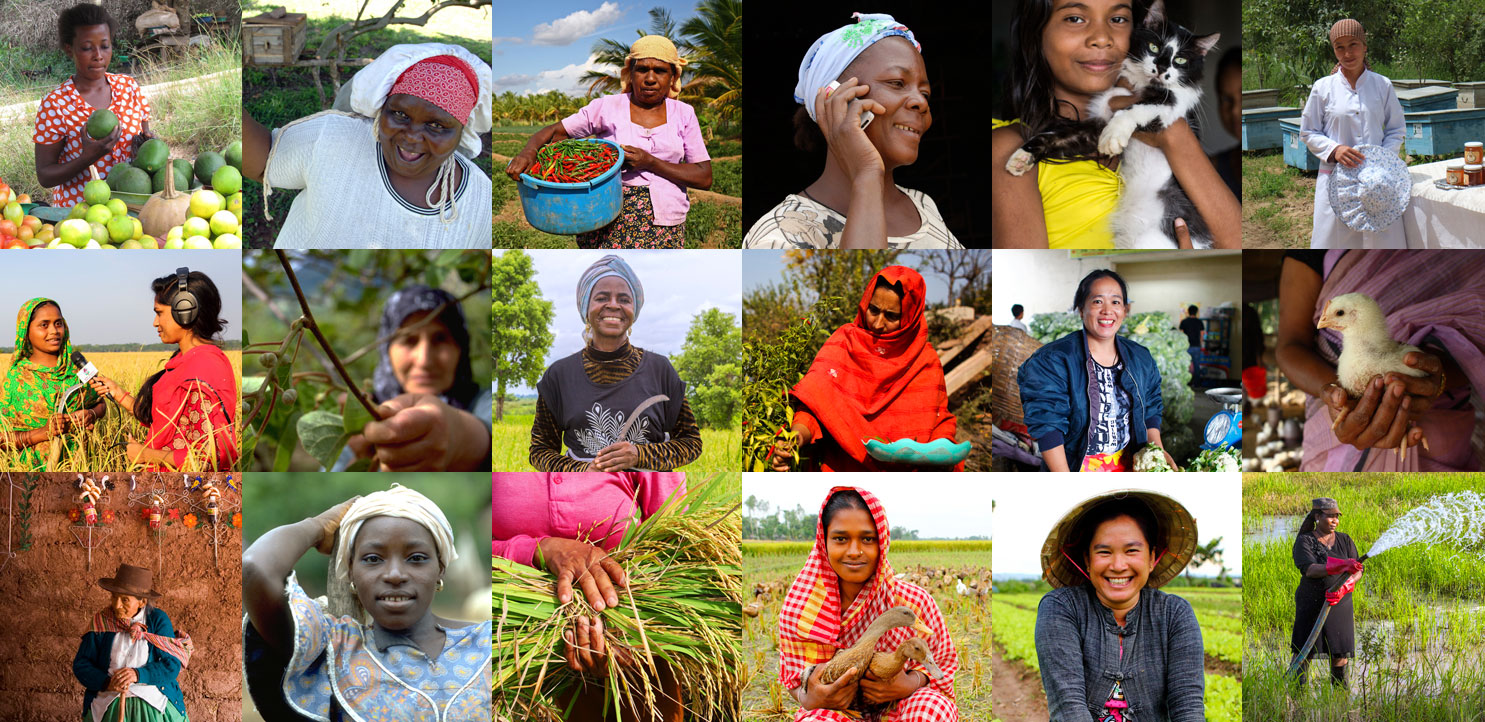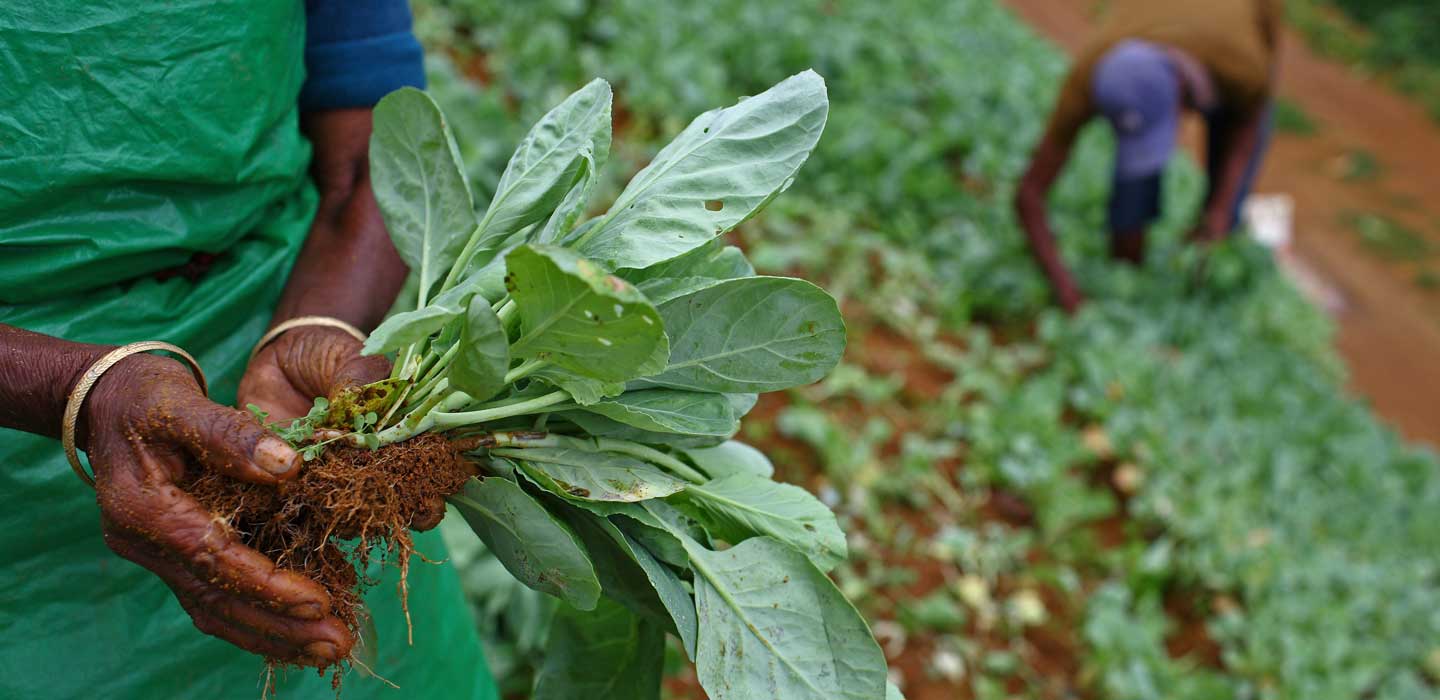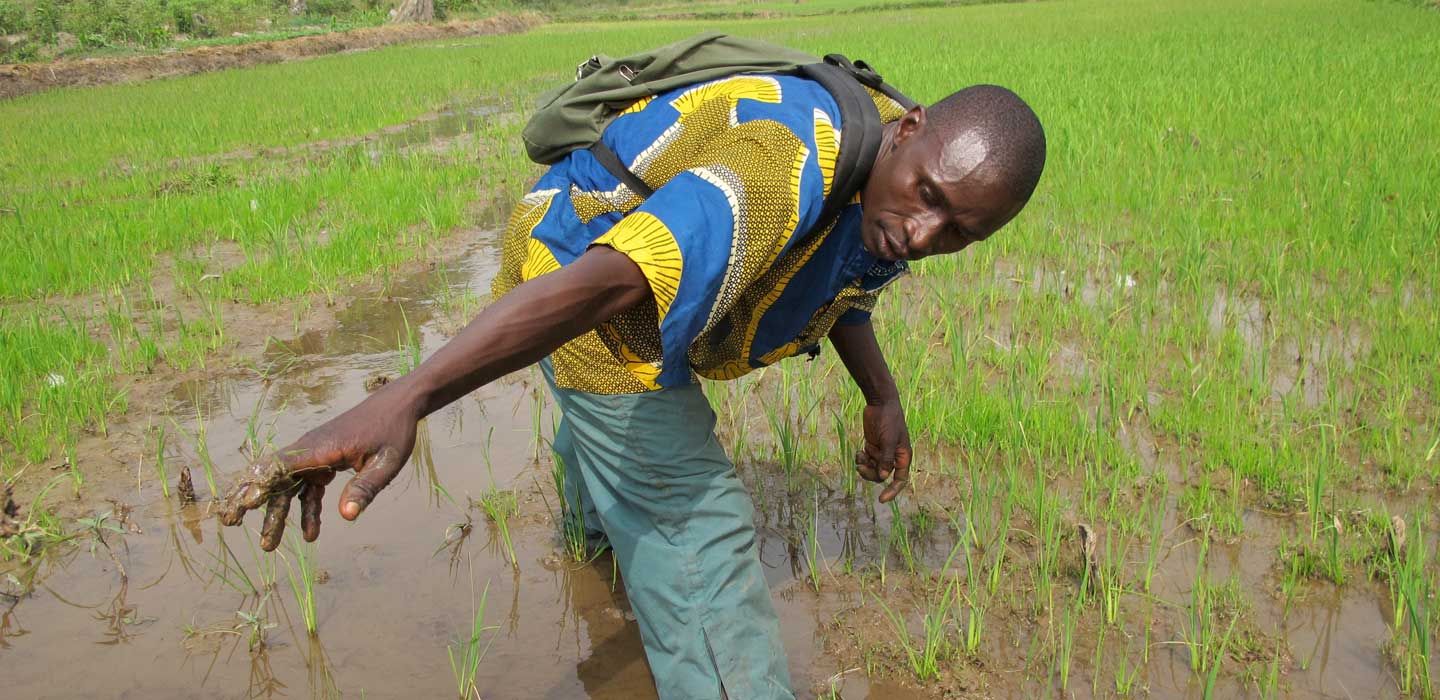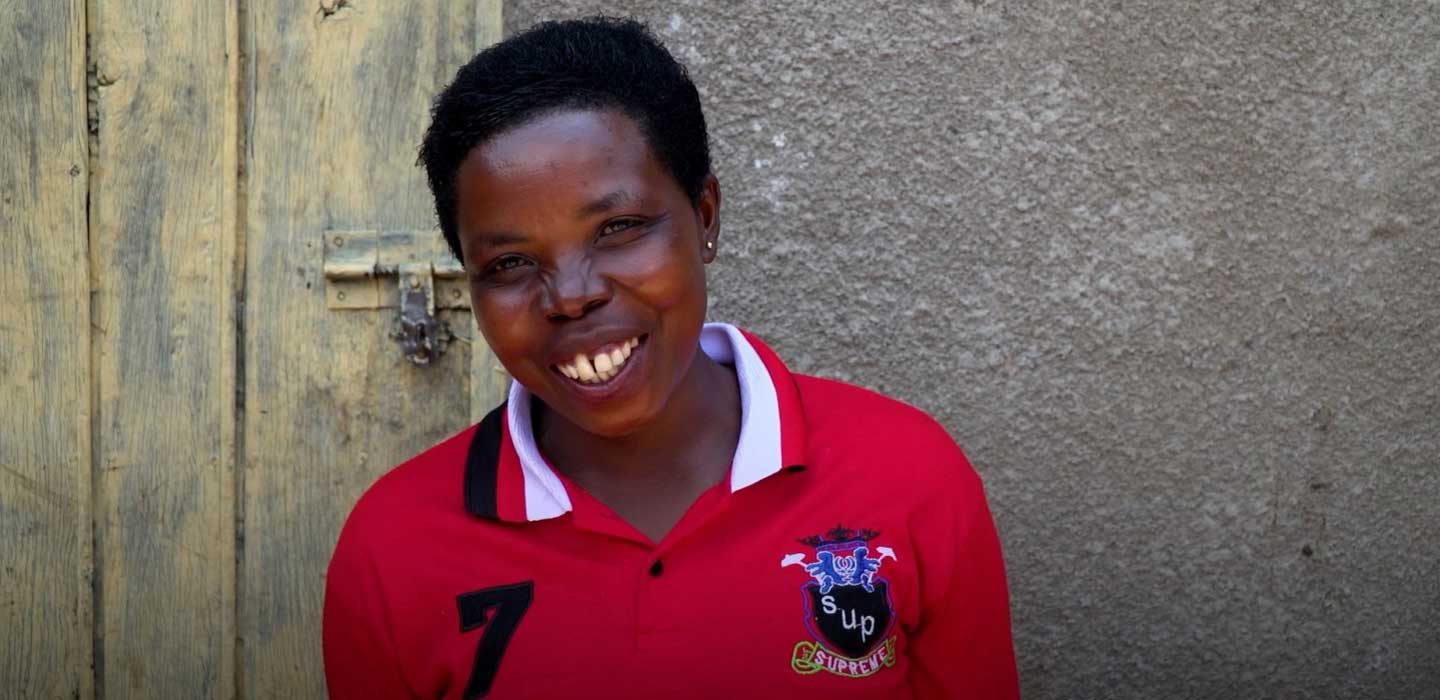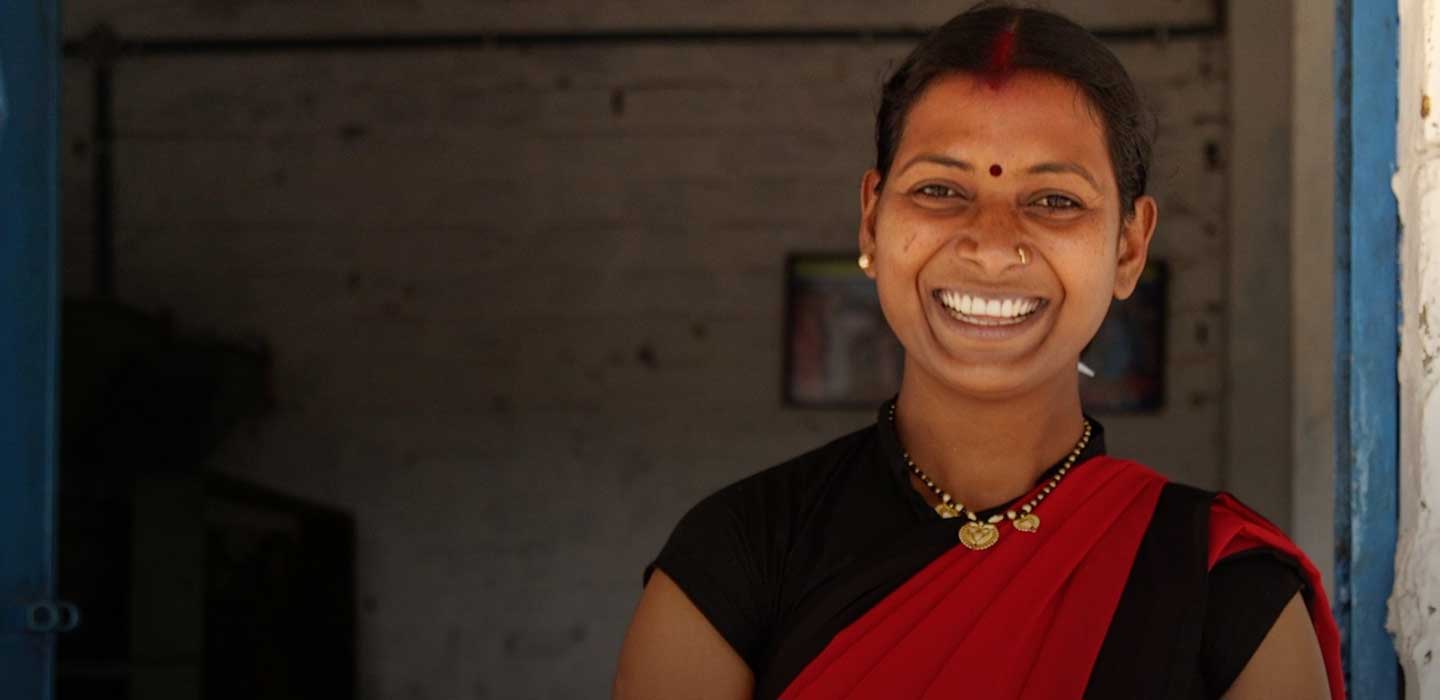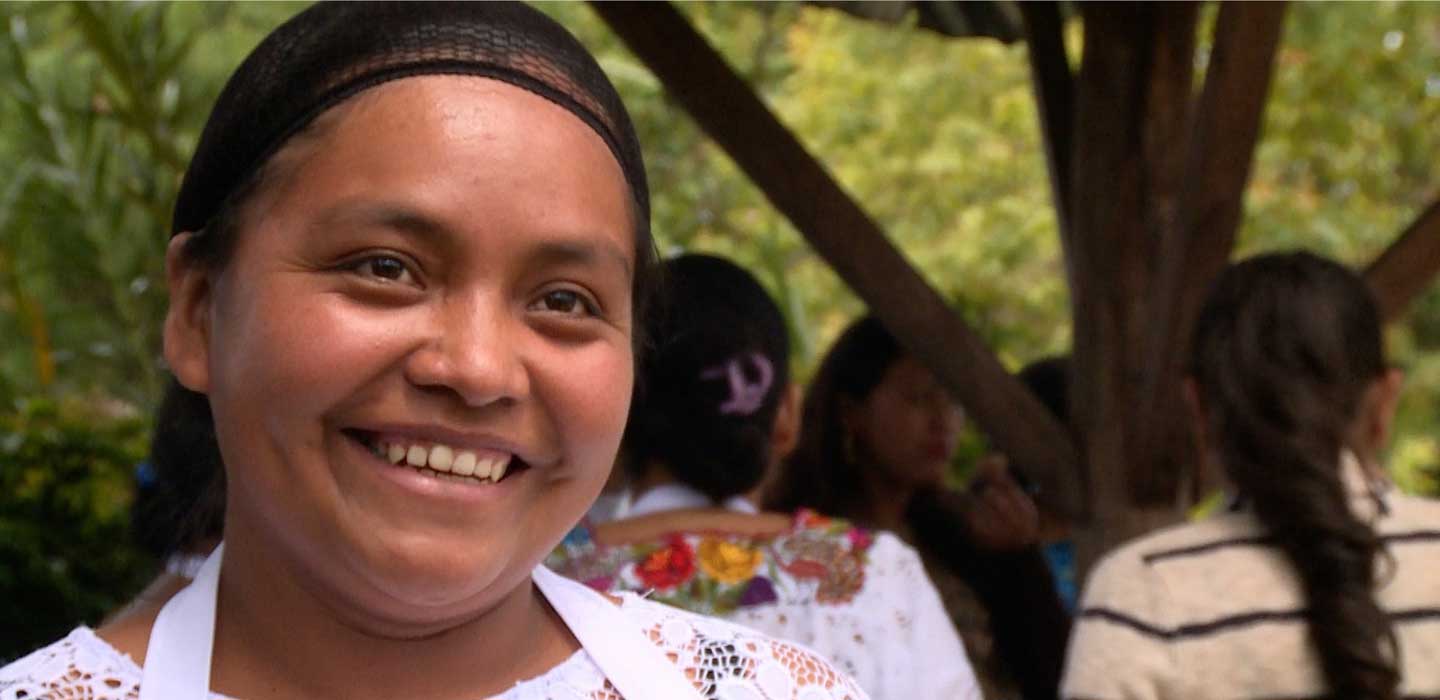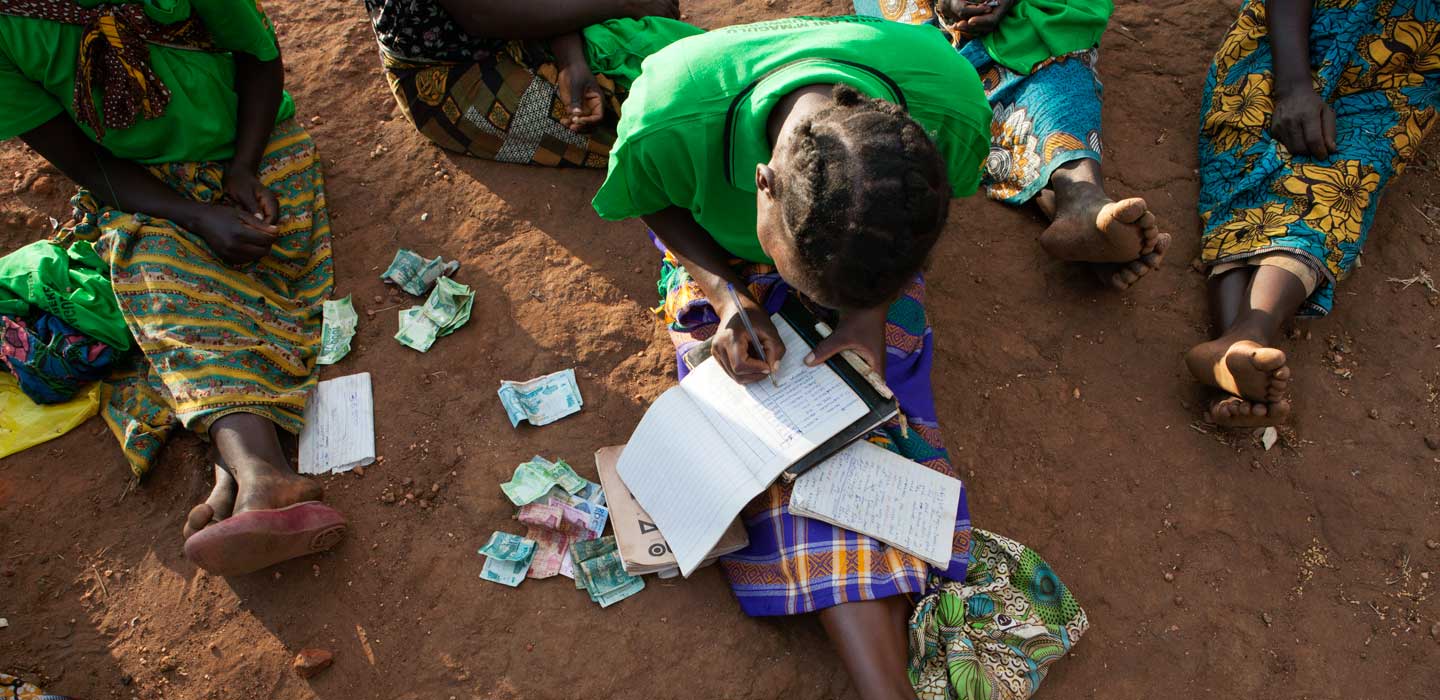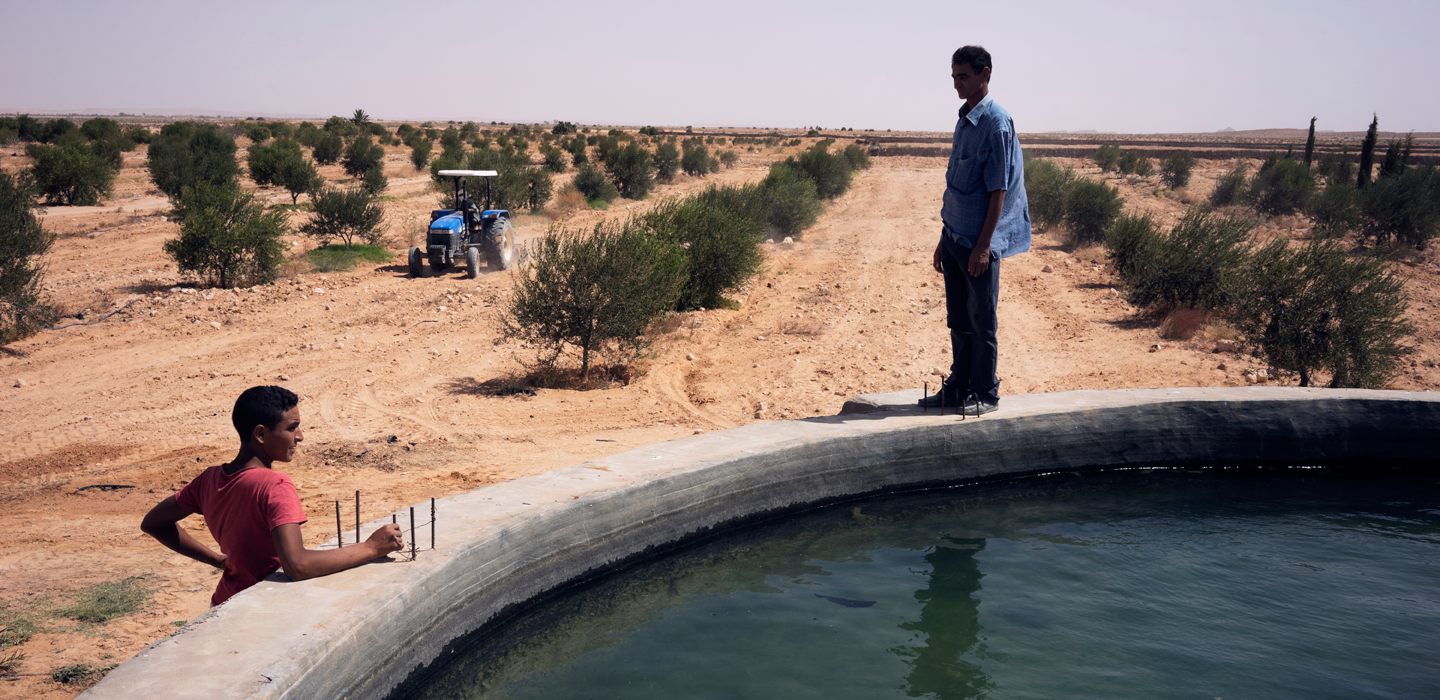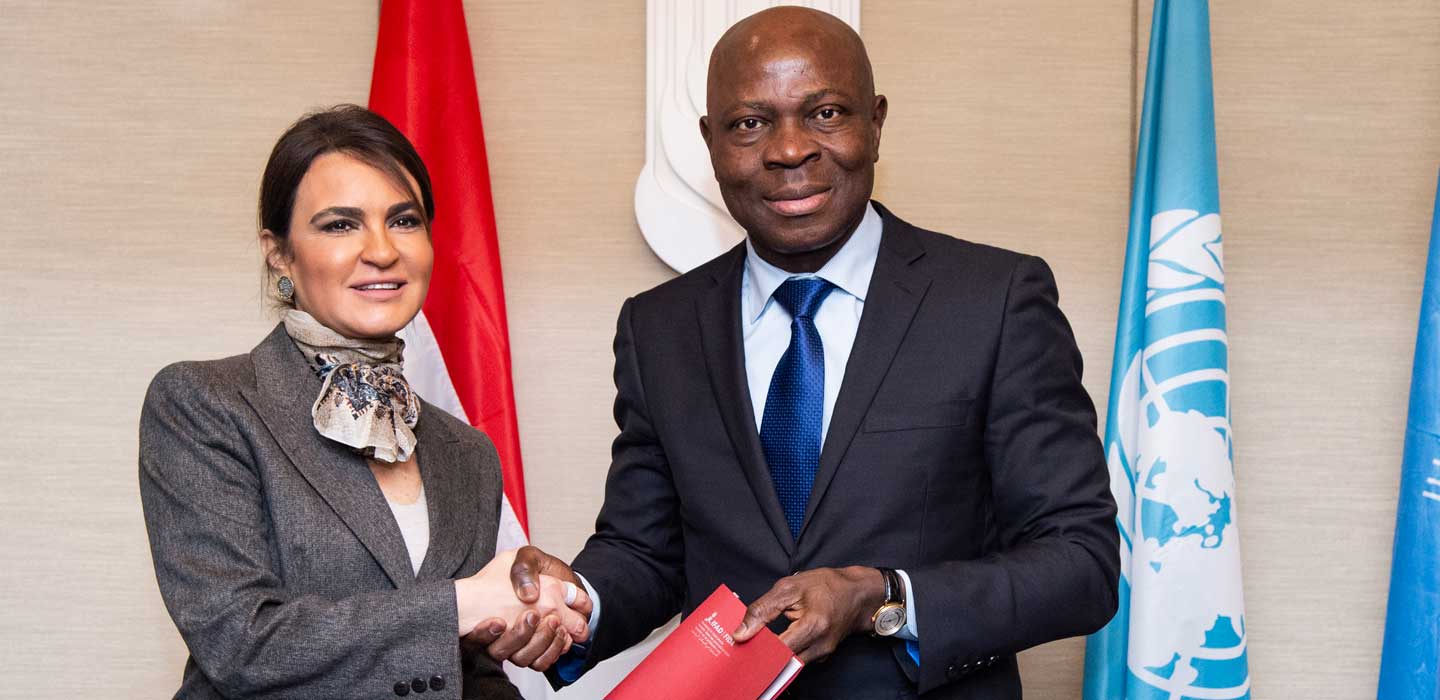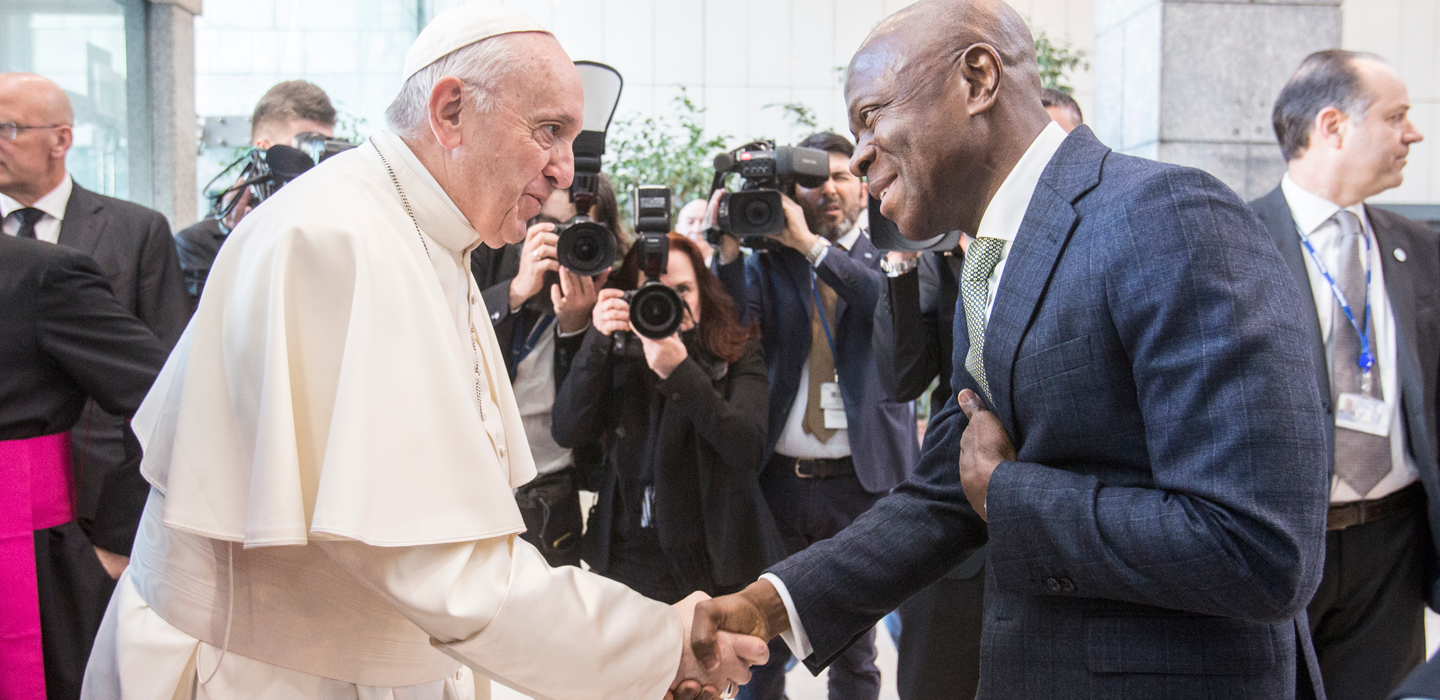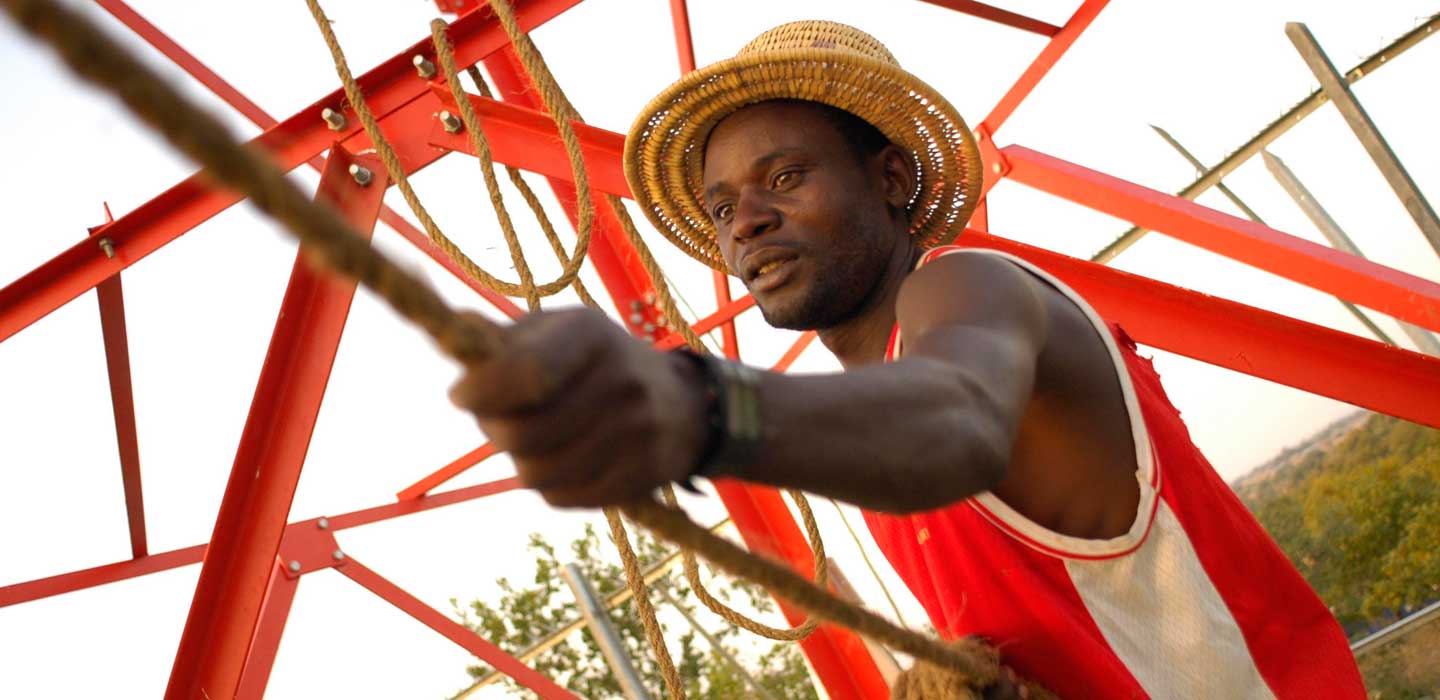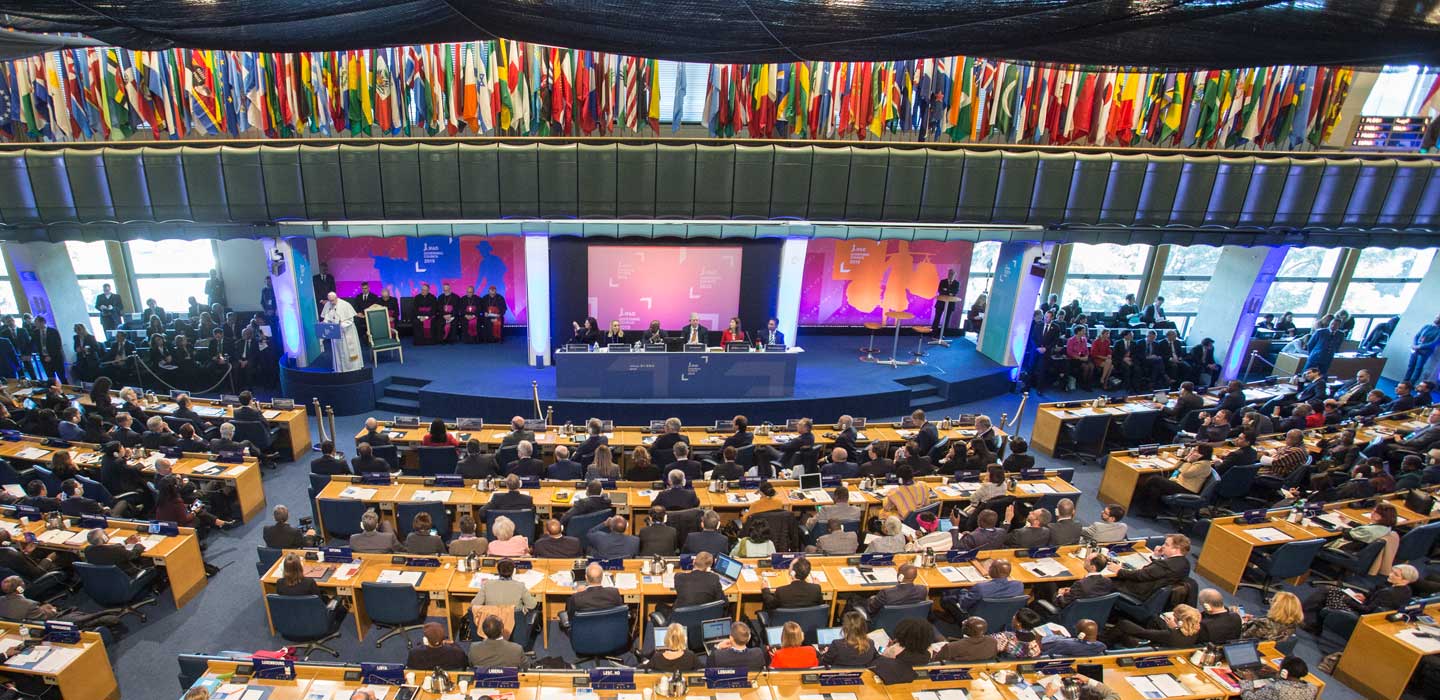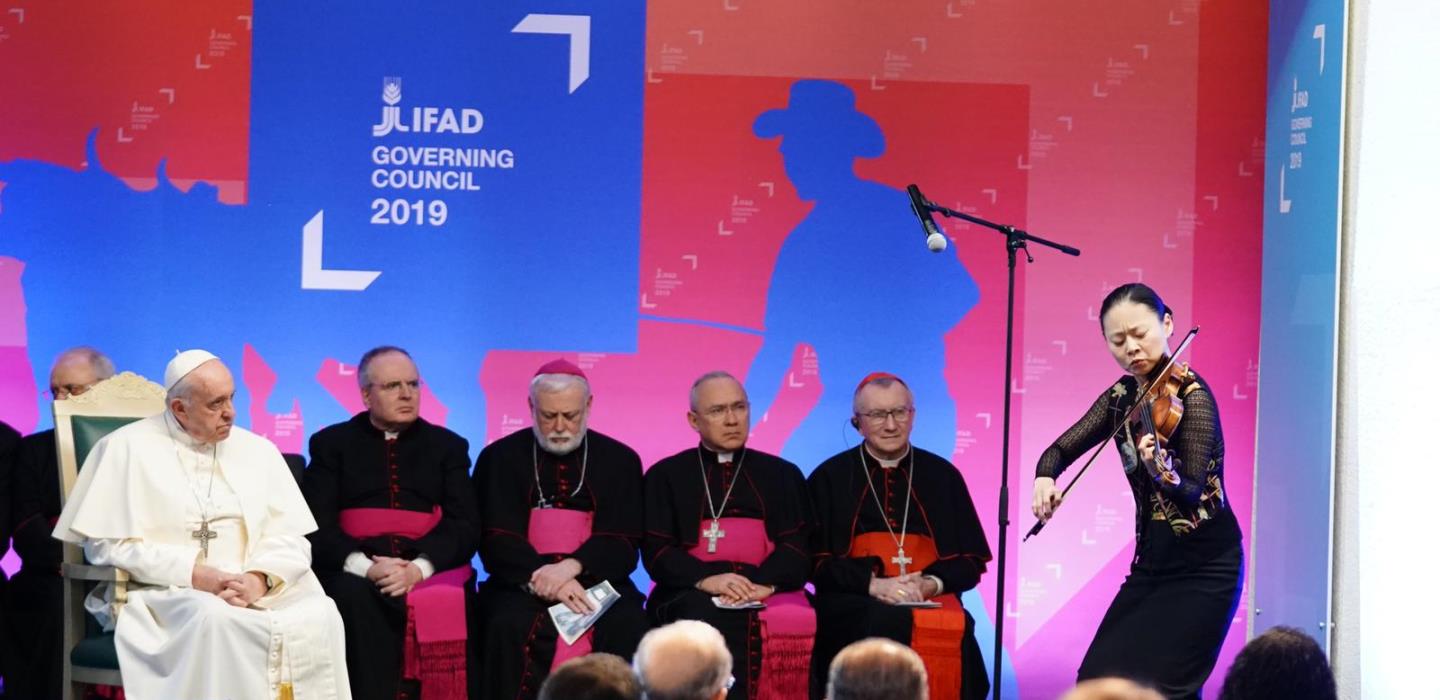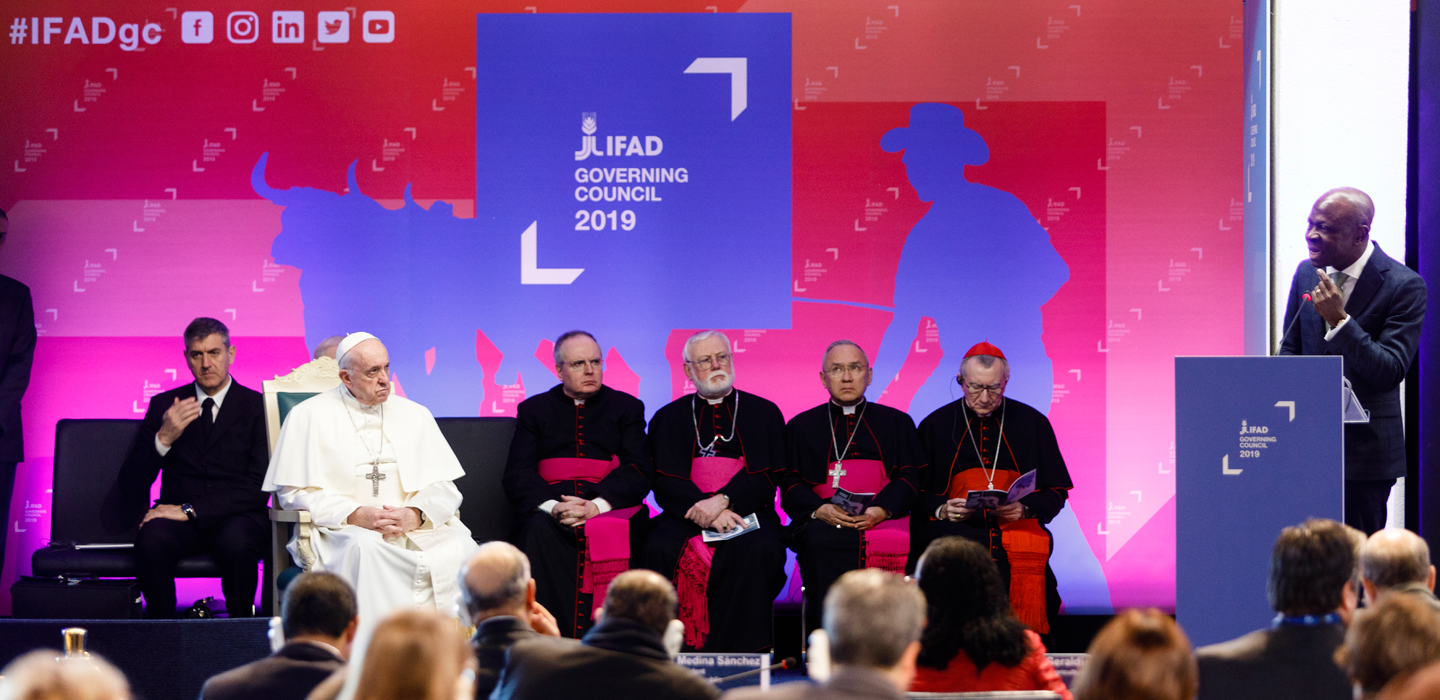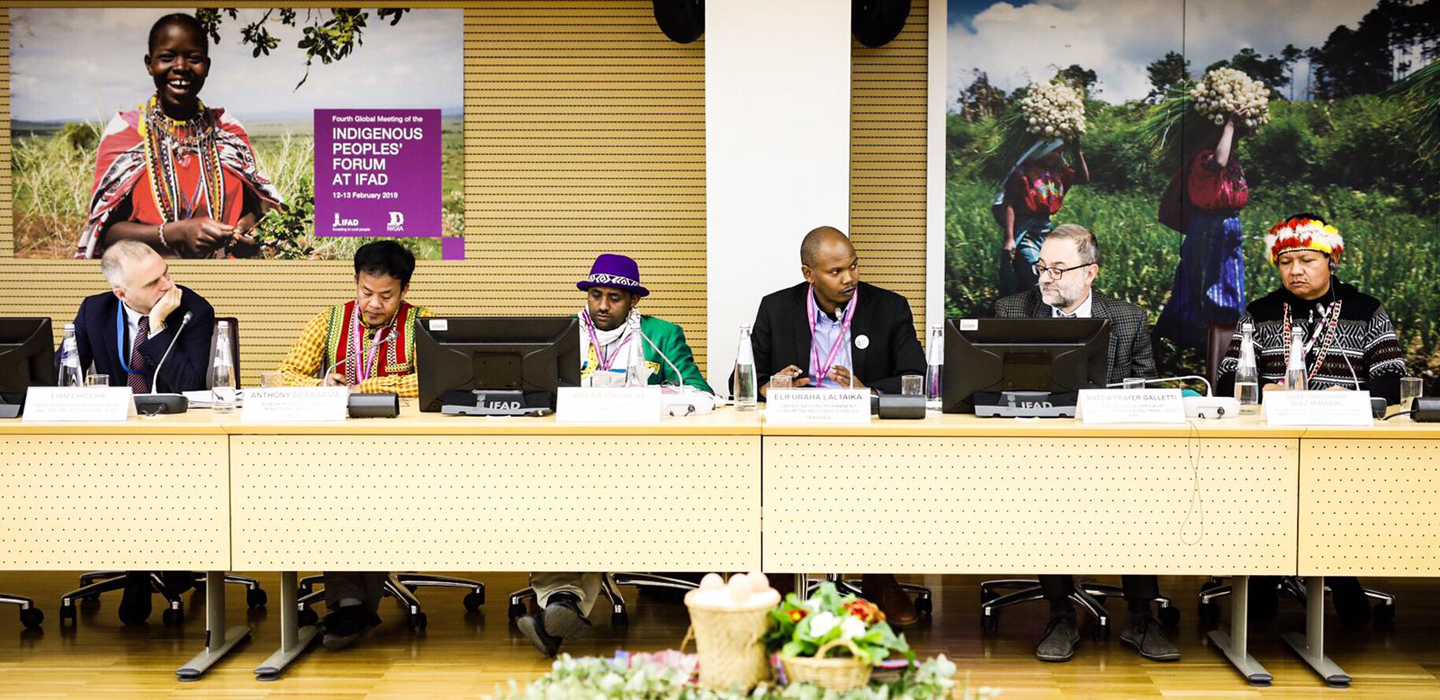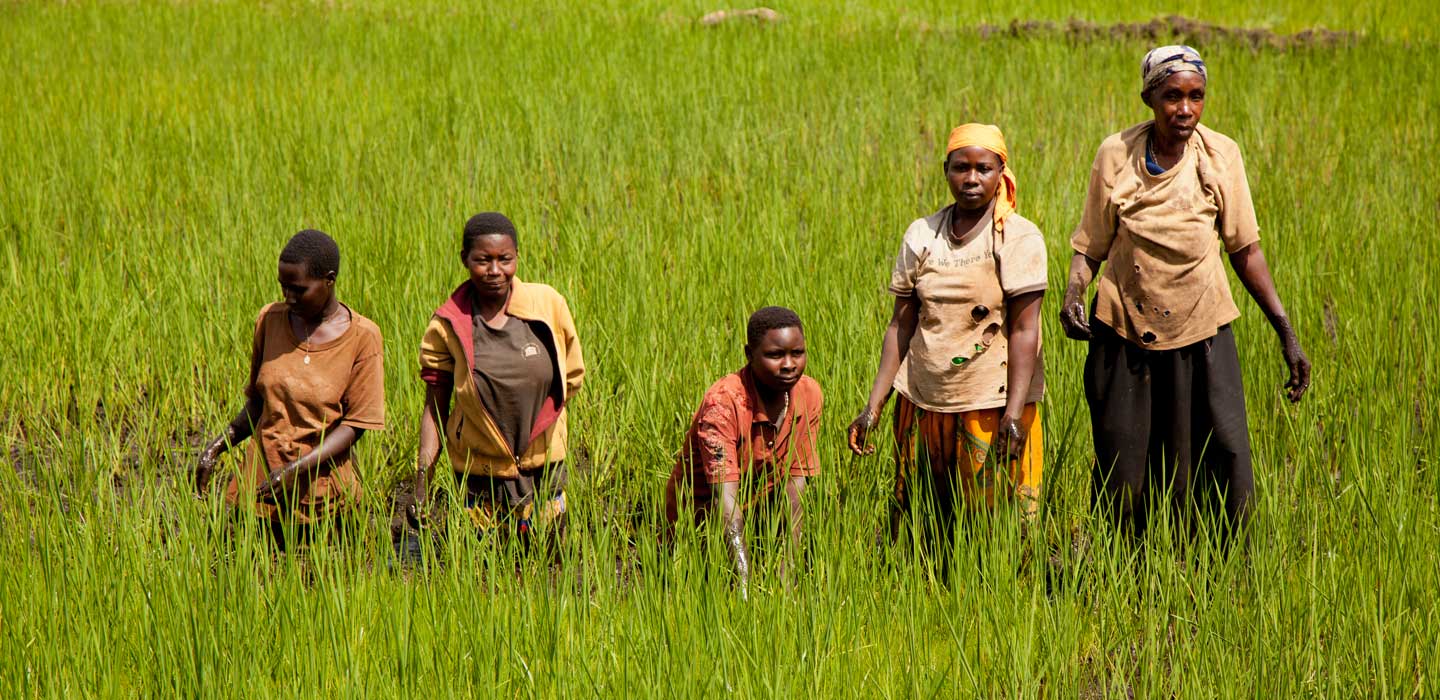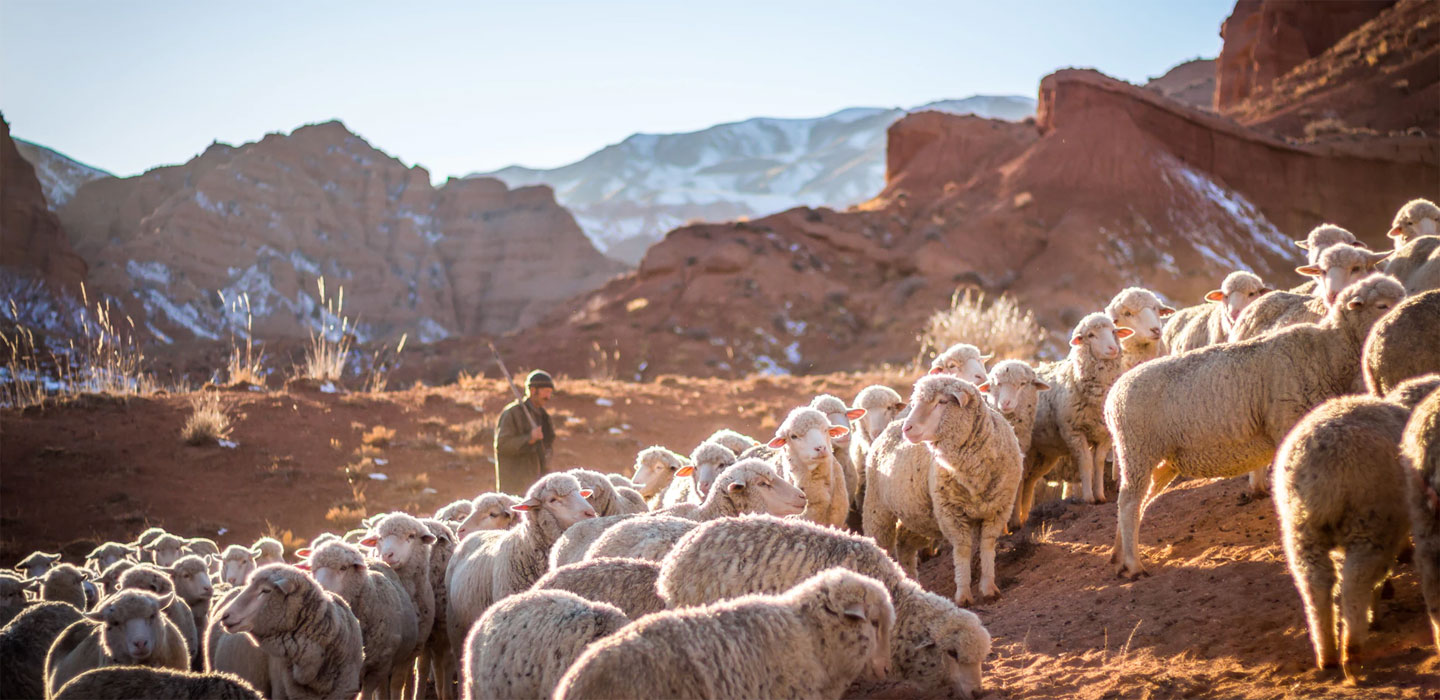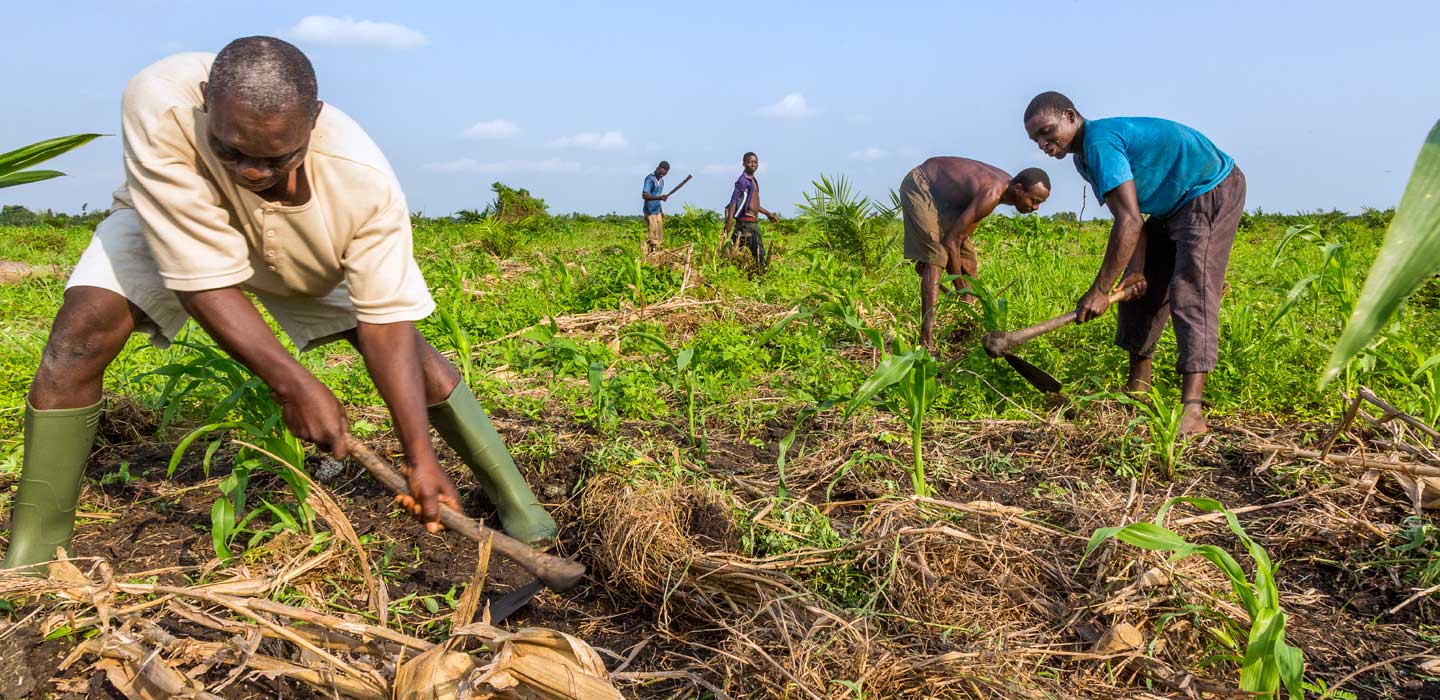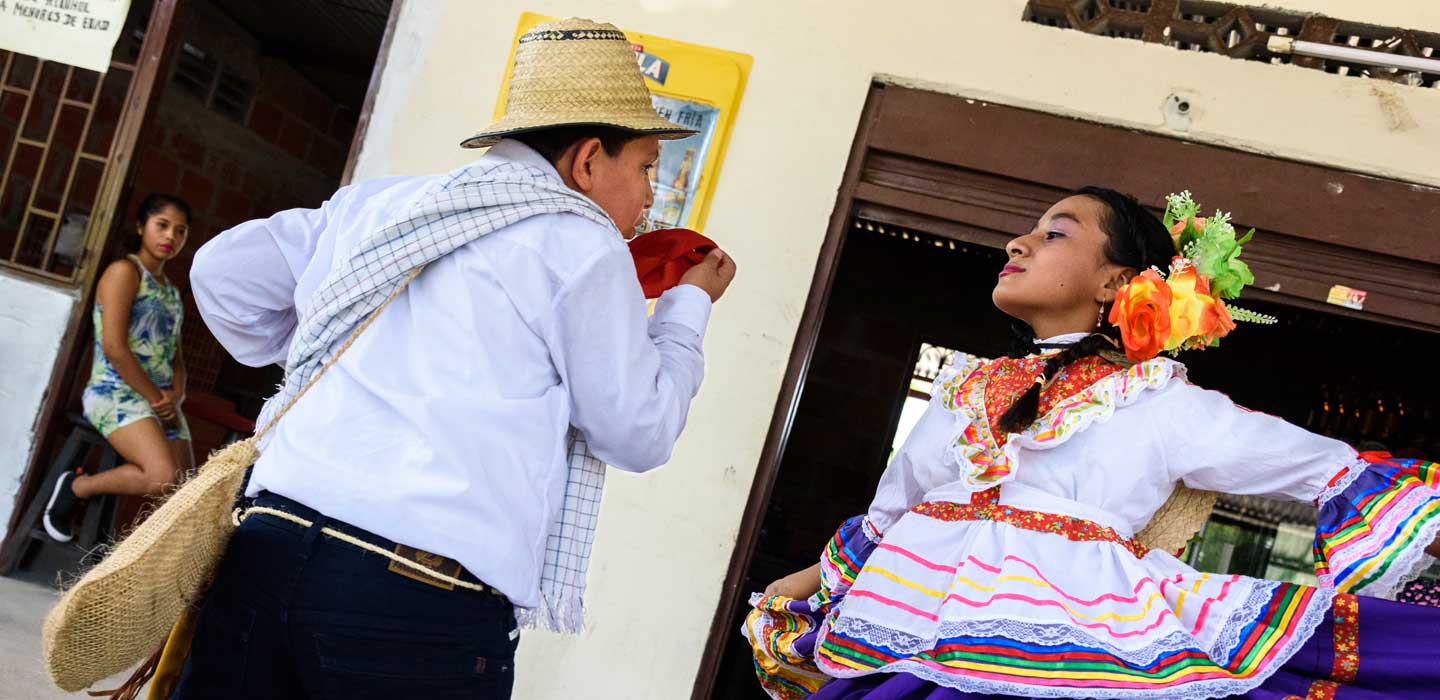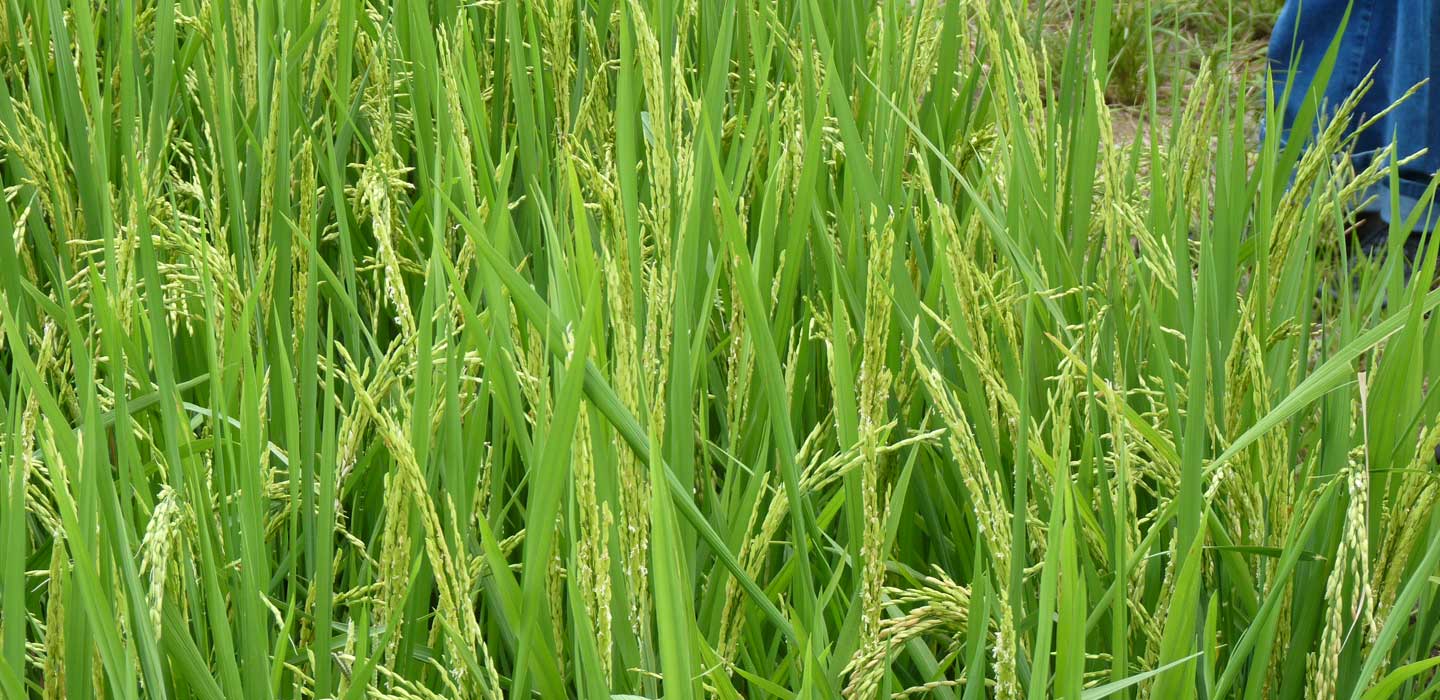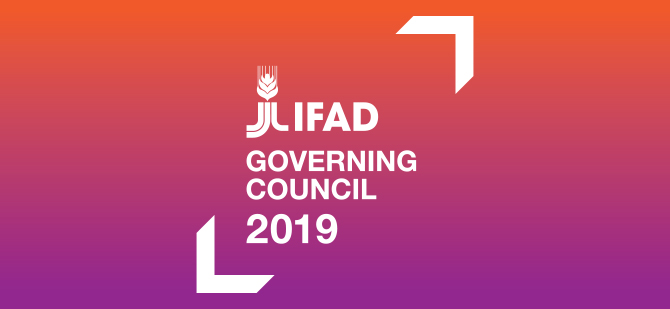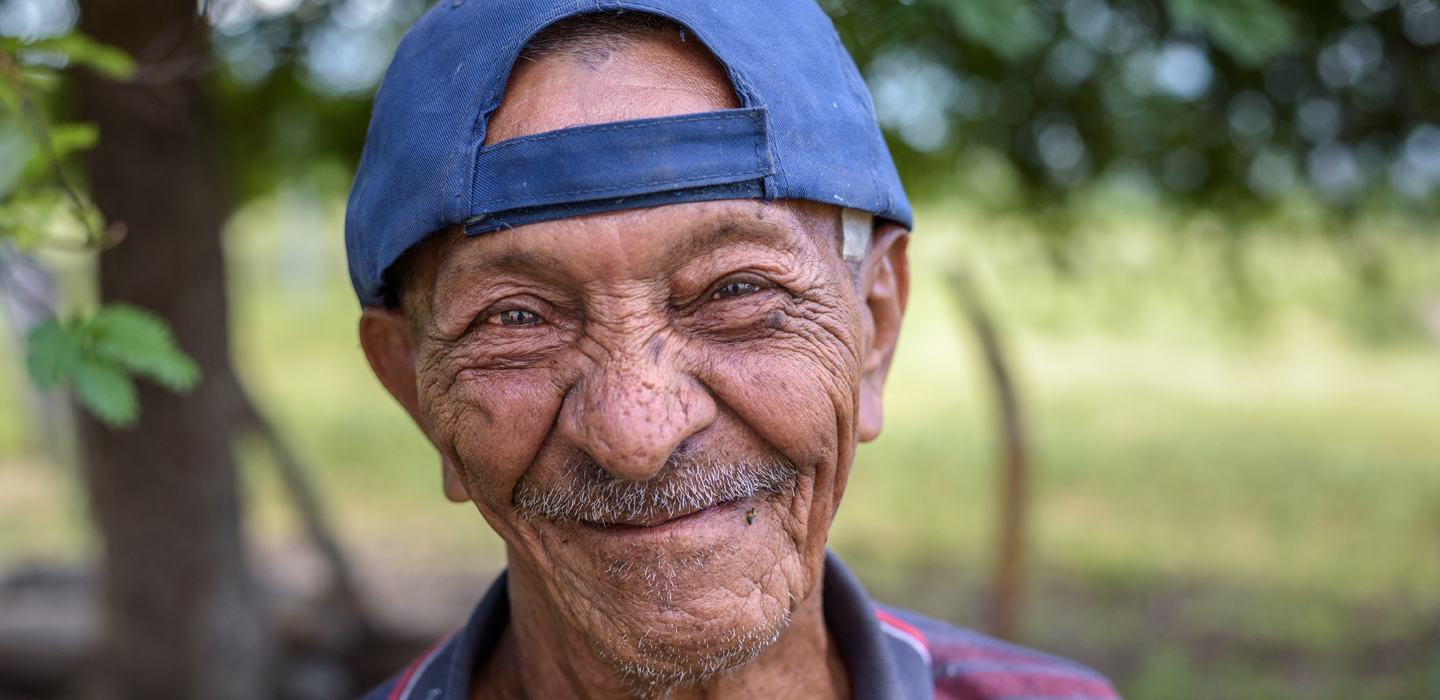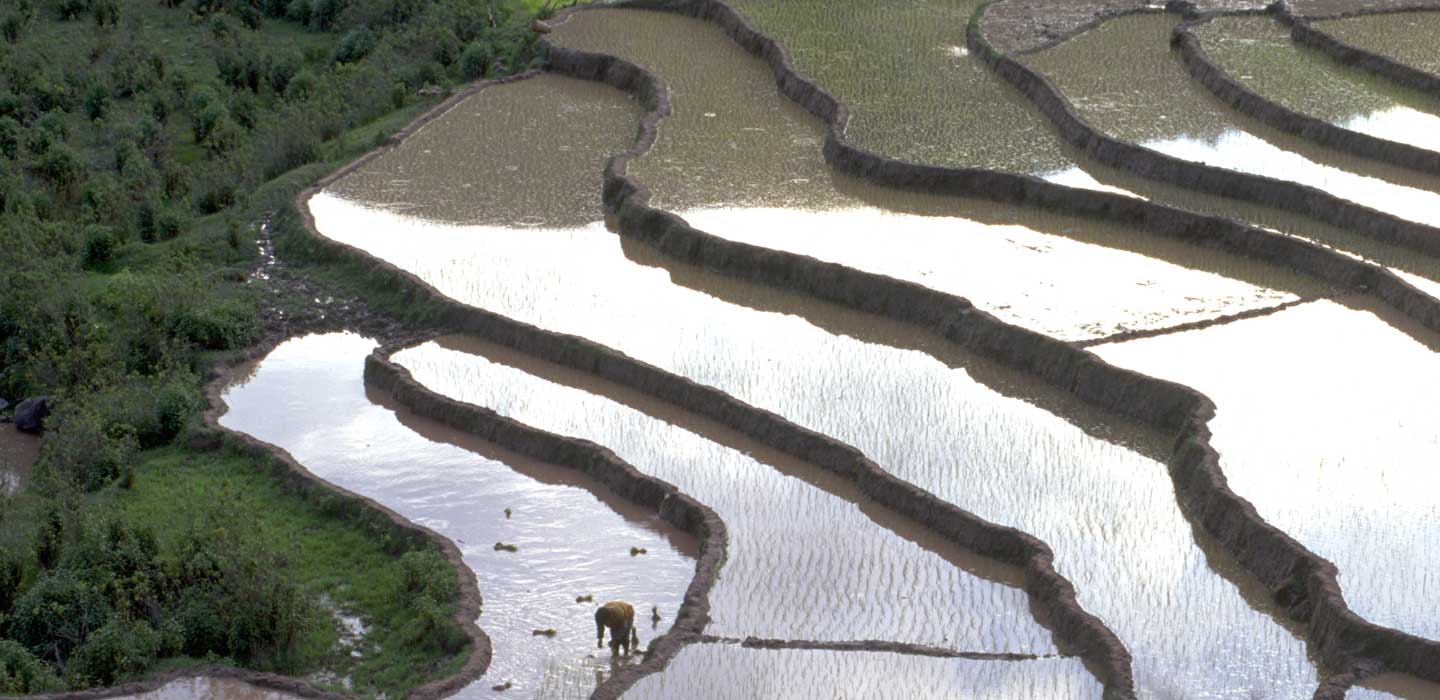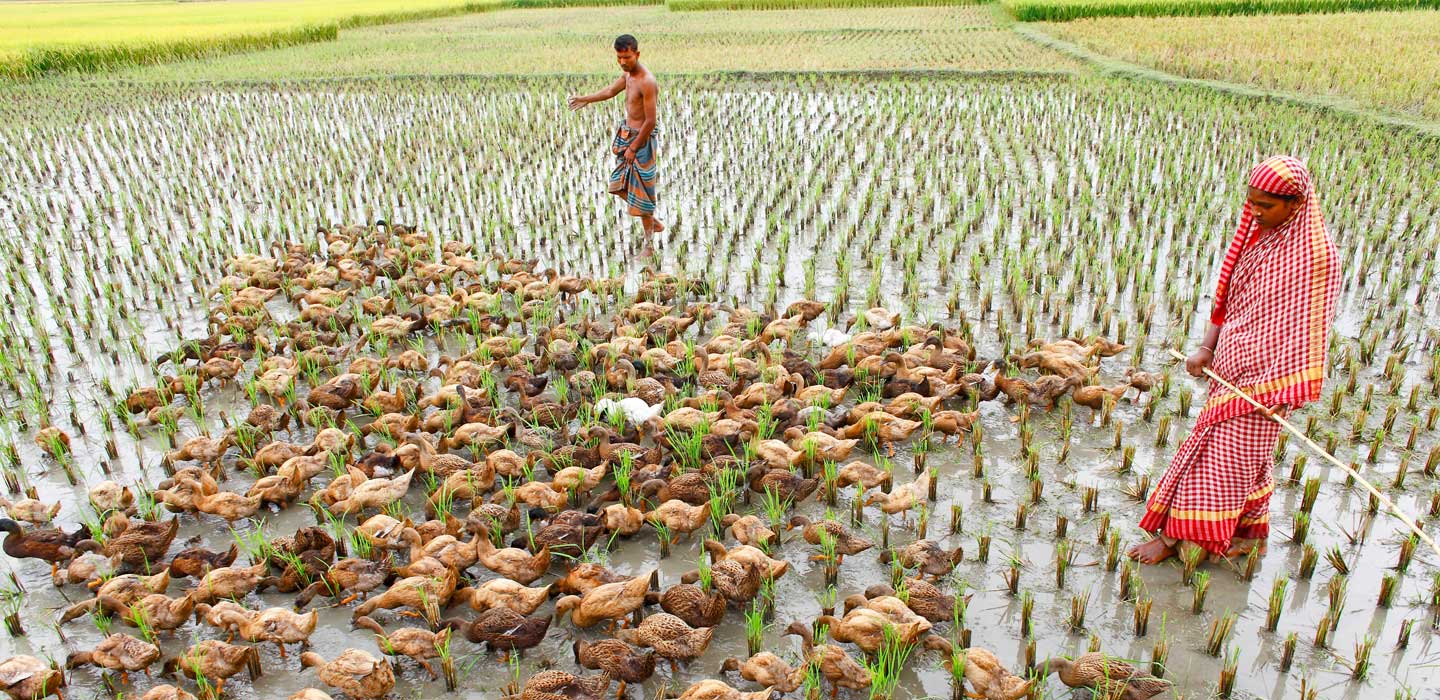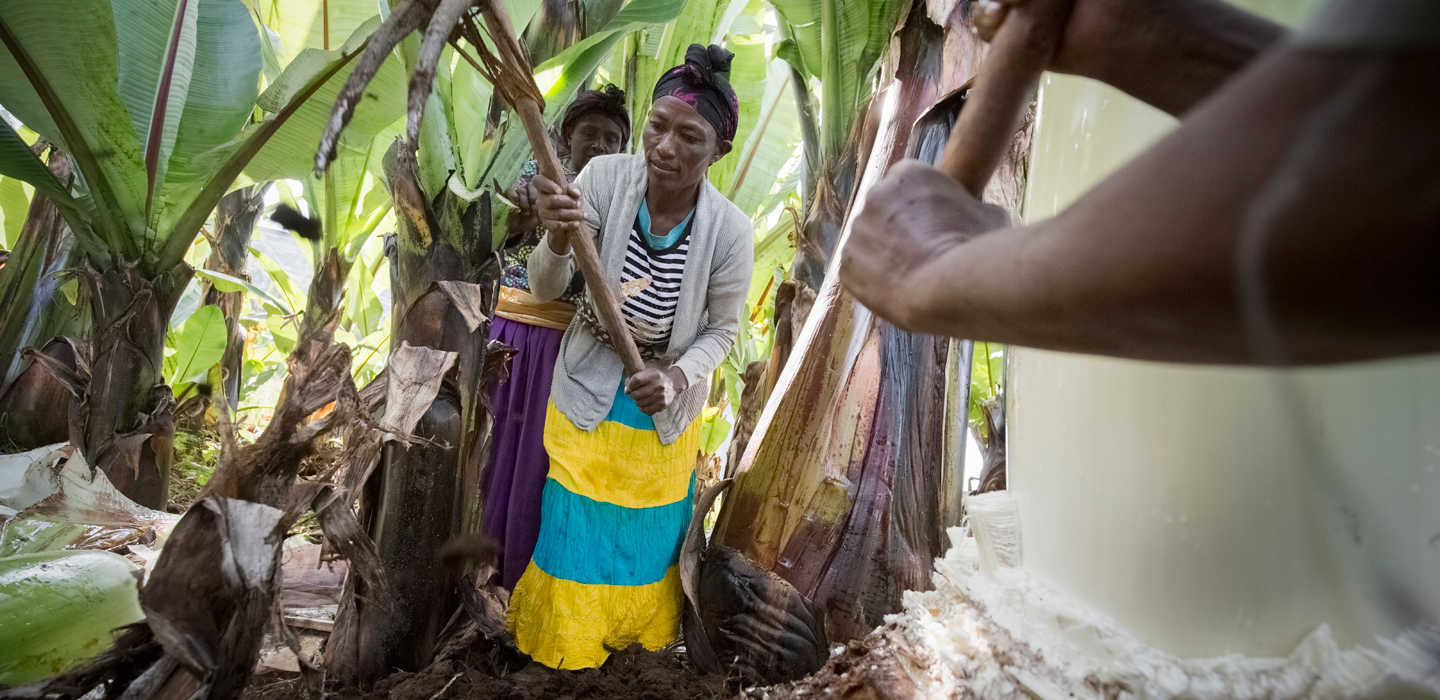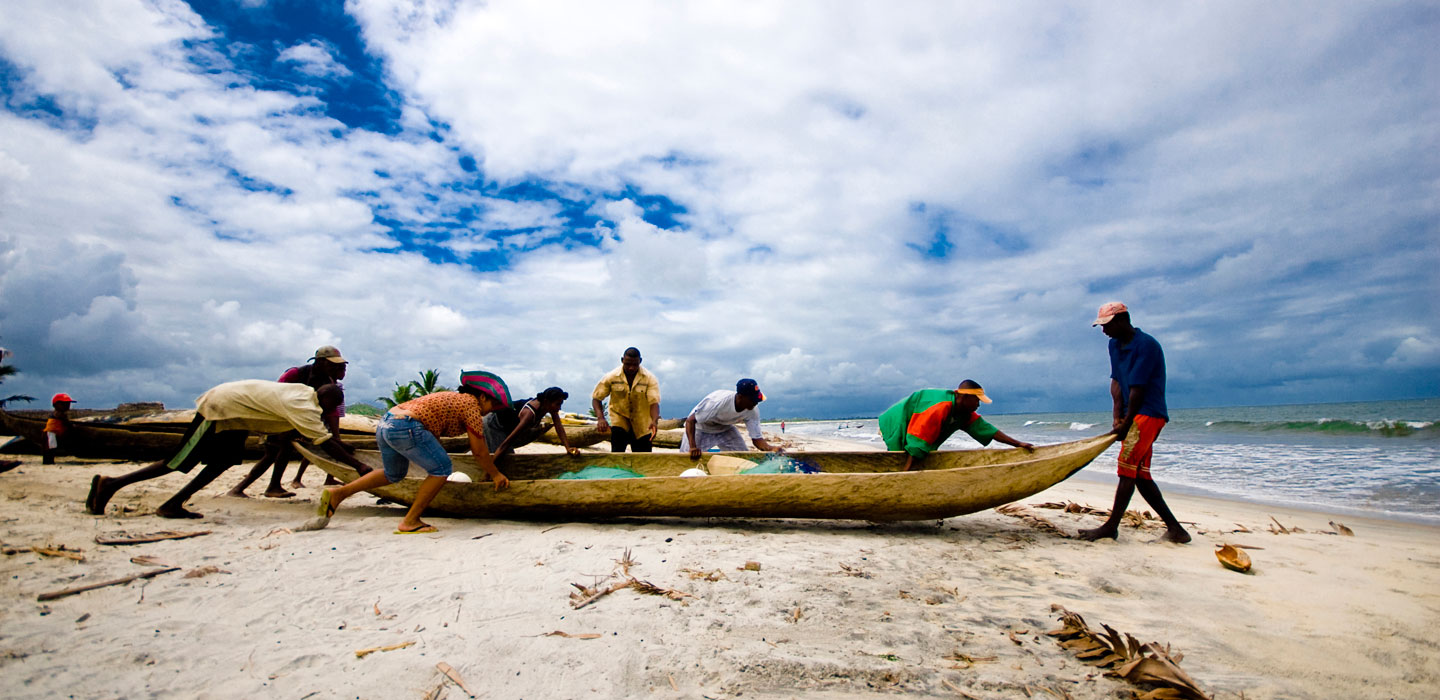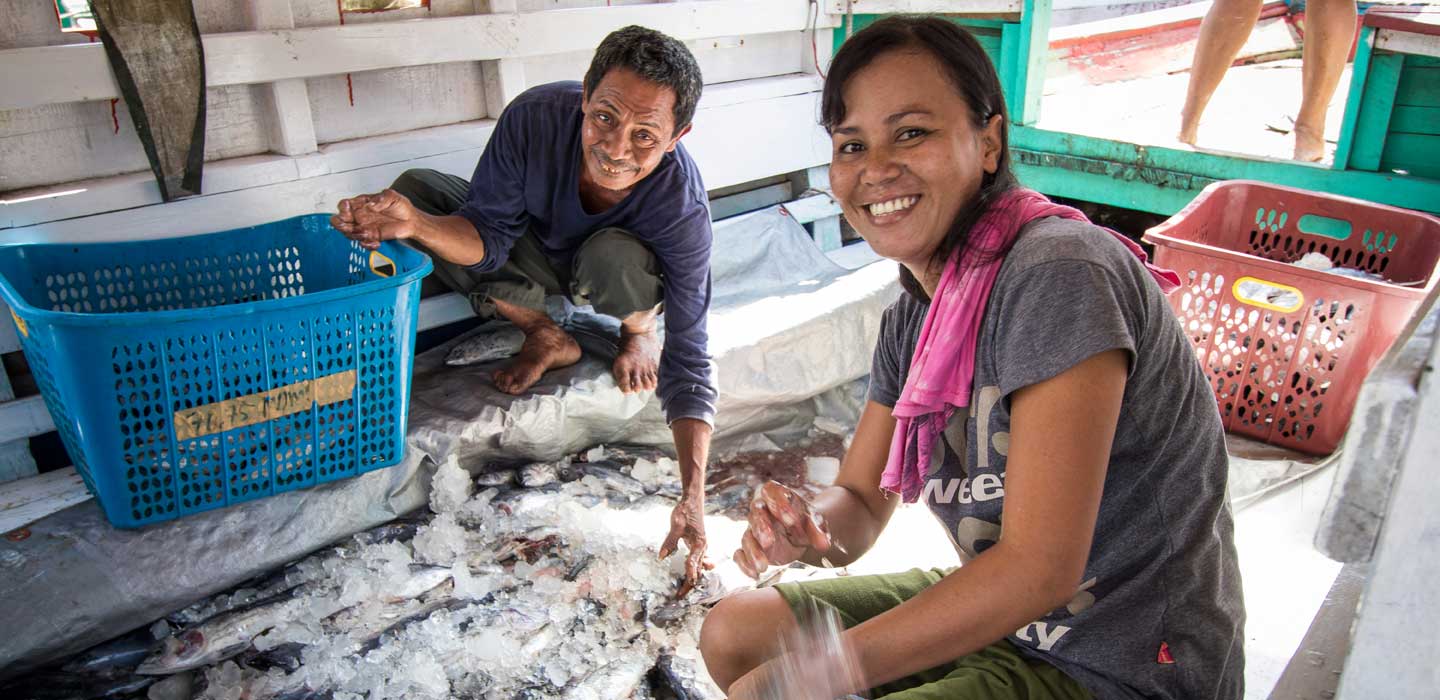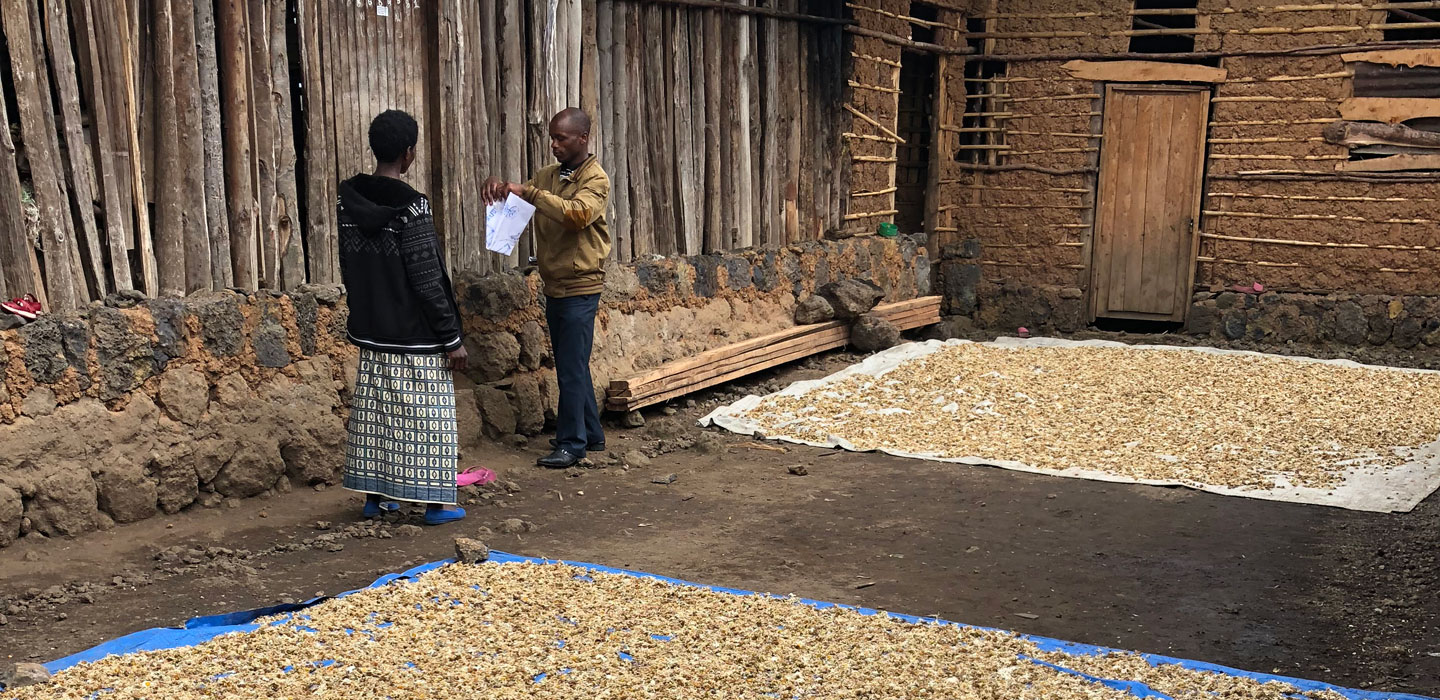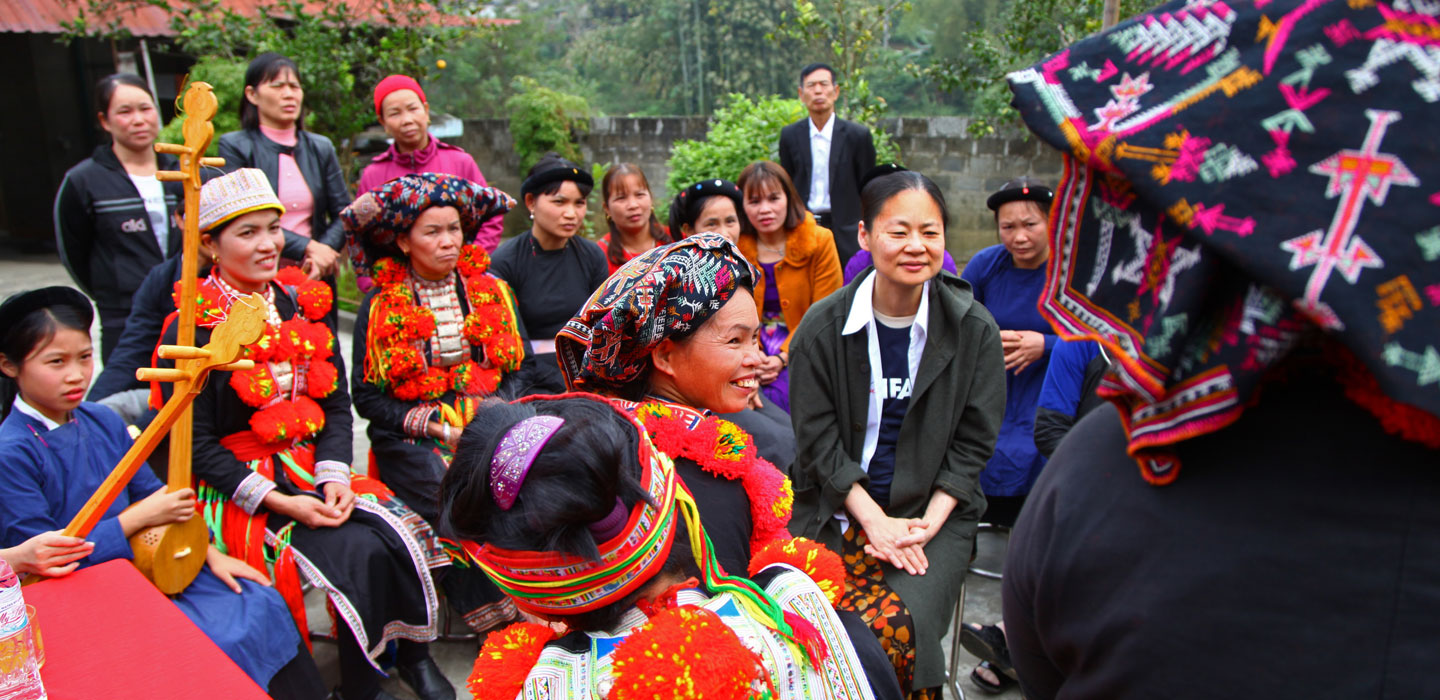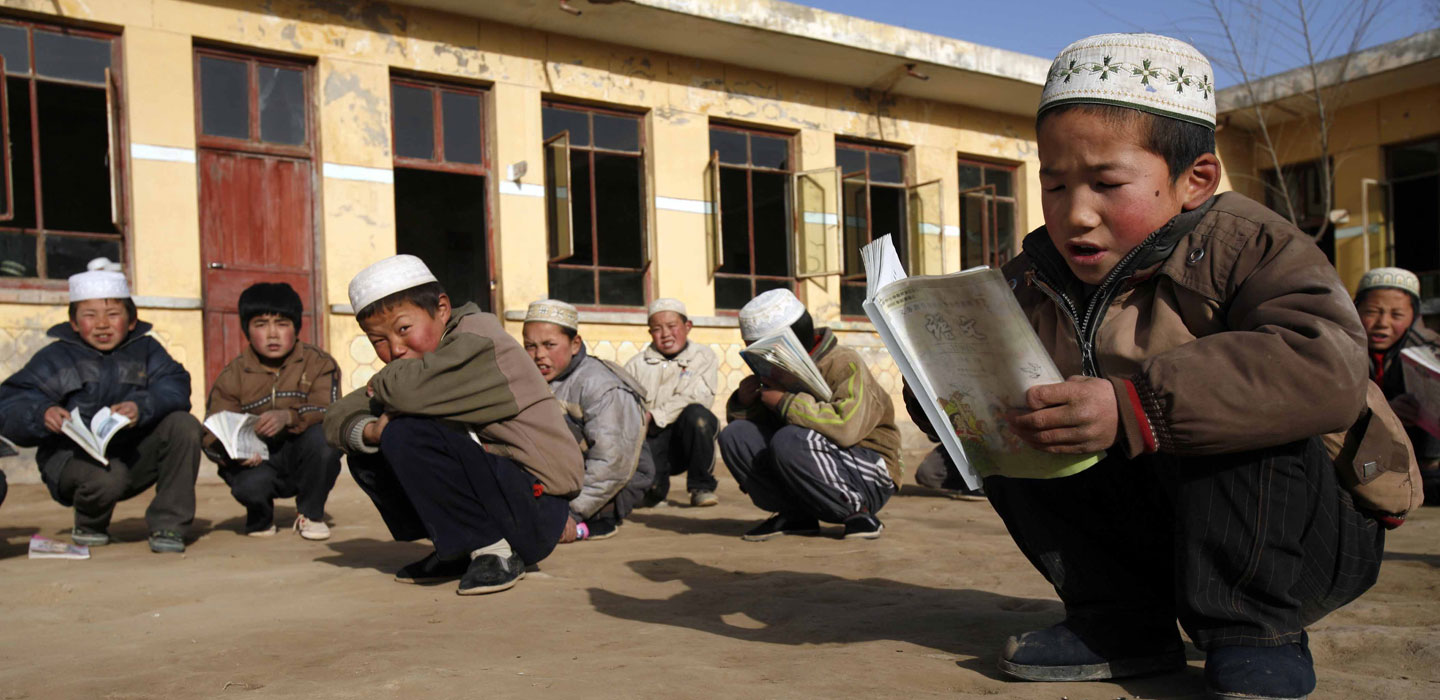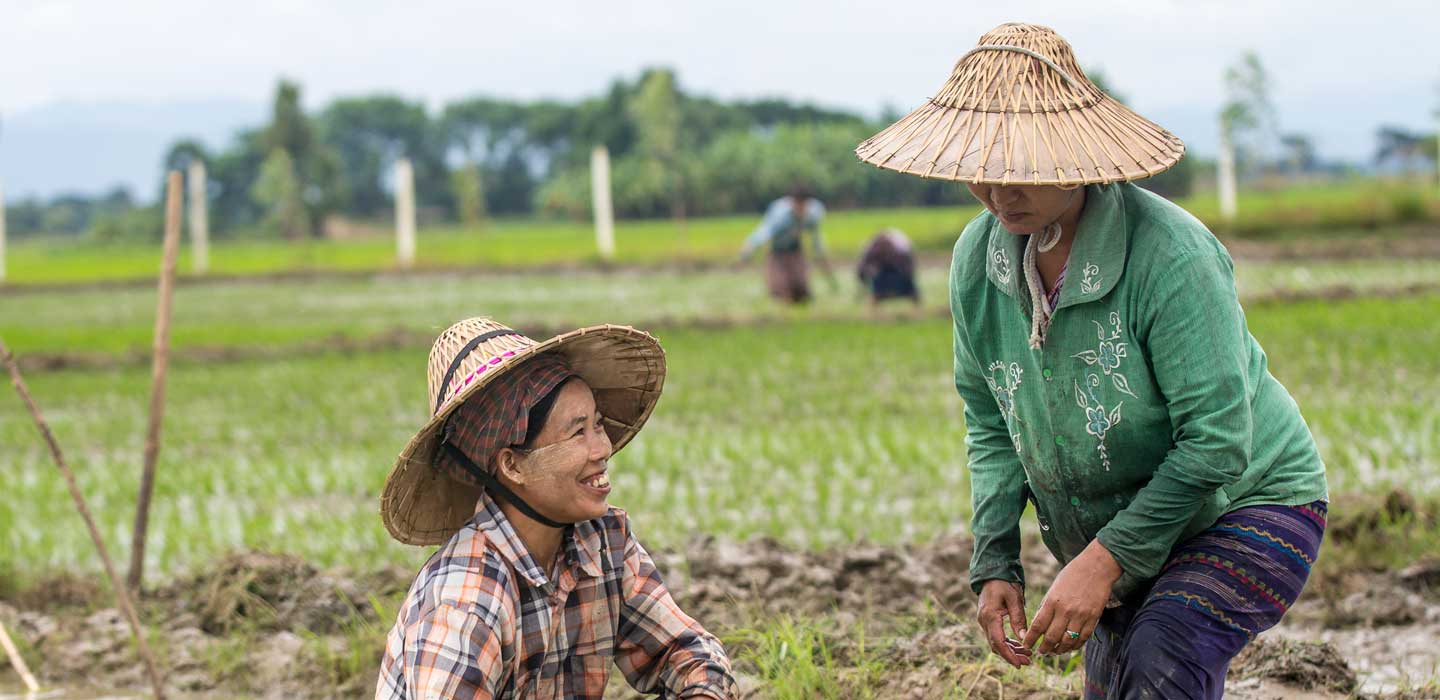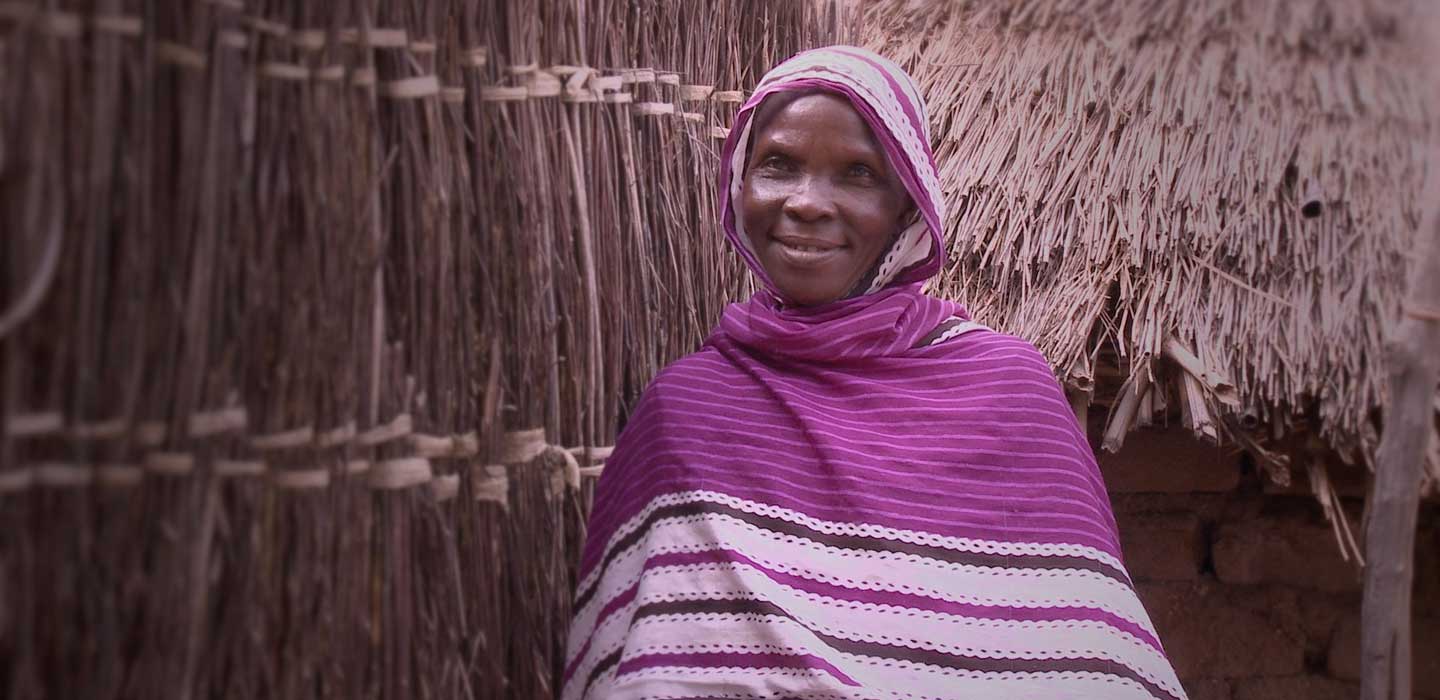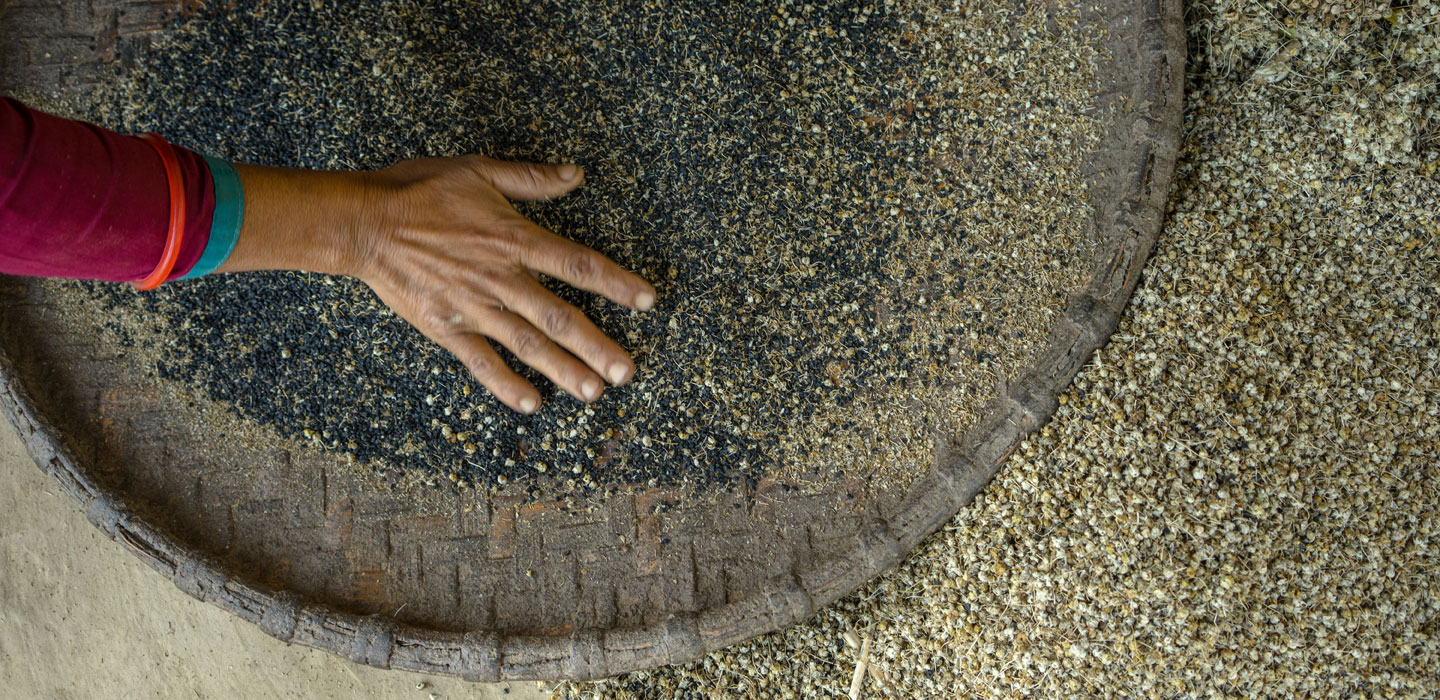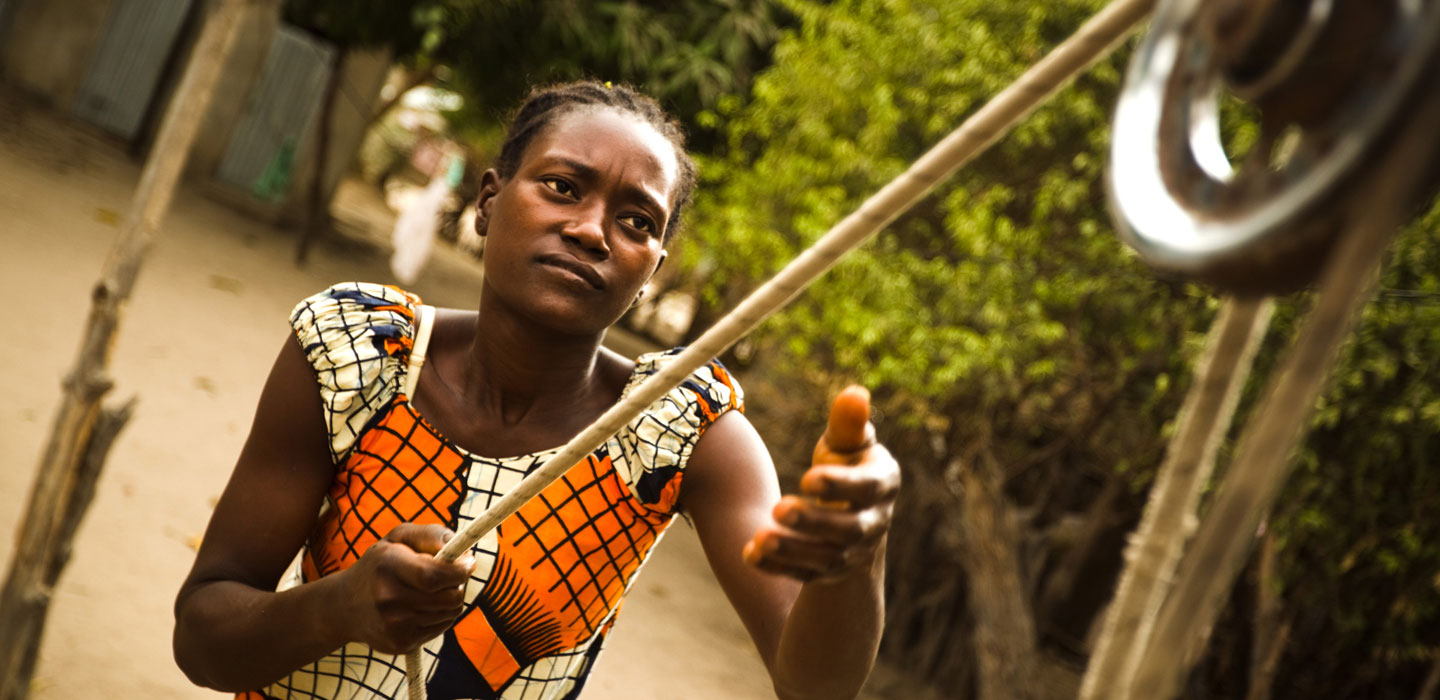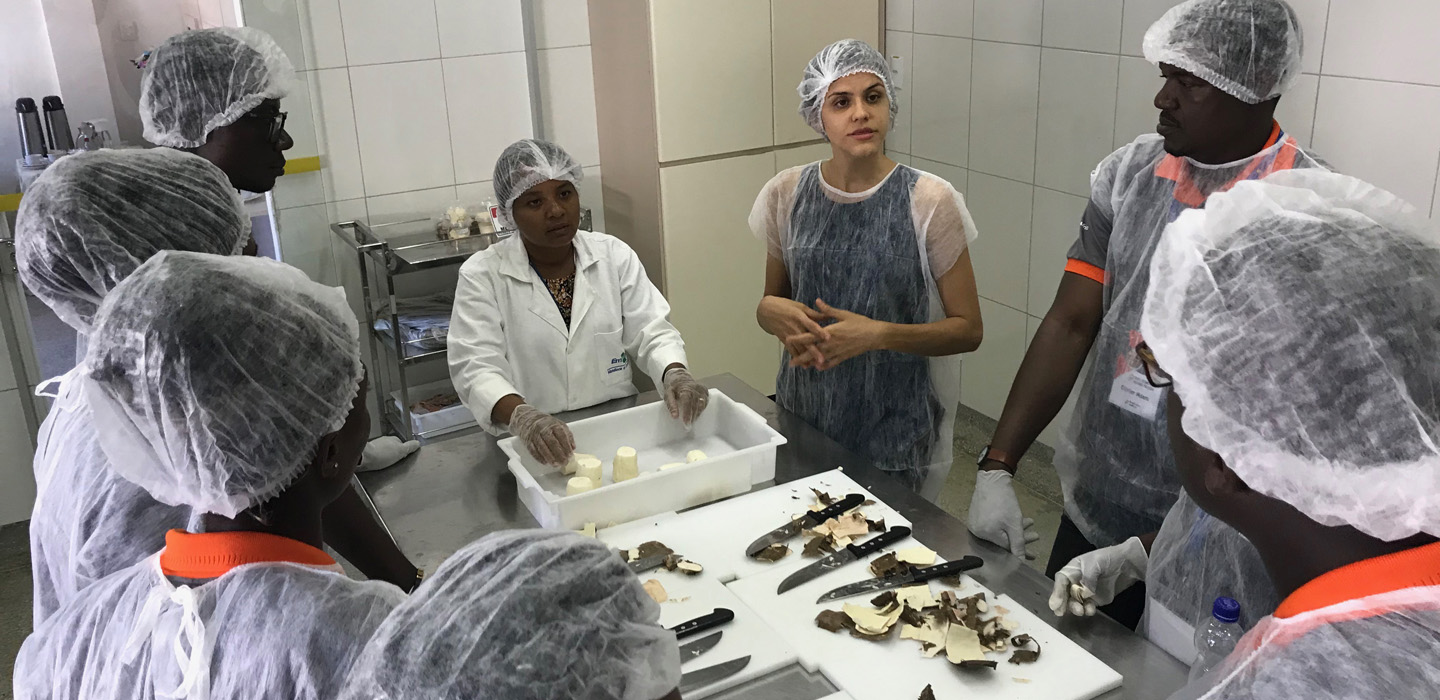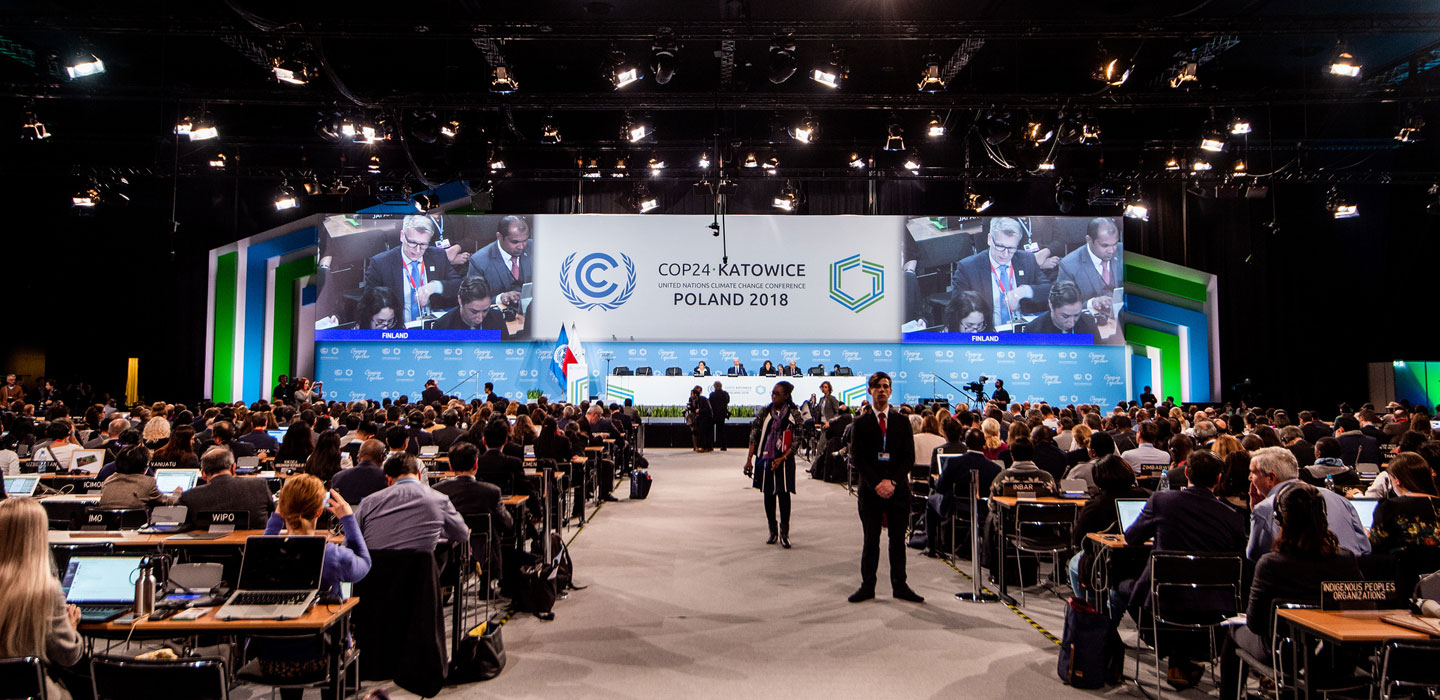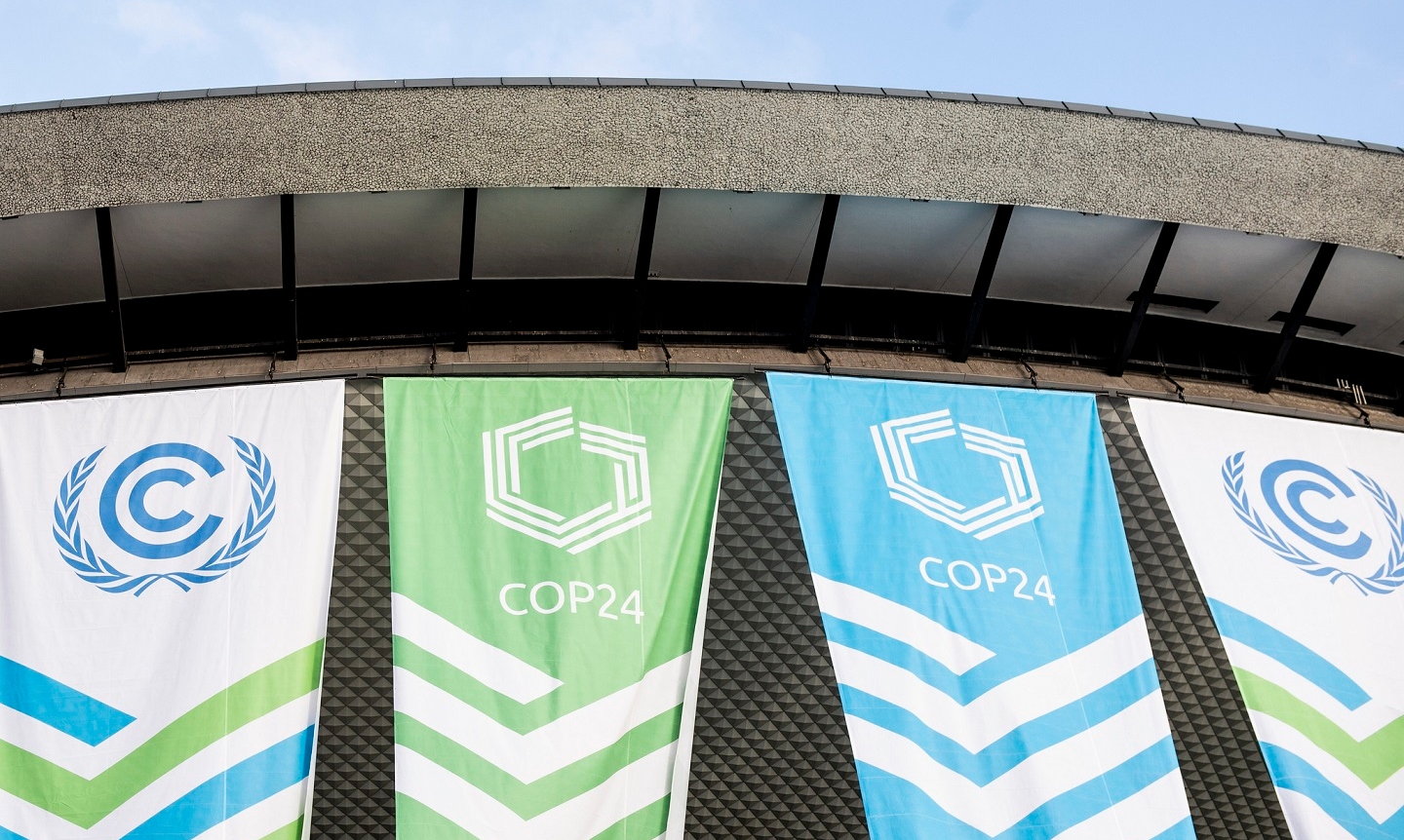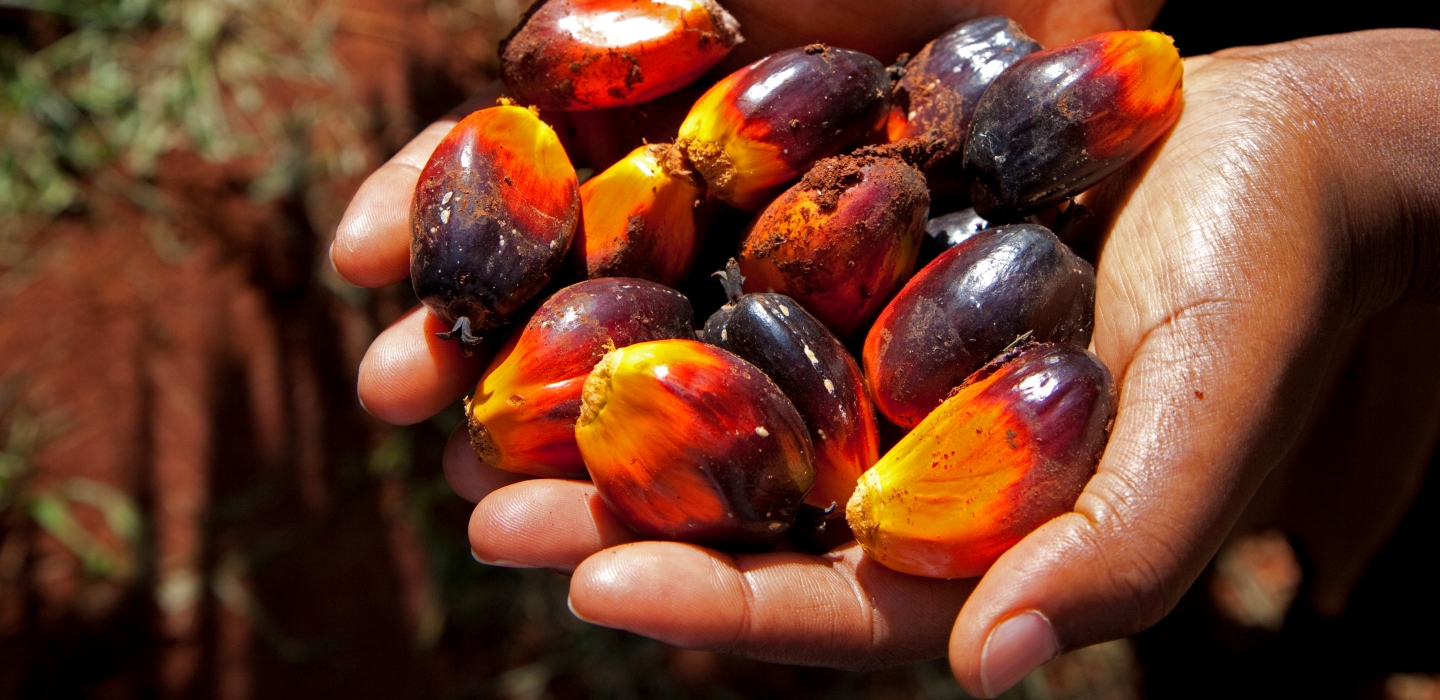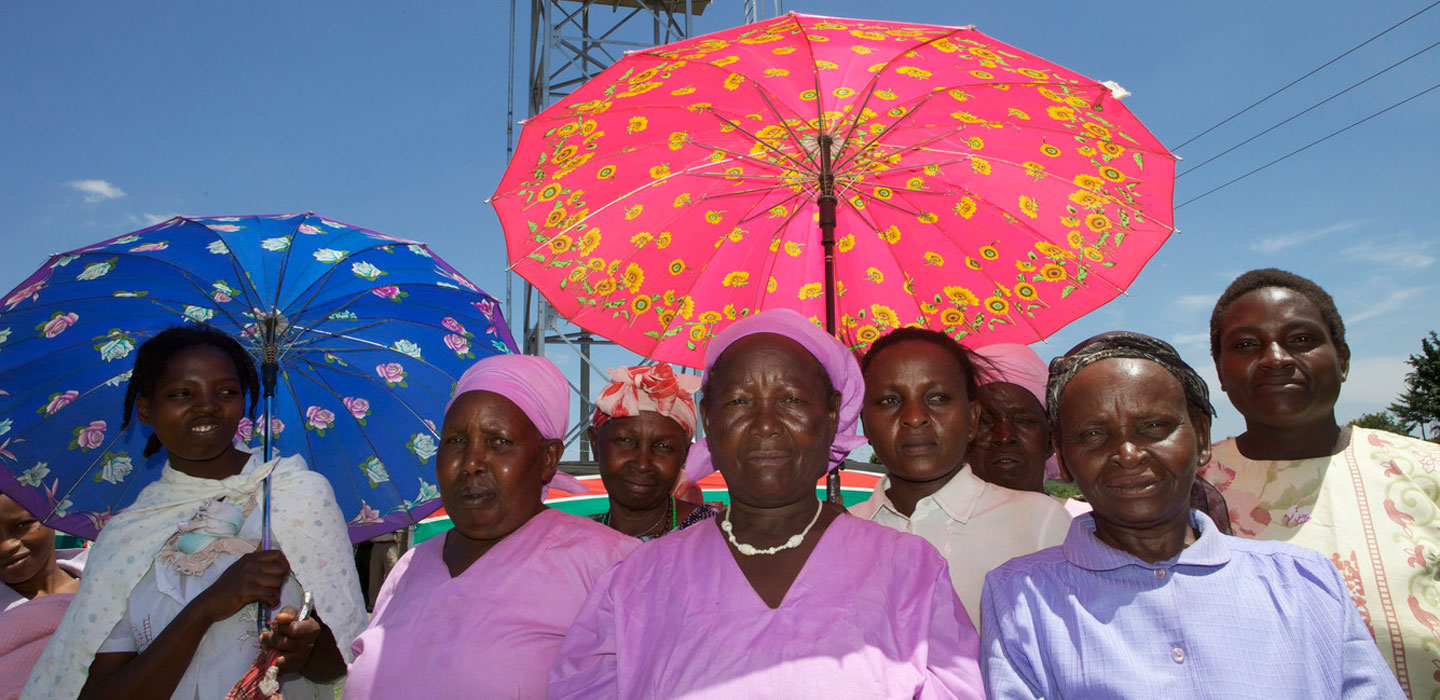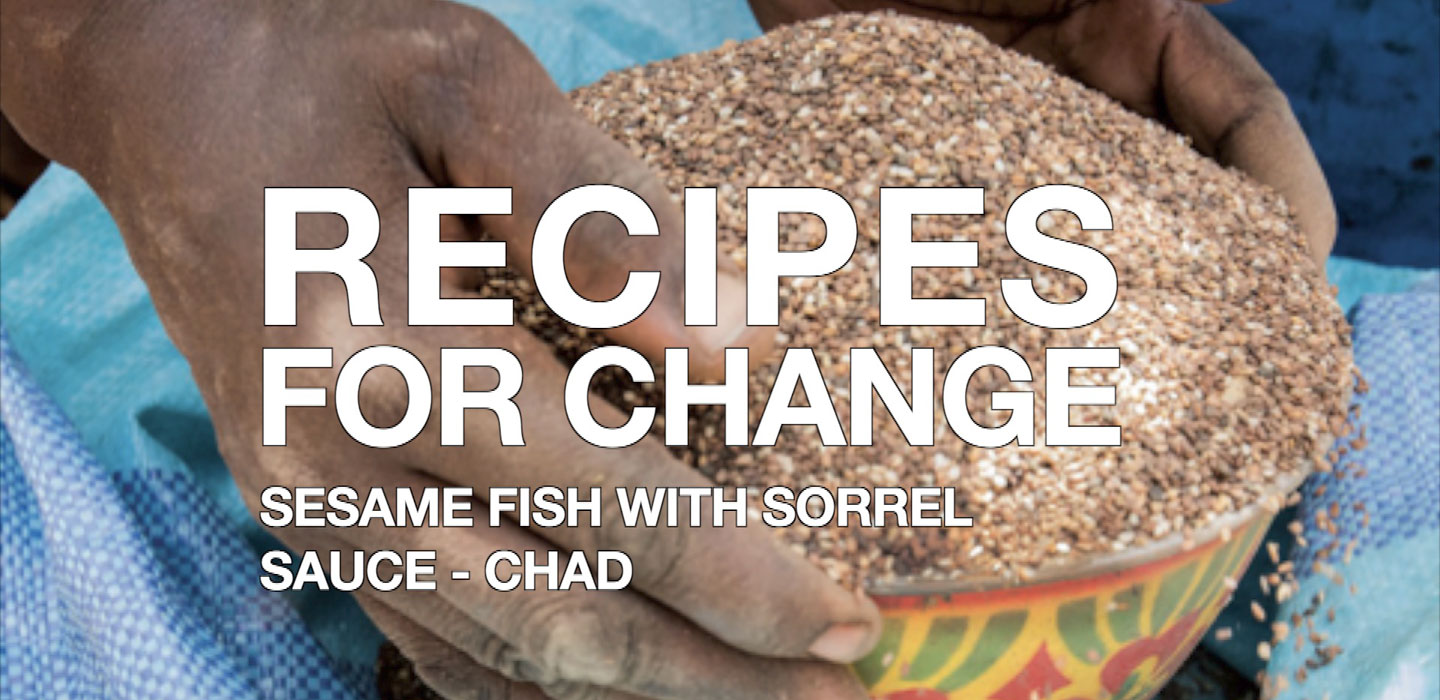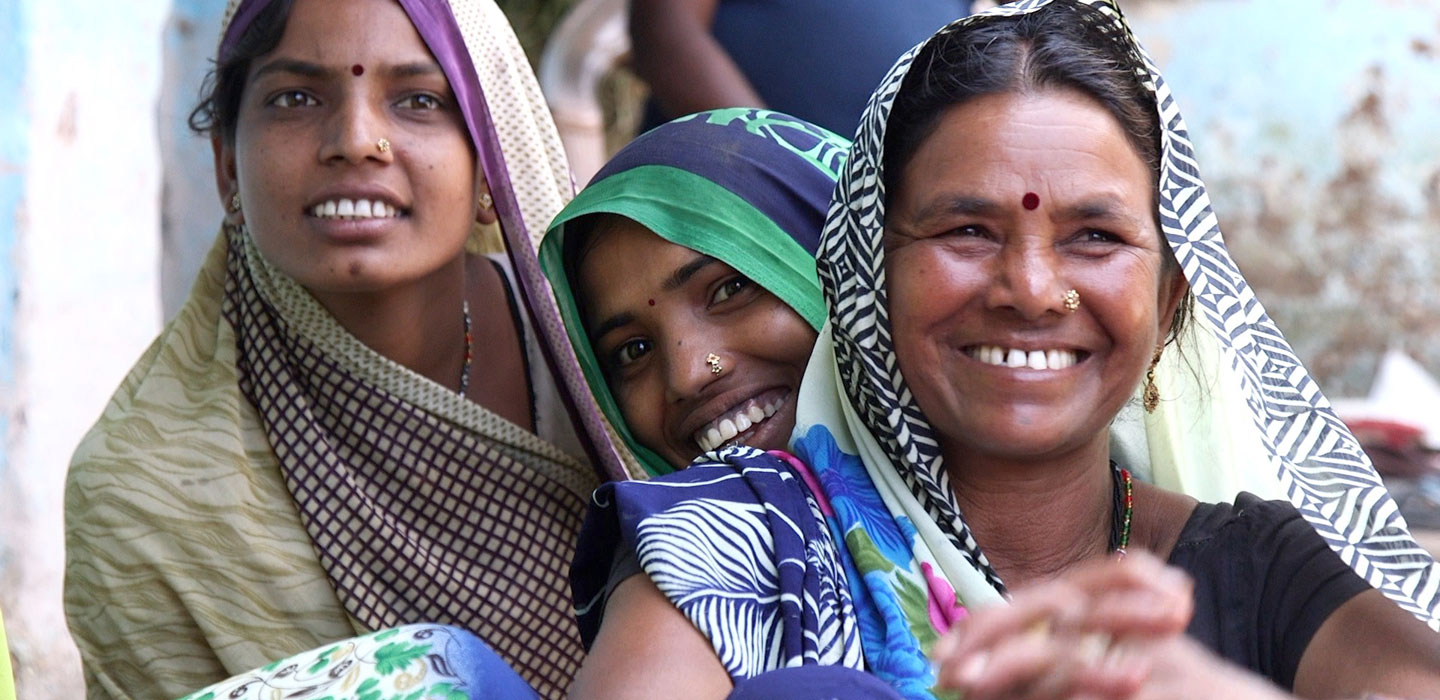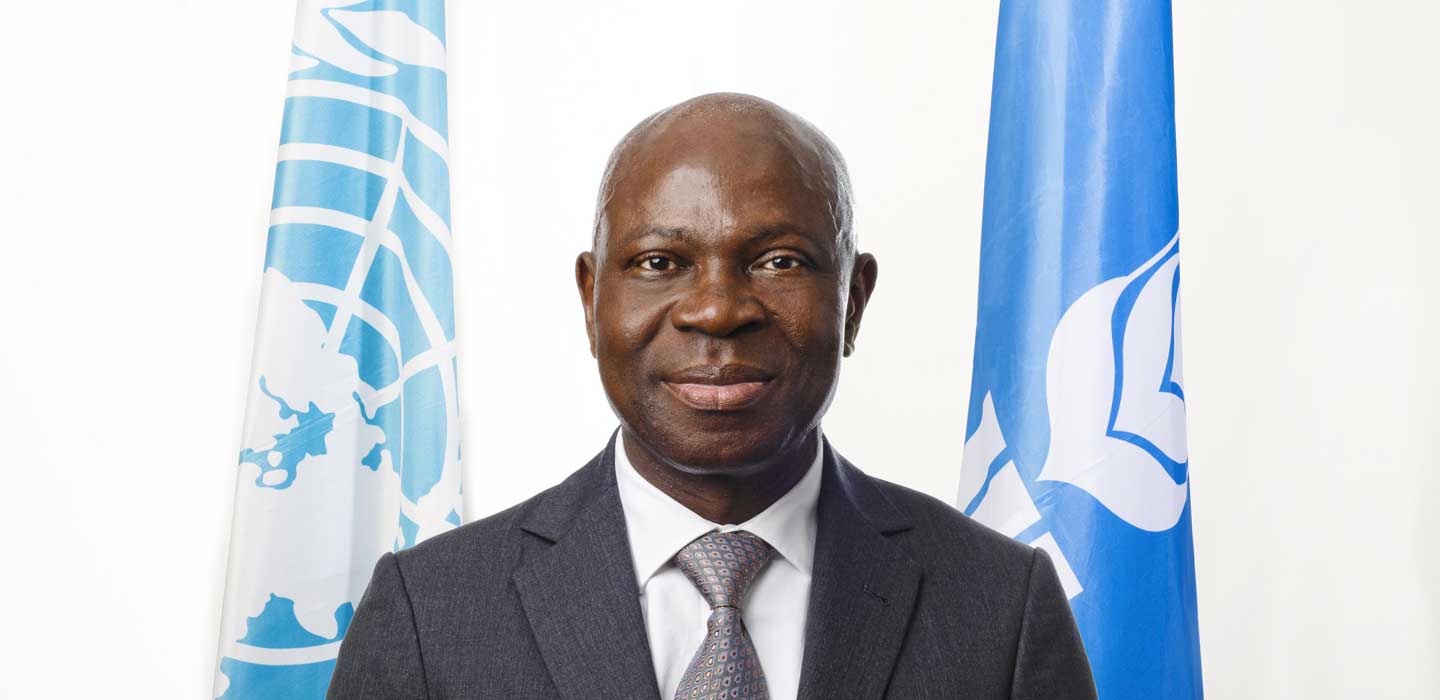Latest
Latest

Latest
Manual Submenu Topics
SearchResultsFilters
Search Results
IFAD and Senegal invest in decent jobs and incomes for poor and marginalized rural young people
About 150,000 rural young people in Senegal – 50 per cent of them women - will benefit from a new US$93.3 million project that aims to create income and decent sustainable jobs in agricultural, pastoral and fishery value chains.
A common path towards Guatemala’s sustainable development
Today the Rome-based agencies (RBAs - FAO, IFAD and WFP) recognized the interagency country team based in Guatemala for their concerted efforts in maximizing results and impact on the ground.
PARM and the G20 commitment on building resilience to agricultural risks
Following the spikes in global food prices in the years 2006, 2008, and 2011, agricultural risk management has become an important topic in G20 discussions.
Speak Up, Report, Support
Sexual harassment, exploitation and abuse is unacceptable and has no place in IFAD, including its operations and financed activities. IFAD reaffirms its no tolerance policy.
2019 United Nations Day for South-South Cooperation: FAO, IFAD and WFP highlight the commitment of leaving no one behind in achieving SDG2
The UN Rome-based Agencies (RBAs), namely, FAO, IFAD and WFP, gathered on the occasion of the UN Day for South-South Cooperation and highlighted the importance of “leaving no one behind” in achieving the Sustainable Development Goals (SDGs).
Protecting villages from flash floods and improving livelihoods in the Haor basin wetlands
The Haor region is a wetland ecosystem in north-eastern Bangladesh, which is located in a tectonic depression. During the monsoon period, the Haor gets between 3,000 and 4,000 mm of rainfall, together with the flow of monsoon river from the Meghalaya and Barak basins.
What helps value chain projects work best for rural producers?
Is it possible to link small-scale producers to emerging opportunities in dynamic food systems?
Migration, agriculture and food systems – Understanding links to achieve better outcomes
Opportunities for migration and mobility have long influenced people's lives and livelihoods.
A day in the life of a vegetable farmer in Lesotho
Thabo Lefatle owns and runs a small vegetable farm in Lesotho’s Mafeteng district, south of the capital Maseru. He is one of 55,000 smallholder farmers in Lesotho who applied for and won public grants.
Afrobeat stars Mr Eazi and Sherrie Silver at 2019 African Green Revolution Forum to support IFAD's call for greater investment in youth and rural development
Urgent investments in agriculture and rural development from Africa's leaders are needed to create opportunities in support of the millions of young people who will soon enter the job market.
Making local crops work for nutrition-sensitive agriculture
A new framework will guide practitioners to use a broad portfolio of crop species to bring nutrition back to the table.
Restoring mangroves is saving rural communities in Gambia
Mangroves are one of the world's most biodiverse ecosystems and play an essential role to ecological balance and community livelihoods. But in many areas across West Africa, these wildlife-rich wetlands are under threat.
Call for proposals: Grant to strengthen the supply of improved seeds and improved PPP in Central Africa (SISCA)
This is a Call for Proposals to identify the recipient of a three-year grant financed by IFAD for a total amount of up to US$3 million.
Enhancing policy dialogue on climate finance in Africa
Smallholder farmers play a vital role in food security, nutrition and economic growth in Africa, but their livelihoods are already threatened by climate change.
Achieving zero hunger means investing in small farmers
As world hunger is on the rise for the third year in a row, the UN rural development agency, the International Fund for Agricultural Development (IFAD) and the Japan International Cooperation Agency (JICA) will host, on the side lines of the Seventh Tokyo International Conference on African Development (TICAD 7), an event that examines joint strategies to increase food security and poverty reduction for farmers in Africa.
Indigenous communities in Malaysia building capacity for resilience through IPAF
The Jakun people is the largest group of the Orang Asli Indigenous Peoples of Malaysia. They have an amazing partnership between people and the forest - looking after it and using only what they need to live. But their traditional livelihoods are at risk.
IFAD, Bangladesh and partners to invest $54.8 million to improve infrastructure and living standards in coastal chars
More than 342,000 people in southeast Bangladesh living on coastal chars created by silt deposits will benefit from new financing for a project to reduce poverty and hunger and develop rural livelihoods. People living on chars are often hardest hit by climate change effects like sea-level rise as they often live in poorly constructed housing and on low-lying land that is vulnerable to extreme weather.
Recipes for Change: Te Mai Ae Tanna Kiribati
Breadfruit is one of the main staple foods of Kiribati. Breadfruit trees require a tropical climate to thrive and are therefore plentiful in the Pacific region. Breadfruit is a good source of vitamin C, thiamine and potassium for the local population.
Africa’s Key Development Partners Formalize Their Commitment to Work Jointly to Help Address Food and Nutrition Security in Times of Climate Change
In partnership with the African Union, leaders of four multilateral agencies – The African Development Bank, the Food and Agriculture Organization of the United Nations (FAO), the International Fund for Agricultural Development (IFAD) and the World Bank-- called a high-level meeting with development partners on August 5-6 in Kigali, Rwanda at the first Africa Food Security Leadership Dialogue (AFSLD).
Call for Proposals: Integrated fish-rice-vegetable food systems
This Call for Proposals is to identify the recipient of a three year grant financed by IFAD for a total amount of up to US$3.5 million to implement a project titled: Integrated fish-rice-vegetable food systems for improved livelihoods, food and nutrition security and climate resilience in Malawi, Ghana and Cote d’Ivoire: Scaling-up lessons learnt from Cambodia (or Asia).
Measuring youth participation in agriculture in Tanzania and Malawi
In our recent IFAD Research Series study we looked at the dynamics of employment in agriculture in Tanzania and Malawi.
Lebanon and IFAD partner to boost smallholder dairy production
About 6,080 resource-poor Lebanese rural households and Syrian refugees will benefit from a new US$12 million project that aims to increase the income of smallholder dairy producers and processors, as well as to increase employment opportunities for young Lebanese in communities affected by the Syrian crisis and young Syrian refugees.
I’m a potato grower! Strengthening innovation to empower potato growers in the Andes
The world is faced with a rising demand for food due to population growth, changes in dietary habits and the availability of agricultural resources. As a result farmers need to be more efficient and productive.
Innovations in law to tackle food insecurity
The latest SOFI report confirms that the number of hungry people in the world continues to increase, highlighting the challenge of reaching the Sustainable Development Goal (SDG) of Zero Hunger by 2030.
The challenges of conducting impact assessments of community driven development projects
How can we measure the impact of project interventions on the people and communities participating?
New rural finance project to help boost rural enterprise sector in Mozambique
A new Rural Enterprise Finance Project (REFP), which will help more than 287,700 rural people engaged in agriculture, fisheries and small and medium-sized enterprises in 10 provinces improve their access to national and regional markets, was launched on 15 July in Maputo, the capital of Mozambique.
UN chief stresses importance of investing in smallholder farmers during upcoming visit to Lao PDR and Cambodia
The President of IFAD, Gilbert F. Houngbo, will meet the Prime Minister of the Lao People's Democratic Republic (PDR), Thongloun Sisoulith, the Prime Minister of Cambodia, Hun Sen, other high-ranking officials, as well as representatives of UN teams in country, to discuss investments that can improve food and nutrition security, generate employment and mitigate the effects of climate change in rural areas.
Creating opportunities for rural youth
Nearly 1 billion youth live in developing countries, almost half of them in rural areas. IFAD’s Rural Development Report 2019, finds that this enormous rural youth population can pay a rich dividend.
World hunger is still not going down after three years and obesity is still growing – UN report
An estimated 820 million people did not have enough to eat in 2018, up from 811 million in the previous year, which is the third year of increase in a row. This underscores the immense challenge of achieving the Sustainable Development Goal of Zero Hunger by 2030, says a new edition of the annual The State of Food Security and Nutrition in the World report released today.
Recipes for Change: Ema datshi and millet momos
Try the Recipe at home: Ema datshi and millet momos - Bhutan
High unemployment rates among rural youth are destabilizing the Near East and North Africa region
When economic opportunities are limited, programs and policies to help rural youth will generally be ineffective.
Young smallholder farmers overcoming climate challenges in Viet Nam
Climate change is one of the major dynamics of change affecting rural youth livelihoods. It is having significant effects on the countries in which the rural youth population is concentrated and on the sectors in which they will be looking for employment opportunities.
No stability in the Sahel without rural development and job creation for young people, says IFAD President ahead of G7
The economic transformation of rural areas and the creation of jobs for millions of young rural people are pre-conditions to stability in the Sahel, says Gilbert F. Houngbo, President of the International Fund for Agricultural Development (IFAD), who takes his message to the G7 ministerial meeting on development in Paris tomorrow.
Gender-Transformative Adaptation. From good practice to better policy
Gender inequality is a pervasive threat to sustainable development and has negative impacts on our collective ability to meet human rights obligations.
How old is the average farmer in today's developing world?
As it turns out the short answer to this question is about 34 and not 60 as is often reported.
IFAD's 2019 Rural Development Report
Nearly 1 billion of the world’s 1.2 billion youth aged 15-24 reside in developing countries. Their numbers are growing far more rapidly in lower income countries than in higher income countries, particularly in rural areas.
Mali and IFAD strengthen partnership for investing in rural youth
The President of the International Fund for Agricultural Development (IFAD), Gilbert F. Houngbo, will travel to the Republic of Mali and meet with President Ibrahim Boubacar Keïta and other high-ranking officials to discuss investments to provide employment opportunities for rural youth, improve food and nutrition security, and reduce poverty.
How to improve impact evaluations of land tenure interventions in IFAD-supported projects
The inclusion of land tenure-related indicators in the SDGs has drawn increased attention to the topic.
IFAD’s Twelfth Replenishment
Ending extreme poverty and hunger will be difficult without more investment and more innovative approaches. See how IFAD is building the resilience of the world’s most vulnerable people.
IFAD at the Perugia International Journalism Festival
How can we collectively create a safe environment that supports meaningful reporting and gives voice and space to Indigenous Peoples to tell their own story?
Call for proposals: Grant to support family farming, regional markets and cross border trade corridors
This is a Call for Proposals to identify the recipient of a three-year grant financed by the International Fund for Agricultural Development (IFAD) for a total amount of up to US$ 3.5 Million.
From farm to market: improving the food value chain through women empowerment in Guinea
Saran Condé is a 30-year-old smallholder farmer in Guinea's Faranah region. She has improved her farming skills and increased her productivity since joining an IFAD supported community garden.
Rwanda and IFAD partner to reduce poverty in drought-prone areas
About 7,167 poor and food insecure rural households in Rwanda will benefit from a new US$24.7 million project that aims to improve food and nutrition security, climate resilience and raise incomes by increasing production.
New IFAD report highlights challenges facing growing population of rural youth in the world's poorest countries
About 500 million young people live in the rural areas of developing countries, representing about half of the youth of these countries. Rural young people are exposed to poverty and lack employment opportunities and access to land, services, technologies and training.
Opportunities, challenges and limitations of climate-smart agriculture - The case of Egypt
Climate-smart agriculture (CSA) aims to facilitate the evolution of agricultural systems in the face of a rapidly changing climate. IFAD's approach to promoting CSA for smallholders focuses on three core objectives.
Décentraliser pour mieux servir les petits producteurs du Sahel
Le FIDA, une institution spécialisée du système des Nations Unies, procédera à l’ouverture officielle de son Bureau sous régional, Afrique de l'Ouest, le 25 juin 2019 à Dakar, capitale du Sénégal.
New policies and investments urgently needed in support of rural youth in poorest countries, says a new UN report
Effective policies and investments are urgently needed if the world's poorest countries are to offer a future to hundreds of millions of marginalized young people living in rural areas, according to a new report released today by the United Nations' International Fund for Agricultural Development (IFAD).
UN report outlines prospects for rural youth in some of the world's poorest countries.
Nearly 1 billion of the world’s 1.2 billion youth live in developing countries and half of them in rural areas where they are most often poor, lack economic opportunities and face constraints to access land, services, technology and training.
Call for proposals: Grant to implement Capacity Building Programme
This Call for Proposals is intended to identify the recipient of a three year grant financed by The International Fund for Agricultural Development (IFAD) for a total amount of up to US$ 3.0 Million to implement a Capacity Building Programme to improve financial management in selected IFAD-financed projects.
On International Day of Family Remittances, a reminder that 1 in 9 people globally are supported by funds sent home by migrant workers
Remittances from international migrant workers to their families are expected to rise to over US$550 billion in 2019, up some $20 billion from $529 billion last year, Gilbert F. Houngbo, President of the International Fund for Agricultural Development (IFAD), stated today.
Paxina Chileshe talks about climate adaptation
Paxina Chileshe, climate change specialist at IFAD, talks about climate adaptation and smallholder farmers.
Mawira Chitima talks about water
Mewira Chitima, water and infrastructure specialist at IFAD, talks about availability and access to water and rural infrastructure for resilience, market access and economic growth.
Massimo Giovanola talks about agricultural risk management
Massimo Giovanola, risk management specialist at IFAD, talks about IFAD's innovative and holistic approach to agricultural risk management.
Harold Liversage talks about land tenure
Harold Liversage, land tenure specialist at IFAD, talks about land and secured land rights for rural communities.
Antonio Rota talks about livestock
Antonio Rota, livestock specialist at IFAD, talks about how livestock is important to marginalised people living in rural areas.
Pedro de Vasconcelos talks about remittances
Pedro de Vasconcelos, remittances specialist at IFAD, talks about remittances and their impact on people living in rural areas.
Joyce Njoro talks about nutrition
Joyce Njoro, nutrition specialist at IFAD, talks about the chronic impact of malnutrition and undernutrition.
Is China getting greener?
China is the world's largest greenhouse gases (GHG) emitter, yet it is also the world's leading country in energy production from renewable sources.
CARD: Assessing data for climate-friendly action in rural contexts
Datasets on crop production increasingly need to take climate change into consideration, given its potentially profound repercussions for agriculture.
'Don't forget the role women play in feeding the world' - UN Leader to speak at Women Deliver 2019 Global Conference
Equality for women can be a cornerstone in building a world without hunger and poverty, according to experts from IFAD attending Women Deliver 2019, but only if it is extended to the 1.7 billion women and girls who live in some of the world poorest rural areas.
‘Make your moves matter’- UN rural poverty agency launches dance challenge on TikTok to empower rural youth to fight rising hunger
IFAD is launching an innovative global dance challenge, asking young people to make their moves matter and record a 15-second dance video in support of creating opportunities for rural youth in some of the world's poorest countries.
Launch of the UN’s Decade of Family Farming to unleash family farmers’ full potential
The Food and Agriculture Organization (FAO) and the International Fund for Agricultural Development (IFAD) today launched the United Nations’ Decade of Family Farming and a Global Action Plan to boost support for family farmers, particularly those in developing countries.
From low to high: Increasing productivity and purchasing power in Kenya
There are more than 7.5 million smallholder farmers in Kenya, accounting for about 75 per cent of the country's total agricultural output.
Forging tools to catalyse food production in Senegal
In 1992, Khadim Thiam established a tiny workshop in Tambacounda, Senegal, to produce agricultural equipment, such as hoes, seed drills, ploughs and animal-traction carts.
Investing in the blue economy to accelerate sustainable development in Africa
The President of IFAD, Gilbert F. Houngbo, will be in Maputo, Mozambique for the Growing Blue Conference where he will speak to the need for greater investment in sustainable development for rural people whose livelihoods depend on aquatic resources including small-scale fisheries, aquaculture and coastal environments.
UN Agency Deputy Head to visit Viet Nam to strengthen 25-year rural development partnership
Donal Brown, Associate Vice-President of the International Fund for Agricultural Development (IFAD) is visiting the Socialist Republic of Viet Nam this week to review progress made together to improve lives and reduce poverty in rural areas.
Uganda Yield Fund: early lessons from IFAD's first private sector investment fund
In 2017, IFAD took its first plunge into the private sector investment space by launching the Uganda Yield Fund in partnership with the European Union.
Tanzania and IFAD strengthen partnership for reducing rural poverty
The President of the IFAD, Gilbert F. Houngbo, will travel to the United Republic of Tanzania and meet President John Pombe Joseph Magufuli and other high-ranking officials to discuss investments to improve food and nutrition security, provide employment opportunities for rural youth and reduce poverty.
Healthy diets vital for progress in Lao PDR, say UN food agencies FAO, IFAD and WFP conclude three-day visit to see nutrition programmes
The heads of the Food and Agriculture Organization of the United Nations (FAO) and the World Food Programme (WFP) today concluded a joint visit to the Lao People's Democratic Republic (Lao PDR) with a call for greater investment in nutrition.
World Bee Day - High-altitude honey
In the Sierra Norte mountain range in Mexico lives a special breed of bee. Known locally as pisilnekmej, the Scaptotrigona Mexicana is a member of the family native to the American continent whose distinctive trait is that they have no sting.
IFAD and the Philippines to invest $95.1 million in agribusiness development to increase incomes and reduce rural poverty
The International Fund for Agricultural Development (IFAD) has signed a financing agreement with the Government of the Philippines to reduce poverty and increase incomes for 469,200 rural people in 20 of the poorest provinces in Mindanao and Eastern Visayas regions.
IFAD and Republic of Korea sign new agreement to help poor rural communities around the world prosper
The International Fund for Agricultural Development (IFAD) and the Korea Rural Economic Institute (KREI) signed an agreement today to strengthen their collaborative efforts to end hunger and poverty in developing countries around the world.
UN food agencies to visit Lao PDR to support efforts to boost nutrition
The Director-General of the Food and Agriculture Organization of the United Nations (FAO) and the Executive Director of the World Food Programme (WFP), with a representative from the International Fund for Agricultural Development (IFAD), will visit the Lao People's Democratic Republic from 14-16 May 2019 to raise greater awareness about the importance of integrated food systems to improve food and nutrition security, and to see first-hand the agencies’ collaborative programmes in action.
UN food agencies step up joint efforts to tackle rural gender inequalities
Three United Nations agencies today launched a new European Union-supported global initiative to address the root causes of rural gender inequalities and thus strengthen efforts to end hunger, achieve food security and improved nutrition and promote sustainable agriculture.
Guatemala: Leveling the playing field
A group of courageous Guatemalan women set off in 2010 to form their own farming cooperative, "4Pinos" after facing discrimination in the men's cooperative.
Achieving gender equality is a precondition for the eradication of poverty
Whether paid or unpaid, women undertake a wide range of tasks in rural contexts and this contribution to rural economies is often undervalued.
Call for nominations for the external chair of the Consultation on the Twelfth Replenishment of IFAD's Resources
IFAD is seeking an external chair to oversee the IFAD12 Consultation and support the achievement of a positive outcome for IFAD, its Member States and – above all – the 2.5 billion people in developing countries whose livelihoods directly or indirectly depend on farming.
The capital difference: Expanding horticulture in Rwanda
Including smallholder farmers in Rwanda in the production and export of cash crops is vital to increasing their incomes and ultimately to reducing rural poverty.
The impact of a value chain approach in Nigeria
The IFAD-funded Value Chain Development Programme in Nigeria assists cassava and rice smallholder farmers through a value chain approach to enhance productivity, promote agro-processing and increased access to markets. The programme aims to transform the agricultural sector of rural Nigeria by achieving food security, increasing incomes and creating new employment opportunities.
Key findings of the MOPAN assessment of IFAD
The Multilateral Organisation Performance Assessment Network (MOPAN) comprises 18 countries that share a common interest in assessing the effectiveness of the major multilateral organisations they fund.
Recommended books on Indigenous Peoples
The United Nations Permanent Forum on Indigenous Issues (UNPFII) will be held on 22 April to 3 May in New York. Here is our shortlist of books on the diverse issues affecting Indigenous Peoples around the world that will be discussed at the Forum.
Community gardens in the Gambia: one solution, many benefits
Anyone who stops by Berefet notices how local people cherish the community garden in this small village in the western Gambia.
The value of indigenous tree species in Ethiopia
In the Chencha region of southern Ethiopia, erosion continues to be a pressing concern for the Gamo people, one of the main indigenous tribes of Ethiopia. The Gamo people live in the highland area and primarily practice mixed agriculture and weaving.
Why women are key to better nutrition and global poverty eradication
Adolescence is the transition period between childhood and adulthood – the perfect opportunity to improve nutrition and correct poor nutritional practices.
A tool to make rural investments more resilient
Climate change has made crop production more unpredictable – if rainfall helped this harvest, an unexpected drought could destroy the next. So how can one decide to invest in millet in Chad's Kanem region or if it's too risky put money in wheat in Lesotho's Thaba-Tseka?
How improved nutrition can save the world - with Italian celebrity chef Cristina Bowerman and RAI TV presenter Luca Rosini
Why women are key to better nutrition and global poverty eradication – an event organised by the International Fund for Agricultural Development (IFAD) at the Perugia International Journalism Festival
Rwanda: Reducing food loss in a changing climate
Farmers in Rwanda can lose around 30 per cent of their harvests before they even reach the market, due to a lack of adequate means to dry, store and transport the crops.
Transforming innovative ideas into sustainable agriculture in West and Central Africa
Ideas are the lifeblood of innovation. To accelerate rural transformation while tackling rural poverty, food insecurity, nutrition, job creation and climate change, innovative ideas are needed.
Liberia and IFAD partner to improve smallholder farmers’ incomes and climate resilience
About 10,000 cocoa smallholder producers in Liberia will benefit from a new US$47.6 million project that aims to improve their food and nutrition security and raise their incomes by modernizing cocoa farming, increasing production and developing markets.
Cabo Verde, islands at the forefront of climate-resilient development
This week I had the chance to witness the impressive resilience and creativity of people working to improve agriculture in Cabo Verde.
How increased access to water shortens the path towards sustainable development in the Sahel
Every day Dienaba Sow travels 3.5 kilometres from her home in Hodio village towards Toung, in Senegal's Louga region, to collect water for her family's daily needs.
South-South and Triangular Cooperation can deliver rural solutions, reduce poverty and hunger
The world needs to harness the power of exchanges between countries in the Global South if we are to reduce poverty and improve food and nutrition security.
A new development paradigm - BAPA+40
A conference taking place this week in Buenos Aires, Argentina reminds us that developing countries today look as much to each other for help along their path to development as they do to the developed world.
El FIDA coordinará desde Panamá sus acciones a favor del desarrollo rural en Mesoamérica y el Caribe
Hoy martes 19 de marzo a las 08:30 tuvo lugar la inauguración oficial de la nueva Sede Sub-Regional para Mesoamérica y el Caribe del Fondo Internacional de Desarrollo Agrícola (FIDA), la agencia especializada del Sistema de las Naciones Unidas que brinda apoyo financiero y asistencia técnica para promover procesos de transformación rural, inclusiva y sostenible a nivel global.
IFAD-financed projects contribute to improved agricultural productivity and incomes in Sri Lanka
Rural development projects financed by the International Fund for Agricultural Development (IFAD) have contributed to increased productivity and incomes in Sri Lanka, according to a new evaluation report presented today in Colombo.
The illusion of choice
Consumers increasingly want to know whether the food and beverage brands they buy from are doing social and environmental good, including doing right by the smallholder farmers in global food supply chains.
India: Barring Malnutrition
With traditional crops abandoned for lucrative cash crops, malnutrition rates can quickly rise.
Central African Republic and IFAD to promote smallholder farmers’ resilience to climate change
Nearly 30,000 vulnerable households will be better equipped to deal with the fragility created by past conflict and the impacts of climate change thanks to a US$29 million project announced today that aims to improve food and nutrition security in four sub-prefectures of the Central African Republic.
IFAD launches global campaign to close gender gap in agriculture and amplify the voices of rural women
On International Women’s Day, the United Nations' International Fund for Agricultural Development (IFAD) will kick off a campaign aimed at closing the gender gap in agriculture by drawing attention to the often overlooked contributions that rural women in developing countries make to rural economies, local communities and to improving the lives of rural families – men, women and children.
International Women’s Day 2019
In many parts of the world, women are more likely to be food insecure than men. That’s despite the fact that in many countries, many women work in agriculture and are responsible for preparing food.
Workshop to review evaluation outcomes of IFAD-supported operations in Sri Lanka as well as future development plans
The Independent Office of Evaluation of the International Fund for Agricultural Development (IFAD) and the Government of Sri Lanka are holding a one-day workshop in Colombo to share the conclusions of an independent evaluation of IFAD's country strategy and rural development programme in Sri Lanka.
Sierra Leone and IFAD to boost food security and incomes in rural areas
About 34,000 vulnerable rural households in Sierra Leone will benefit from a new US$72.6 million project that aims to improve food and nutrition security and raise the incomes of smallholder farmers by modernizing agriculture, increasing production and developing markets.
The Real Groundbreakers: Claudine from Rwanda
Through the power of a women’s farming co-operative in Rwanda, Claudine is using new techniques and seeds for better cassava harvests.
The Real Groundbreakers: Rekha from India
More school children are eating well because of Rekha, a business innovator in India who through a women’s cooperative is making nutrition bars with local rice.
The Real Groundbreakers: Irma from Guatemala
Irma, a young Q’eqchi woman and farmer from Guatemala, is working to reforest over 400 hectares of land damaged by climate change, illegal logging and fires.
Call for Proposals: Closing the data gap towards an efficient remittances market in Africa
IFAD’s FFR is launching a global Call for Proposals (CfP), aimed at identifying strong proposals and methodologies for collecting and analysing data on remittance markets in Africa, along with its most relevant corridors.
Using irrigation for rural development: drawing lessons from impact assessments
Irrigation is a lynchpin of rural development strategies. In particular, small-scale irrigation projects are commonplace due to their relatively low cost and user-led management.
IFAD and Egypt to promote resilience in desert environments with a US$81 million investment
The International Fund for Agricultural Development (IFAD) and Egypt signed a financing agreement today to reduce poverty and enhance food and nutrition security by sustainably improving incomes and resilient livelihoods for 450,000 rural people in the Matrouh Governorate.
Highlights from IFAD's Governing Council
Pope Francis set the tone for the 42nd session of IFAD’s annual Governing Council meeting (14 - 15 February) by saying that hunger can be made a part of the world’s past, but only if all institutions and people work together, and only if these efforts are owned locally and driven by those who are suffering most, as architects of their own development.
Innovative impact fund to create jobs for rural youth in developing countries
An impact fund with an innovative approach for attracting much needed capital to the rural areas of developing countries will be launched today at the annual meeting of Member States of the International Fund for Agricultural Development (IFAD).
Innovation, Finance, Partnerships: IFAD's Member State event closes with a push for progress and greater impact
The International Fund for Agricultural Development (IFAD) ended its 42nd Governing Council meeting today by highlighting the need for more innovative approaches to financing development – particularly in rural areas of developing countries where the majority of the world's poorest people live.
World-renowned violinist, Midori, tells world leaders to believe in the power of women and girls in remote rural communities
After performing a work by Johann Sebastian Bach, world-renowned violinist and UN Messenger of Peace, Midori, called on Pope Francis and other world leaders in attendance at the United Nation's International Fund for Agricultural Development (IFAD) annual meeting today to believe in the transformative power of women and girls in underserved remote communities.
Rwandan choreographer Sherrie Silver named IFAD Advocate for Rural Youth
Today during the International Fund for Agricultural Development (IFAD) annual meeting of Member States, award-winning choreographer, dancer and actress Sherrie Silver issued an urgent call-to-action to heads-of-state, government ministers, and development leaders to listen and invest in rural youth.
'Make hunger a thing of the past' Pope Francis tells government leaders attending IFAD's annual Member State meeting
Pope Francis set the tone for the 42nd session of the annual Governing Council of the International Fund for Agricultural Development (IFAD) by saying that hunger can be made a part of the world’s past, but only if all institutions and people work together, and only if these efforts are owned locally and driven by those who are suffering most, as architects of their own development.
Pope Francis highlights the role of the International Fund for Agricultural Development in ending global hunger and poverty
Pope Francis today highlighted the importance of rural development and the essential role played by the United Nations' International Fund for Agricultural Development (IFAD) in achieving the first two Sustainable Development Goals – ending global hunger and poverty.
Forum leaders call on governments to recognize the contributions of indigenous peoples in the fight against climate change
Leaders attending the 4th Global Meeting of the Indigenous Peoples' Forum, held at the International Fund for Agricultural Development's (IFAD's) headquarters, called on governments to recognise indigenous peoples’ contributions in the fight to reduce the impacts of climate change and encourage sustainable development around the world.
New project to boost food and nutrition security and rural incomes in Burundi
Nearly 235,000 vulnerable households will benefit from a US$101 million project that aims to improve the living conditions and climate resilience of rural populations in five provinces of Burundi.
EAT-Lancet Commission Brief for Farmers
The EAT-Lancet Commission presents a global planetary health diet that is healthy for both people and planet. Discover the report’s key takeaways and the specific actions that farmers can take to contribute to the Great Food Transformation.
Time change - Press Briefing with MTV-award Sherrie Silver at IFAD's annual meeting
IFAD will be announcing a new official role for celebrity Sherrie Silver - the MTV award-winning choreographer, dancer and actress from Rwanda.
Benin and IFAD to boost food and nutrition security and create jobs for rural people
Over 51,000 households in Benin will benefit from a US$104.4 million project that aims to reduce rural poverty through a value chain approach, which can contribute to reducing food imports and improving the competitiveness of small farmers’ products in national and global markets.
Innovation at all scales: Connecting entrepreneurs to Governments at IFAD’s Governing Council
Today’s most pressing problems will need cross-sector collaboration and innovation at all scales.
Togo and IFAD partnering for improved financial services and job creation for rural people
Over 50,000 vulnerable rural households in Togo will benefit from a US$35 million project that aims to spur inclusive rural economic growth and create employment opportunities in rural areas through a value chains approach, according to the details of a financing agreement signed today by government of Togo and the International Fund for Agricultural Development (IFAD).
Link between rural innovation and entrepreneurship explored at IFAD's annual Member State gathering
Pope Francis will address the 42nd session of the annual Governing Council meeting of the International Fund for Agricultural Development (IFAD), where he will be joined by notable speakers, including the President of the Dominican Republic, Danilo Medina Sánchez, H.E. Gerardine Mukeshimana, Minister of Agriculture and Animal Resources, Republic of Rwanda and the Prime Minister of Italy, Giuseppe Conte.
Promoting the rights perspective for indigenous peoples
Over the years international support for indigenous peoples has grown, also sanctioned by international declarations.
China-IFAD South-South and Triangular Cooperation Facility: Second Call for Proposals – Extended Deadline
IFAD is pleased to announce the launch of the second call for proposals for projects to be funded by the China-IFAD SSTC Facility.
Harnessing indigenous peoples' knowledge for a food-secure future in the face of climate change
The fourth global meeting of the Indigenous Peoples' Forum at the International Fund for Agricultural Development (IFAD) promotes indigenous peoples' knowledge and innovations for climate resilience and sustainable development.
First projects approved by the China-IFAD South-South and Triangular Cooperation Facility
Eight projects have been approved under the first call for proposals for US$3.6 million. These projects cover a range of issues, from water conservation, rural youth innovations, rural business-to-business linkages to bamboo production.
Improving livelihoods of women in south west Ethiopia
Gendo Gembela Tsire is a women’s group in Chencha district, Ethiopia who are demonstrating the process of making kocho (to make traditional flatbread) and bula (a flour blend prepared as a porridge) from the enset crop.
IFAD in the Blue Economy: Is this a game changer?
"Blue Economy" is the new buzzword in the international sustainable development agenda. But what is it and where does it fit in IFAD's development work?
14-15 February 2019: Exploring the link between rural innovation and entrepreneurship at IFAD's Annual Meeting
Pope Francis will address heads-of-state, government ministers, and policy and development leaders during the opening ceremony of the 42nd annual Governing Council meeting of the International Fund for Agricultural Development (IFAD), 14-15 February 2019 in Rome.
Why we should care about vulnerable coastal communities
Approximately 40 per cent of the world’s population lives within 100 kilometers of the coast, and overall the world’s coastal population is increasing fast.
Change starts at home – Addressing gender imbalances and climate issues through household methodologies
IFAD is piloting the use of household methodologies (HHMs) for gender equality and climate change adaptation as a way to accelerate progress towards the economic empowerment of rural women in Rwanda.
Hitting the right notes – Midori raises awareness of rural women through music
World-renowned violinist and United Nations Messenger of Peace, Midori, travelled to Viet Nam to meet with and perform for villagers in a remote and poverty-stricken community to raise awareness of the challenges faced by rural women.
Ten books to read this winter
We asked colleagues for their recommended reading on issues relevant to global development from gender to development to finance. If you are looking to read something a little more serious this holiday season, check out our list below.
Senegal and IFAD partner to promote climate resilient agriculture and rural entrepreneurship
Over 43,700 vulnerable rural households in Senegal will benefit from a US$72.4 million programme that aims to improve food and nutrition security and incomes of smallholder crop and livestock farmers in four regions of Senegal.
IFAD to invest $13 million in Myanmar to reduce poverty and improve food security and nutrition in rural areas
The International Fund for Agricultural Development (IFAD) has signed a financing agreement with the Government of Myanmar to reduce poverty, and improve food security and nutrition for over 390,000 rural people in the northern Magway region and southern Chin state.
The Real Groundbreakers: Halimé Djimet, Chad
Halimé Djimet is leading a collective of women in Chad to produce and market their sesame seed oil successfully.
IFAD welcomes the European Union’s commitment to a new impact fund targeting small agribusinesses across emerging markets
The European Union has committed €45 million to the establishment of a new impact fund that will boost investments in small rural agribusinesses across emerging markets.
UN Messenger for Peace, Midori, performs in poor rural communities in Viet Nam's Tuyen Quang province
The world-renowned violinist and UN Messenger of Peace, Midori, will travel to rural Viet Nam this week to meet with and perform for villagers in a remote and poverty-stricken community where projects supported by the International Fund for Agricultural Development (IFAD) have been working to improve conditions.
Building bridges between smallholders and financial markets
One of the major challenges facing smallholders is getting adequate and cost-efficient protection against price volatility and climate-related impacts on production.
From Africa to Brazil and back: empowering youth through South-South learning exchange
Seven women and men from Ghana, Cameroon, Nigeria and Ivory Coast take part in a one-week learning exchange programme in Brazil focused on climate resilient post-harvest management of cassava.
Major international discussions draw to a close in Poland
An international conference in Poland will try to finalise a deal on how to tackle climate change, but delegates from almost 200 countries are yet to agree on how to implement the Paris climate accord reached three years ago.
Acting now: enforcing global action to limit further warming of the planet
Delegates from some 200 countries are meeting for two weeks of talks on tackling climate change in Katowice, Poland at an event hosted by the United Nations.
New IFAD-funded project to raise incomes of smallholder farmers in Uganda
Over 30,800 vulnerable rural households in Uganda will benefit from a US$210.4 million project that aims to sustainably increase rural livelihoods by supporting an efficient oil palm industry that complies with modern environmental and social standards.
IFAD-financed projects support rural poverty reduction and agricultural development in Kenya
Rural development projects financed by the International Fund for Agricultural Development (IFAD) have contributed to increase productivity, incomes and food security in Kenya, according to a new report presented today in the capital city of Nairobi.
Recipes for Change: Sesame Fish with Sorrel Sauce
Traditional rainfall patterns are changing in Chad, making it increasingly difficult for the poorest populations who rely on small farming for subsistence, to successfully plant and harvest their crops.
Angela Merkel sends message of support that includes IFAD at Global Citizens’ Mandela 100 Festival
Germany Chancellor Angela Merkel calls on the international community to increase food production and help create jobs in rural areas to help defeat poverty and hunger.
Kenya and IFAD to discuss results of impact evaluation and country strategy aimed at better targeting interventions and strengthening partnerships in the country
The Independent Office of Evaluation of the International Fund for Agricultural Development (IFAD) and the Government of Kenya are holding a one-day workshop to present the results of an independent evaluation of IFAD's country strategy and programme in Kenya.
India: Nutrition through innovation
An innovative solution is improving nutrition in rural areas of Madhya Pradesh, India, where 42% of children suffer from malnutrition.
IFAD and Zimbabwe to affirm partnership and commitment to reducing rural poverty
In his first visit to Zimbabwe since taking office as President of the International Fund for Agricultural Development (IFAD), Gilbert F. Houngbo will meet President Emmerson Dambudzo Mnangagwa and other government officials to discuss investments to improve food and nutrition security, provide employment opportunities for rural youth, and reduce poverty.
